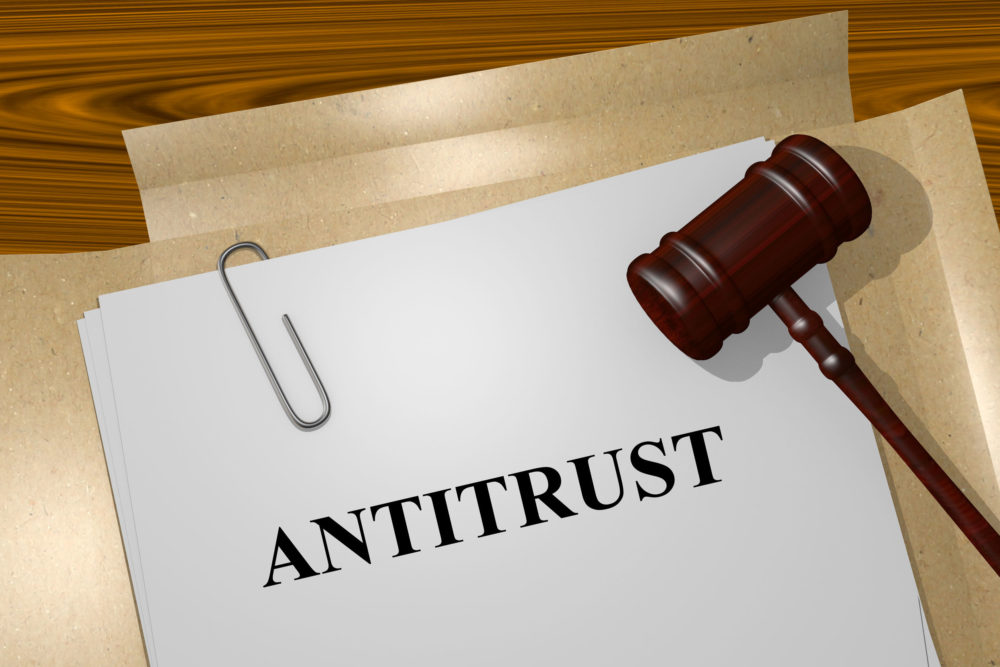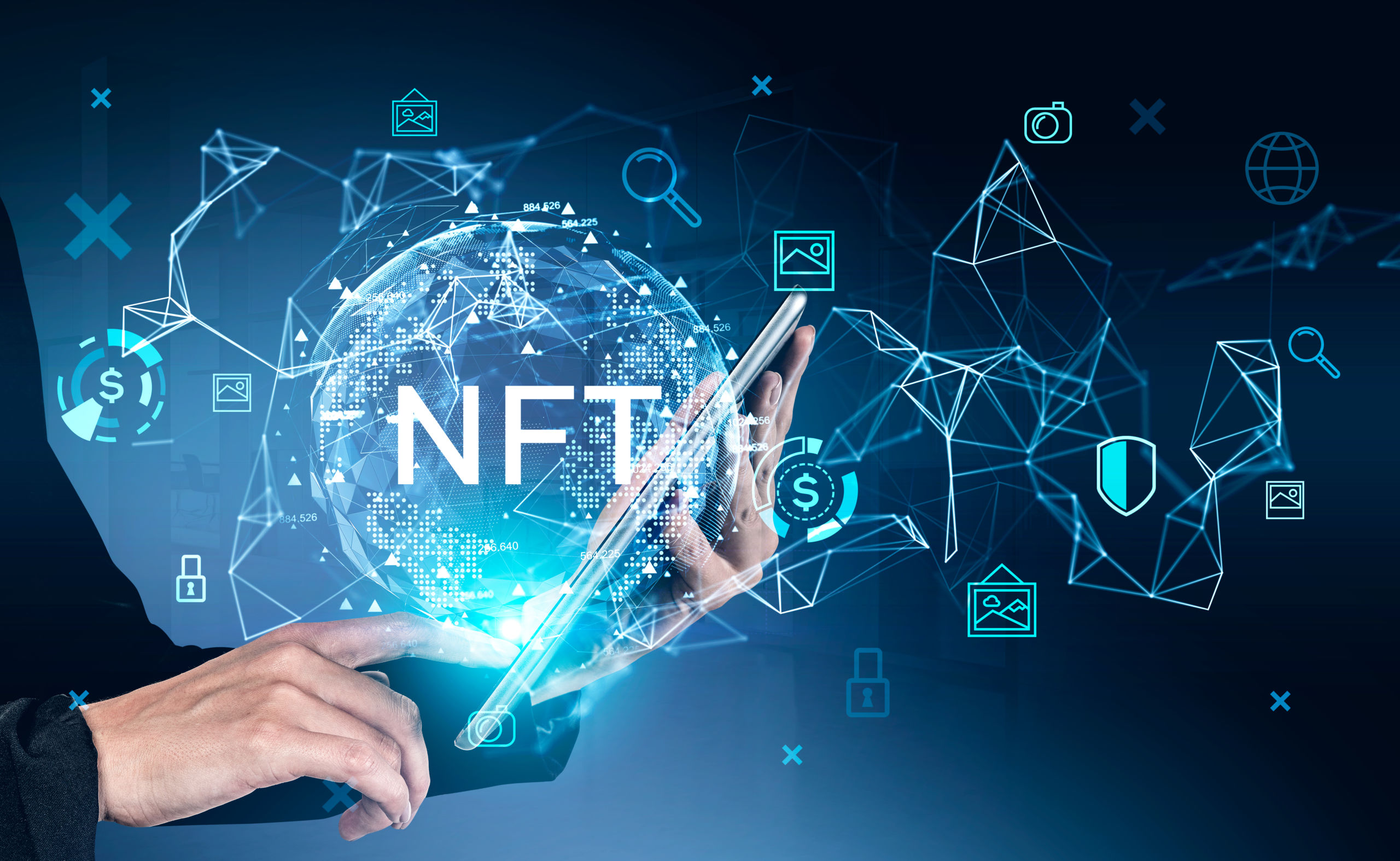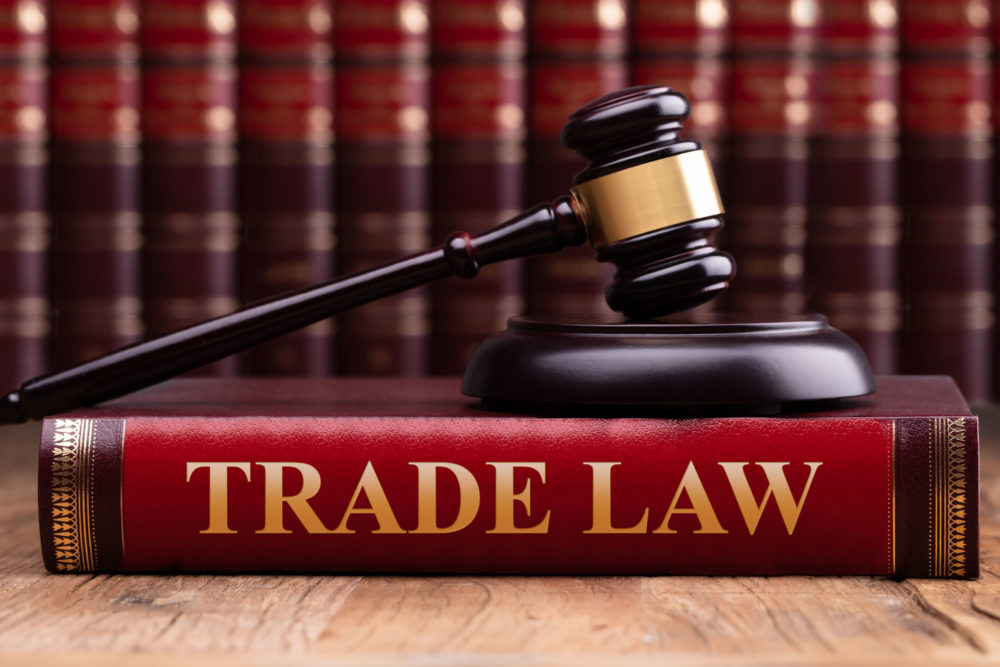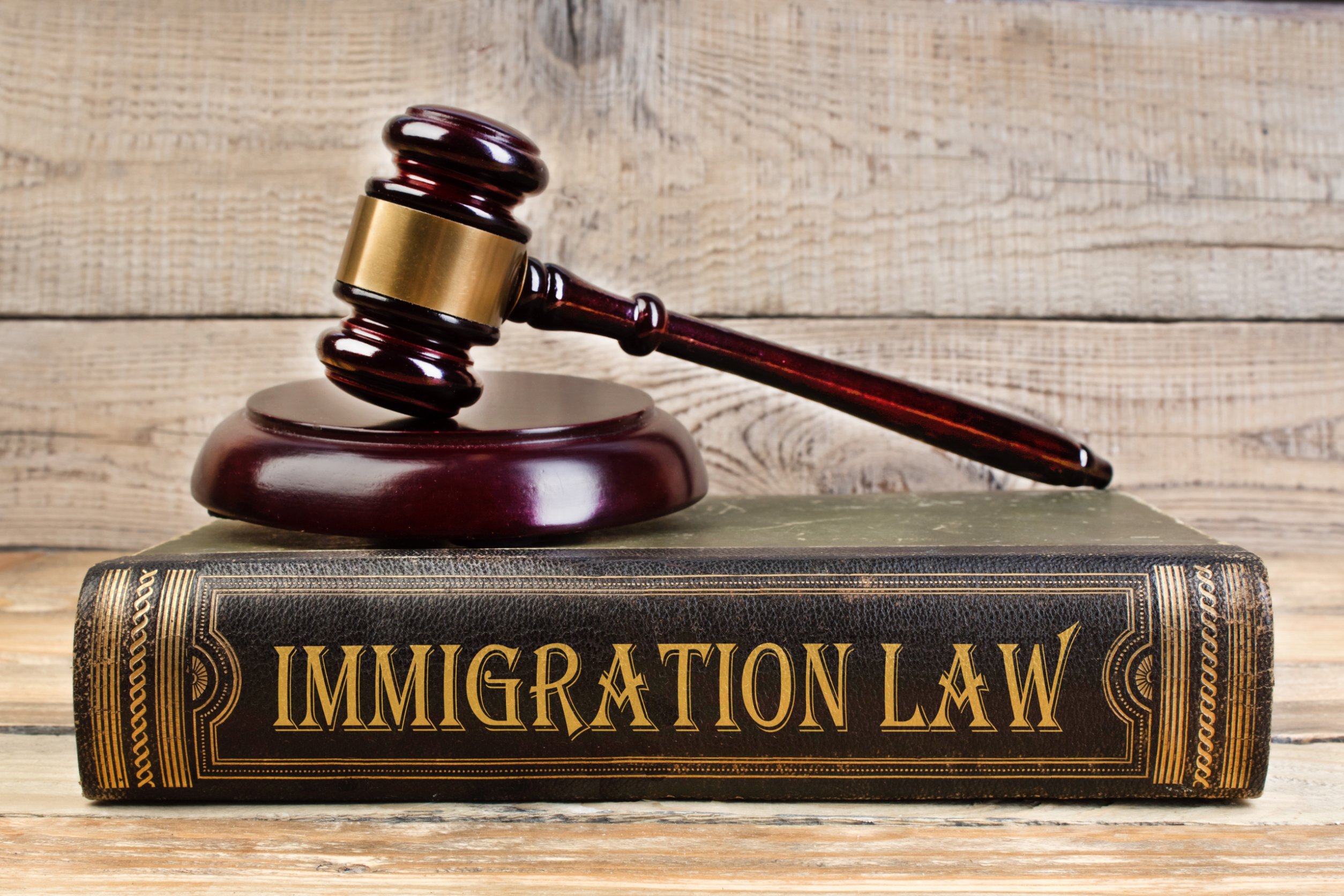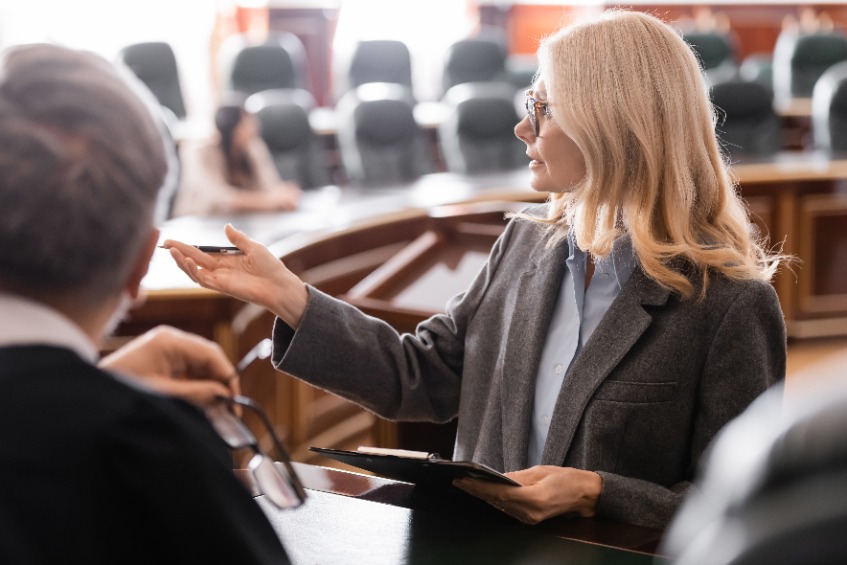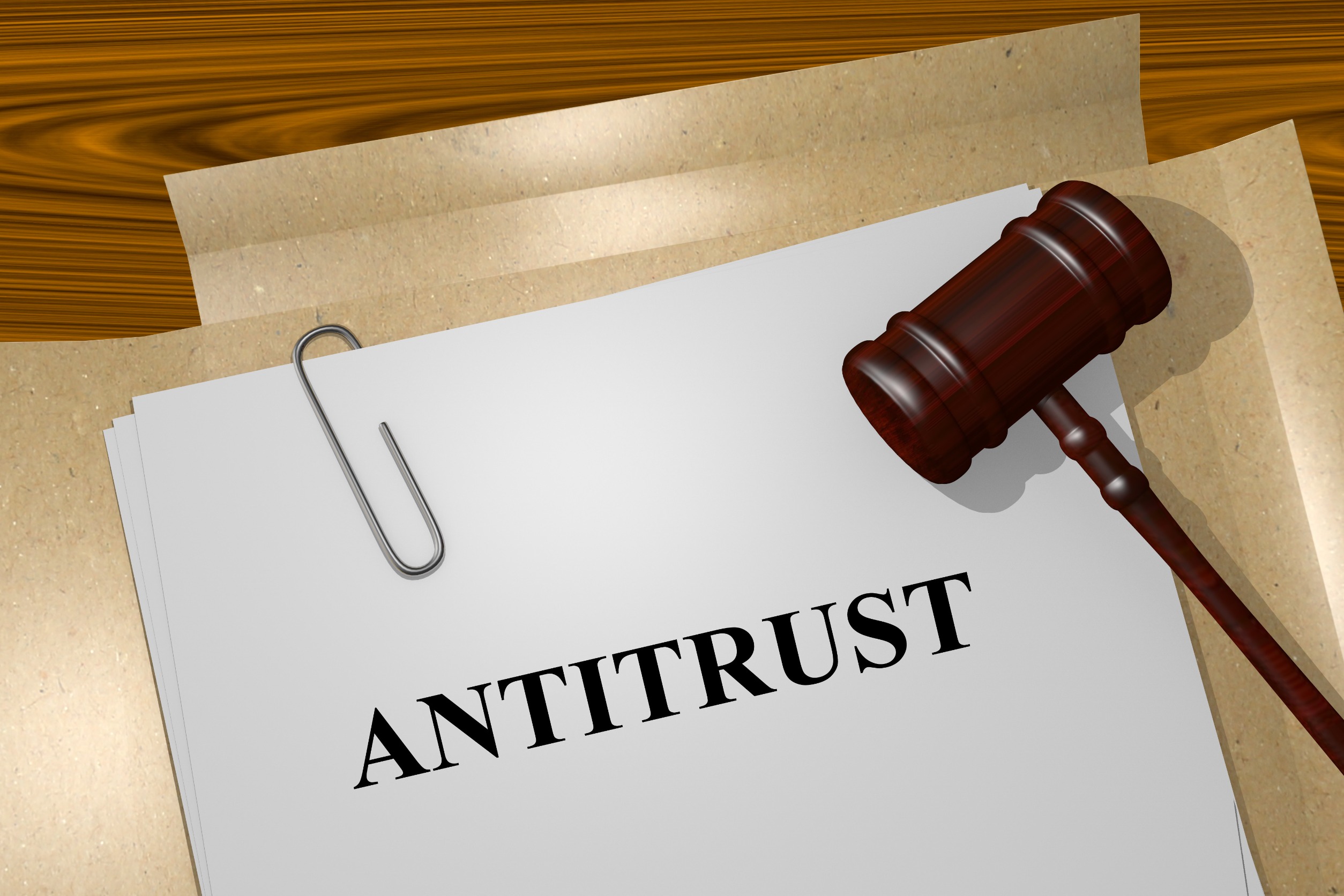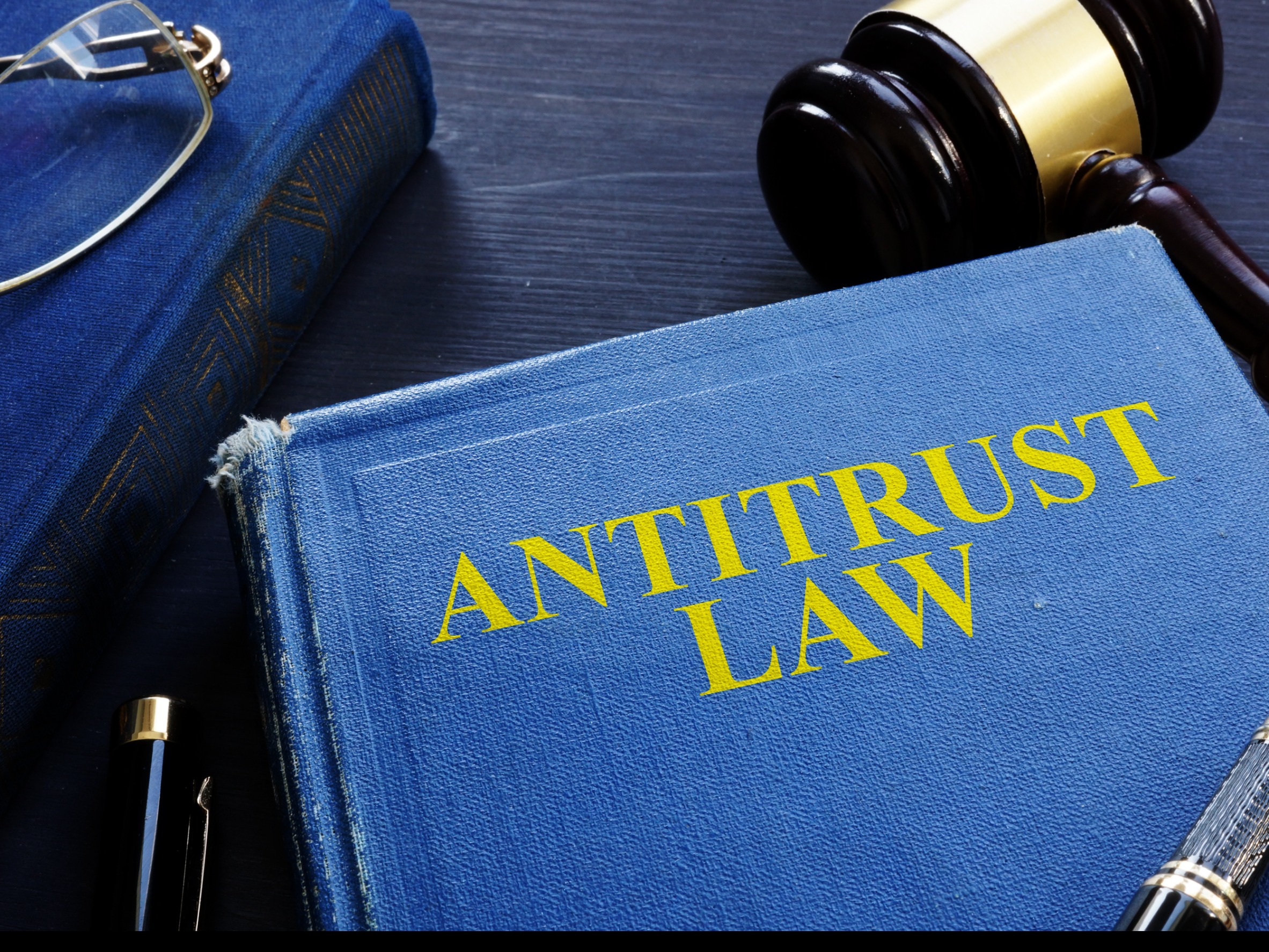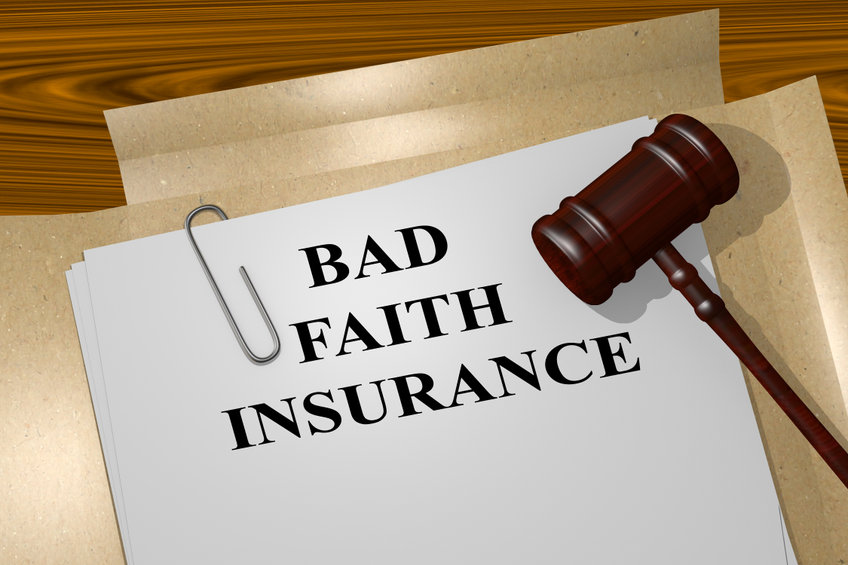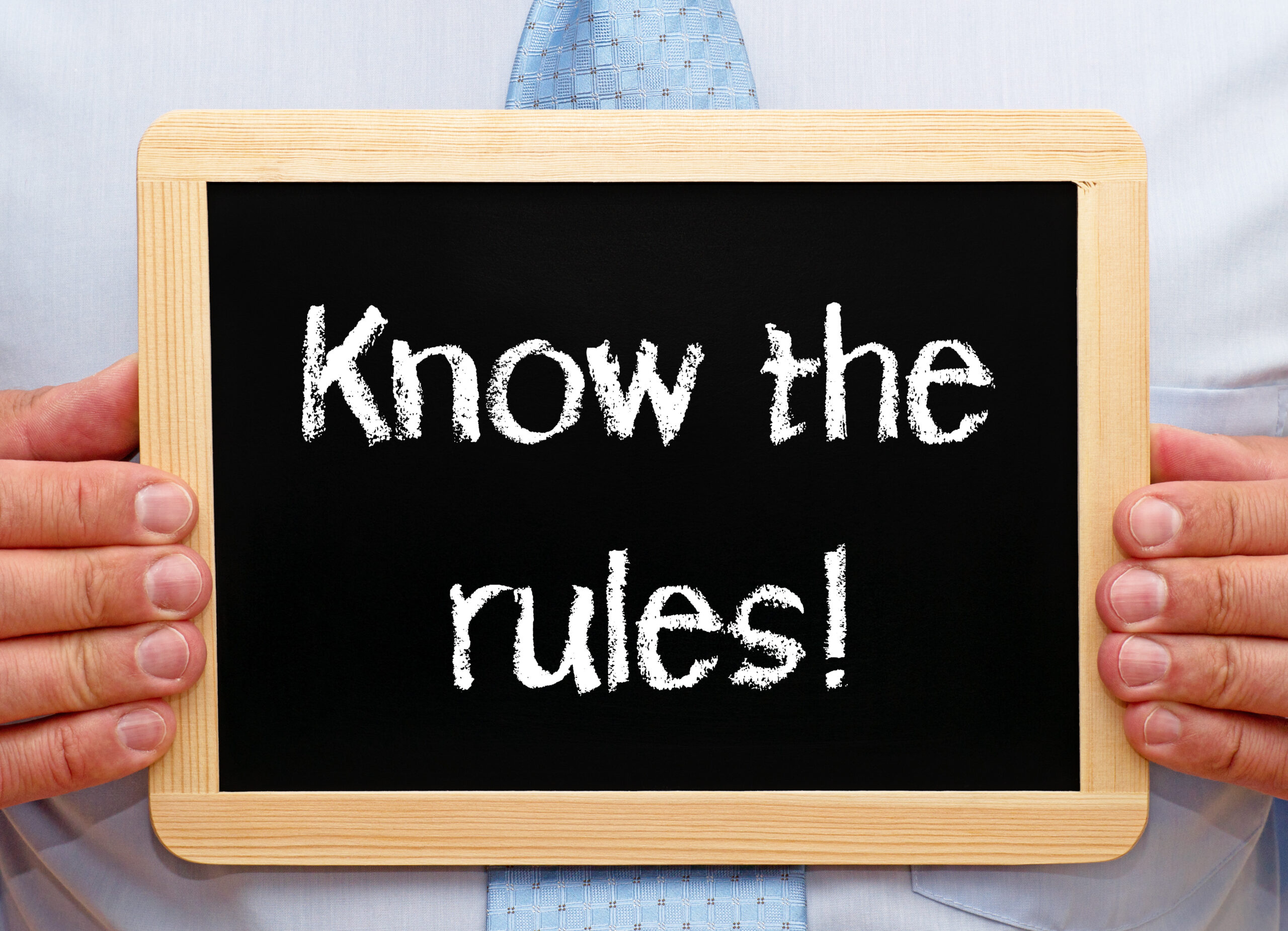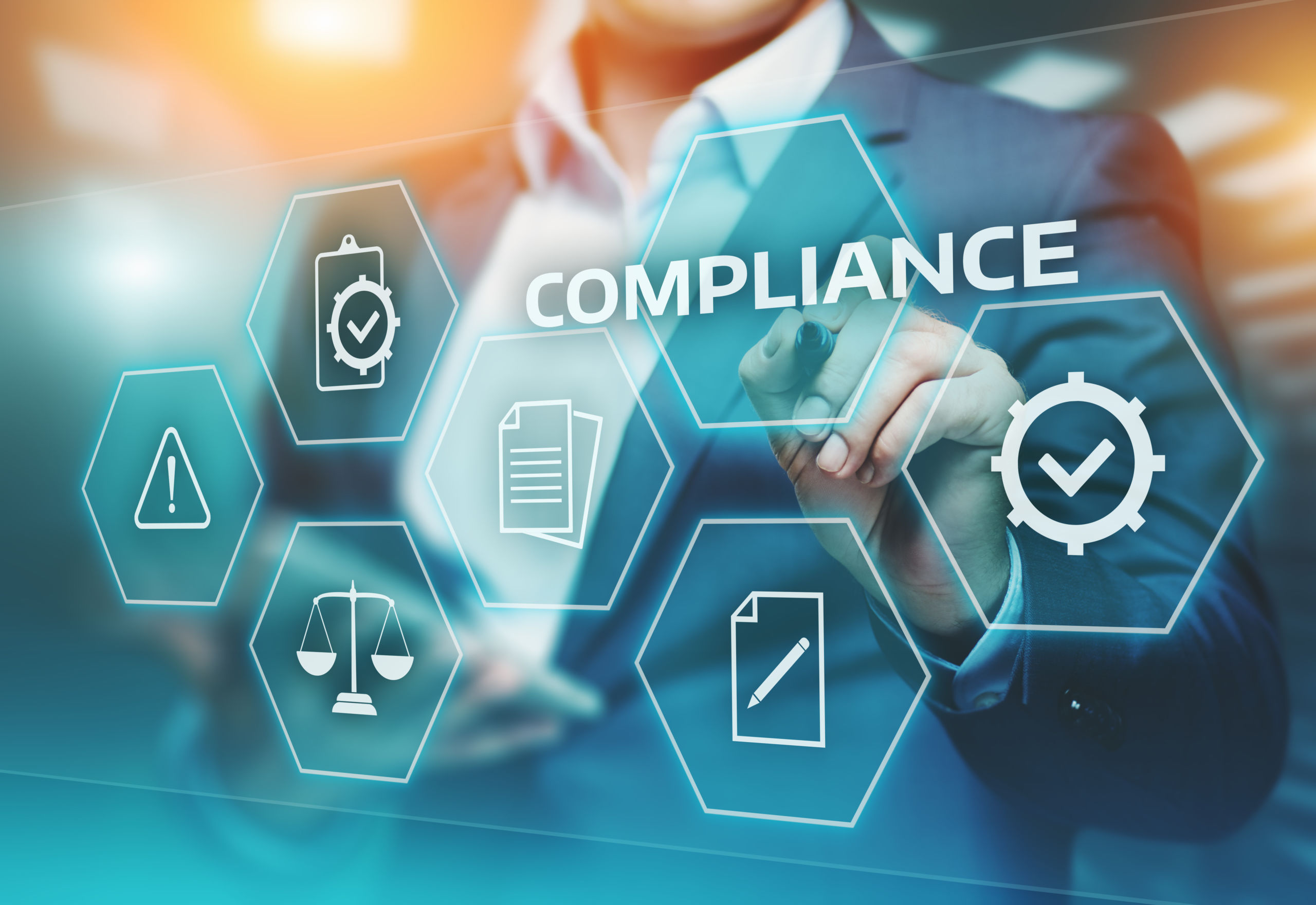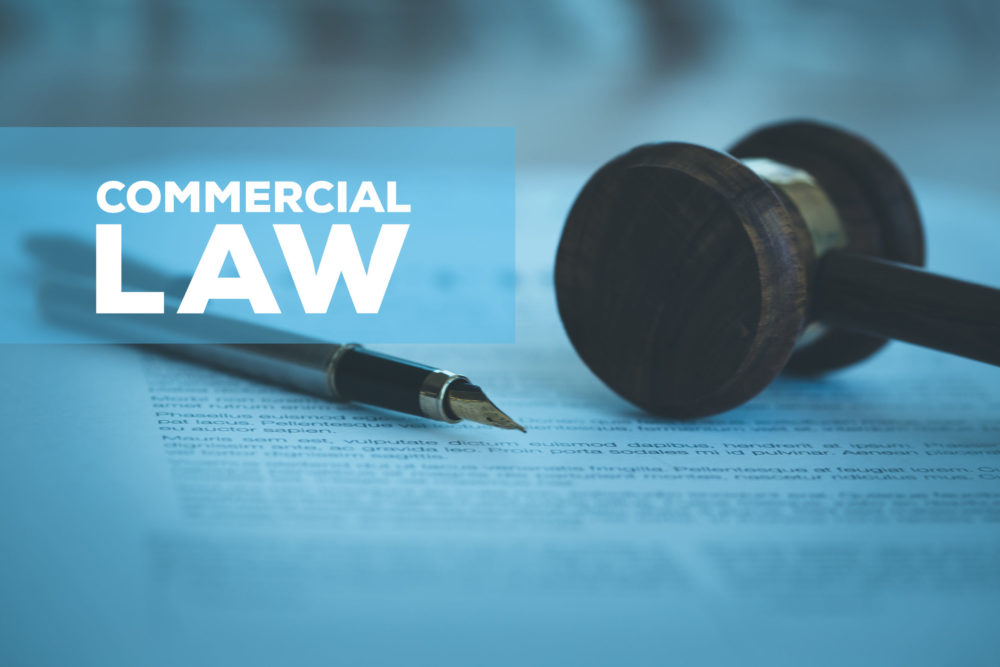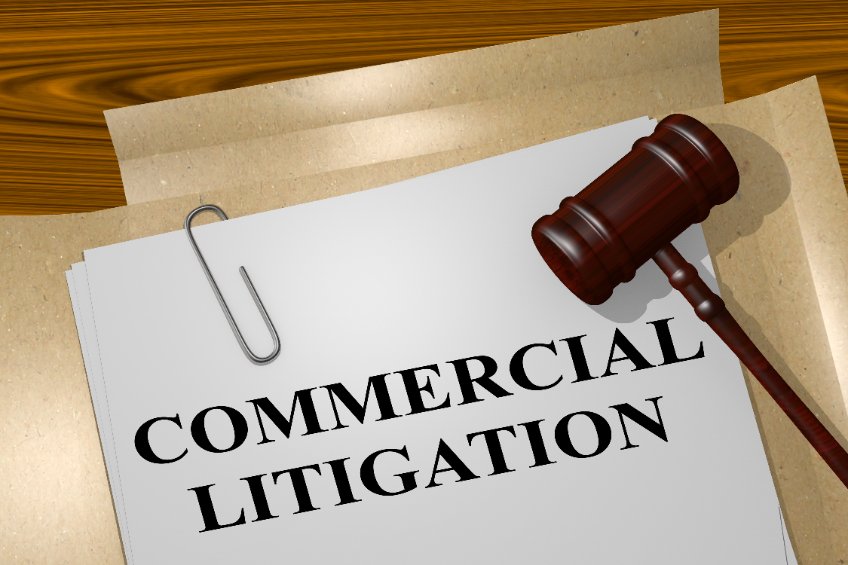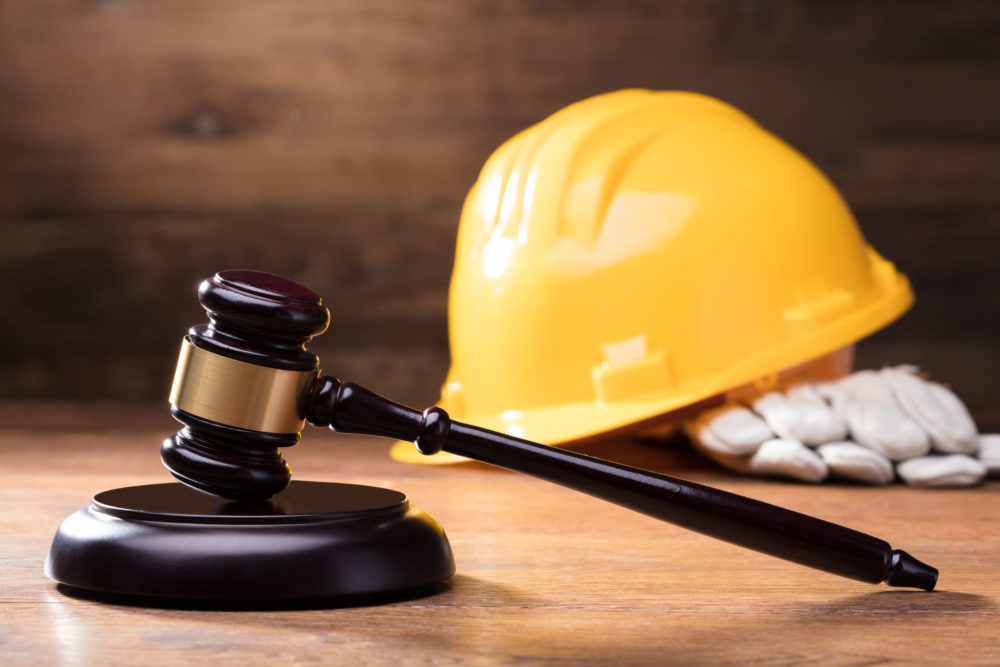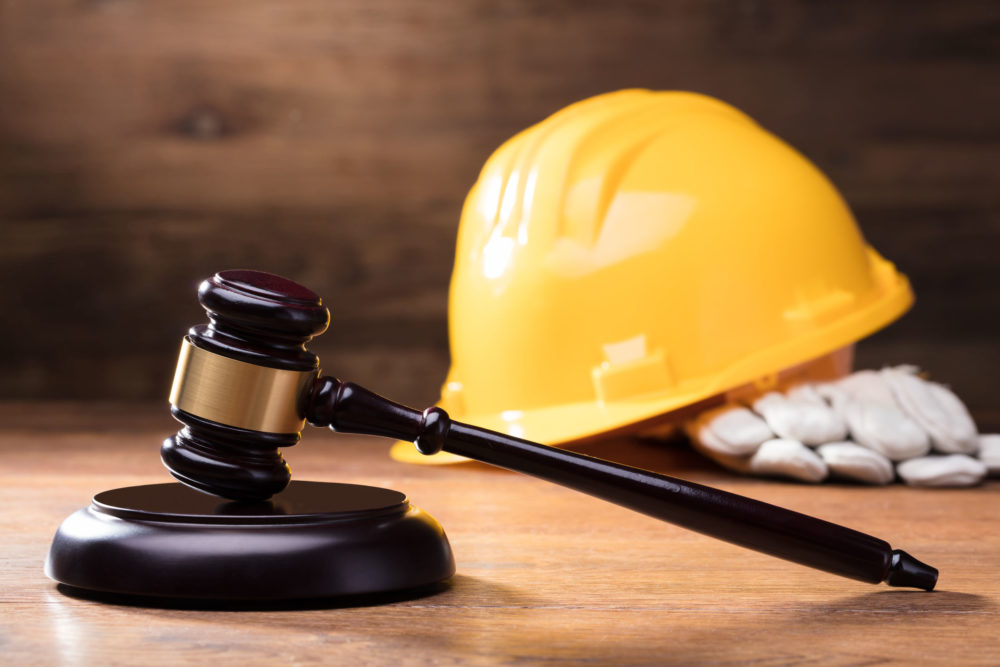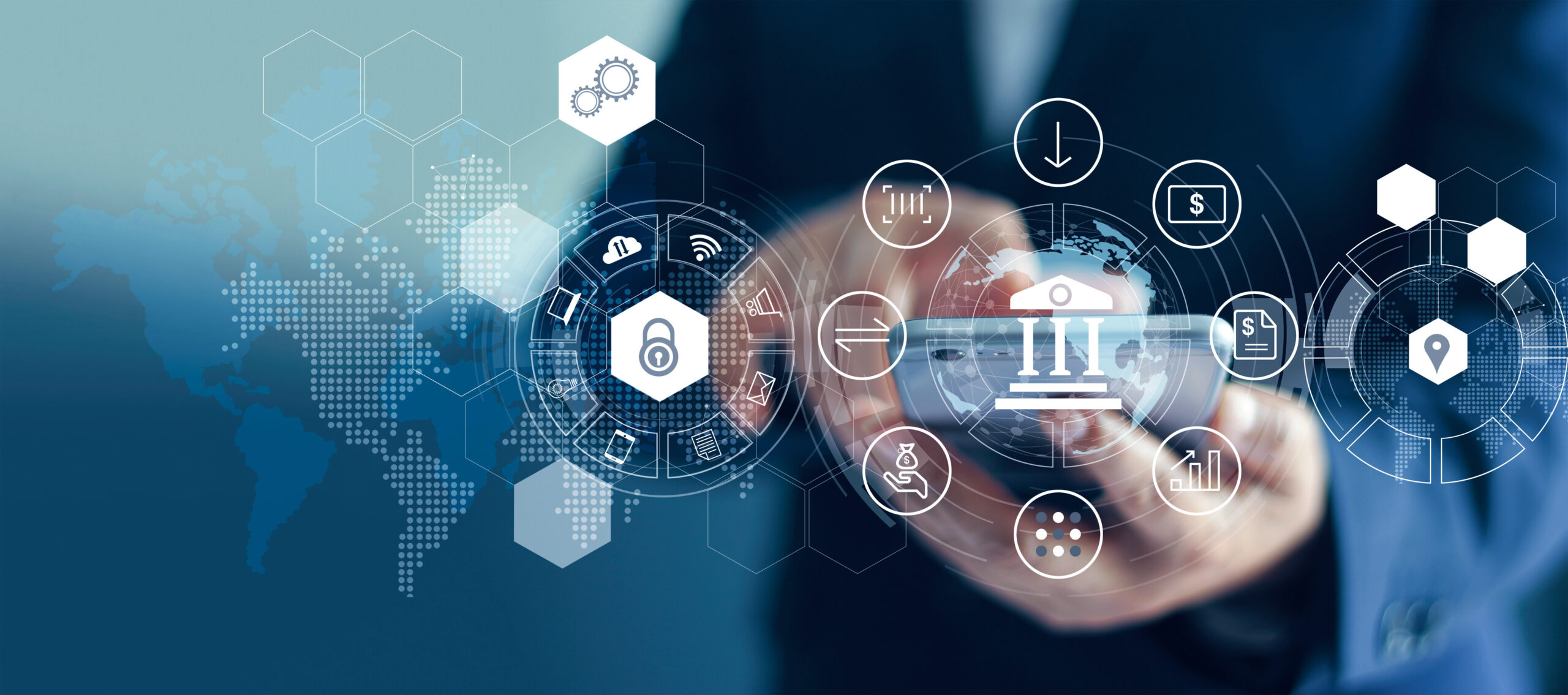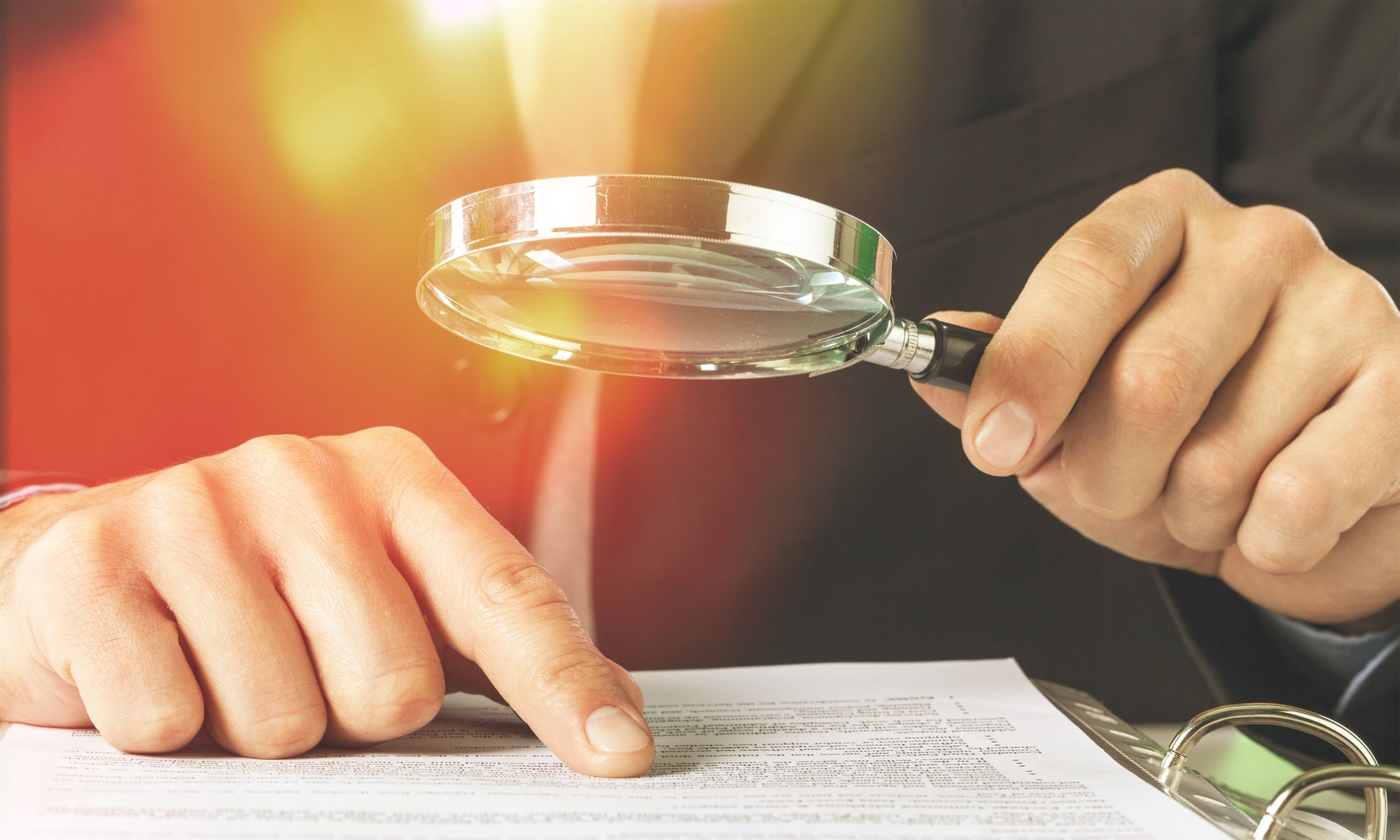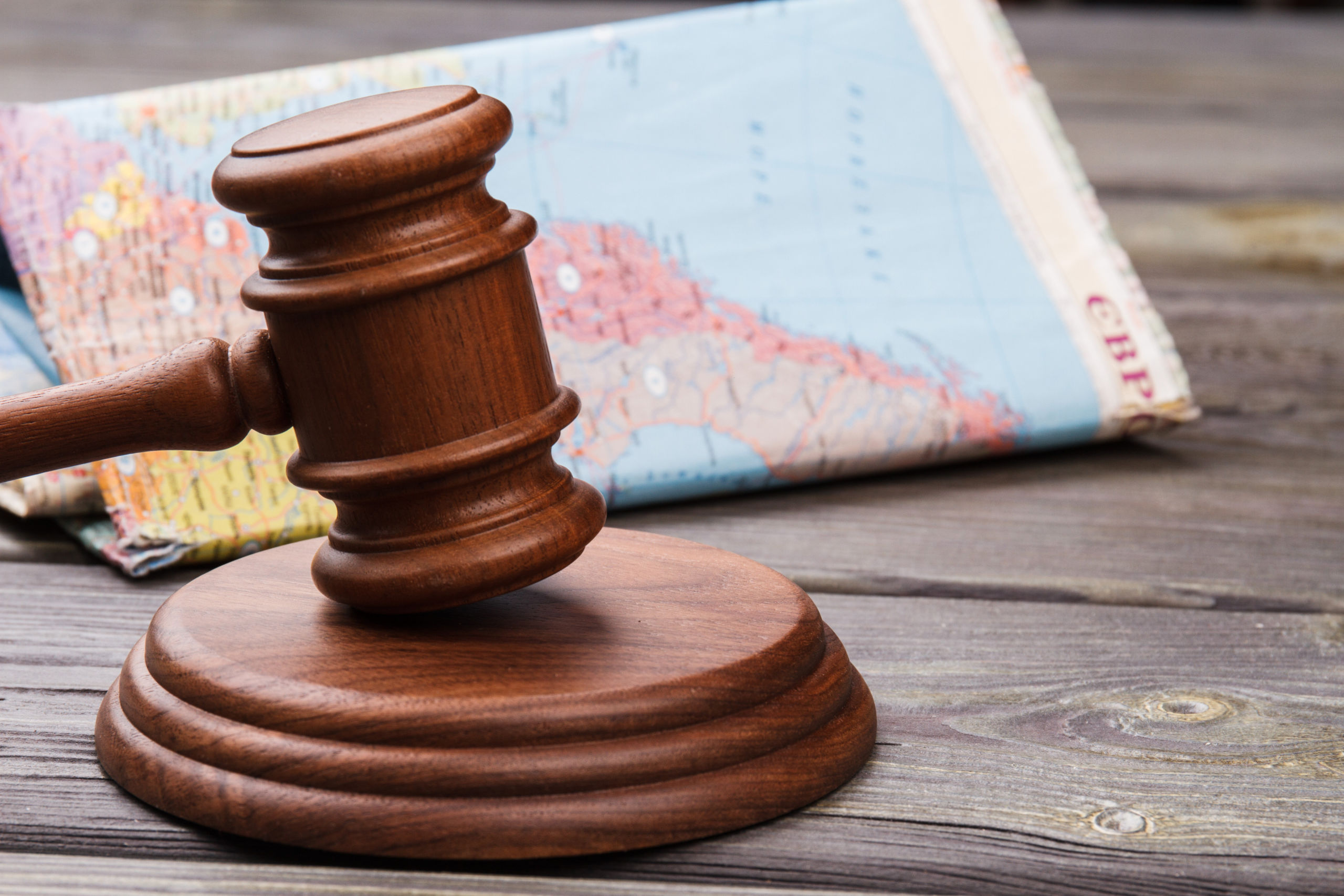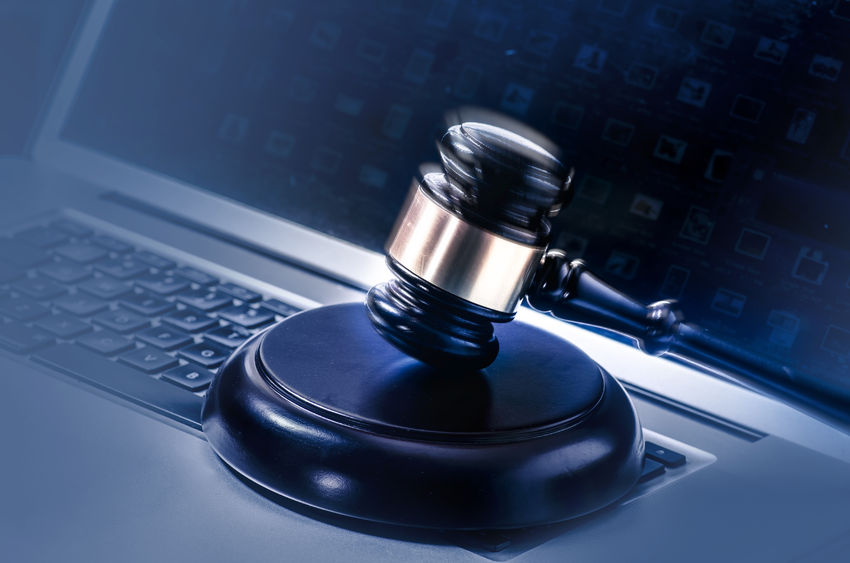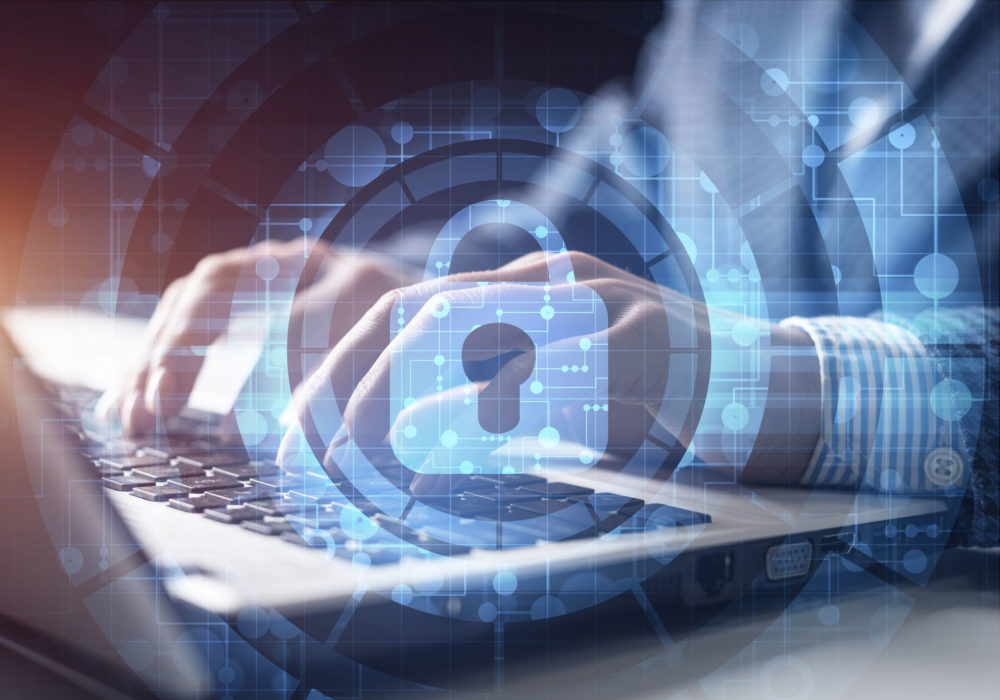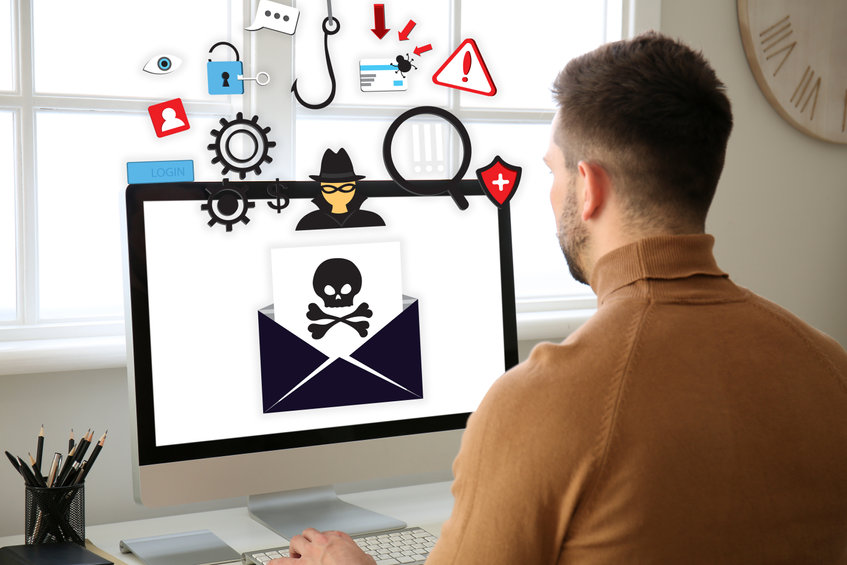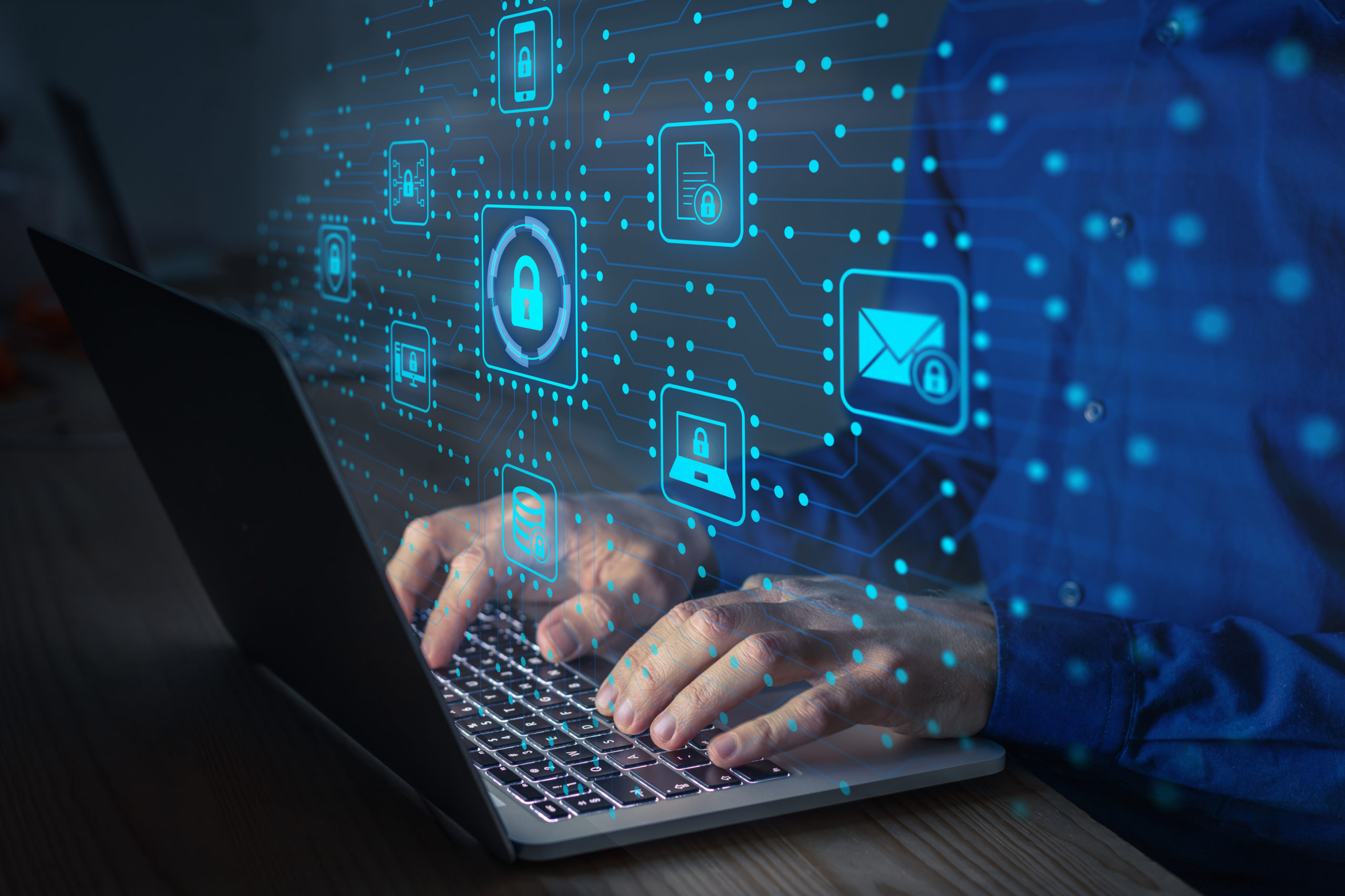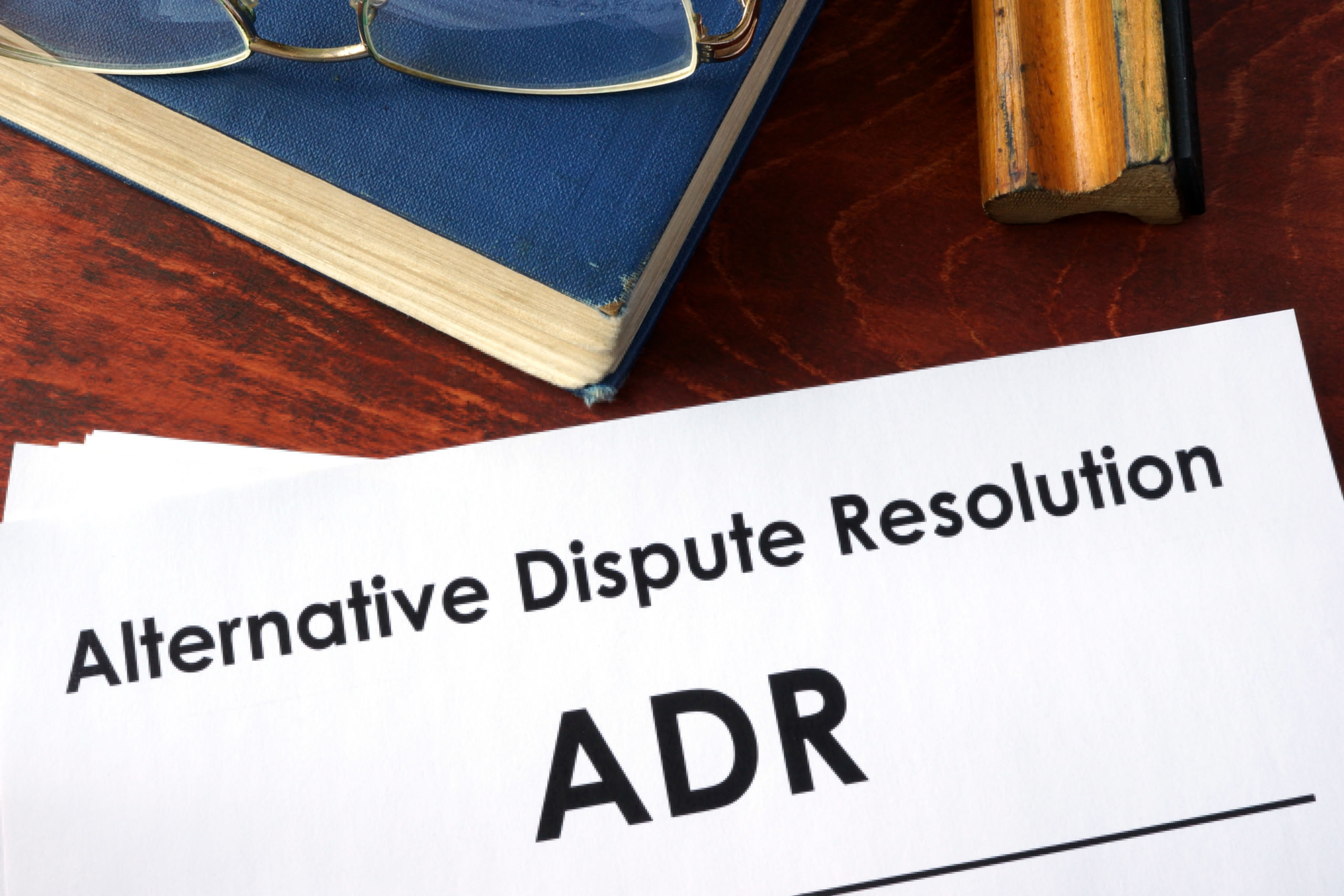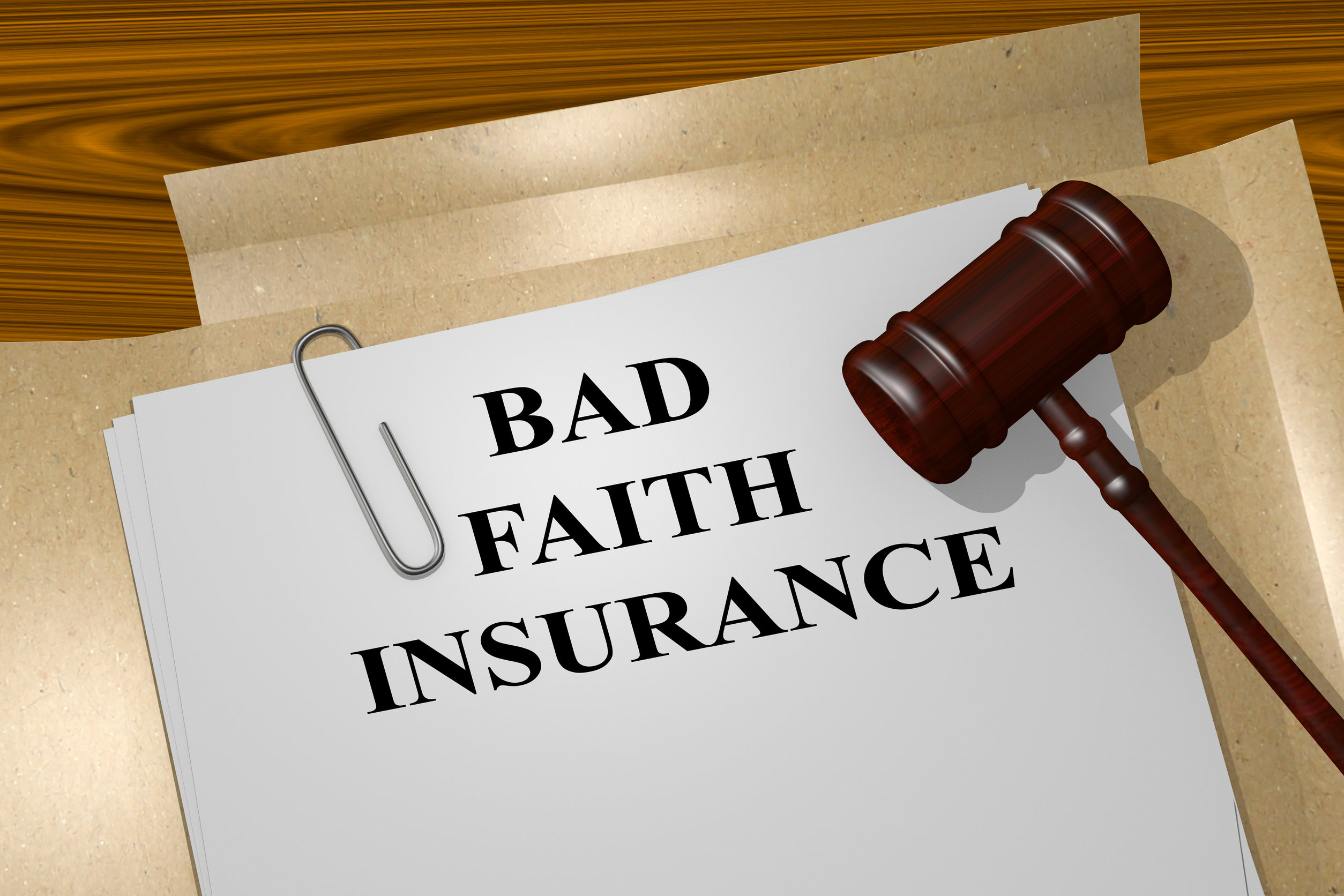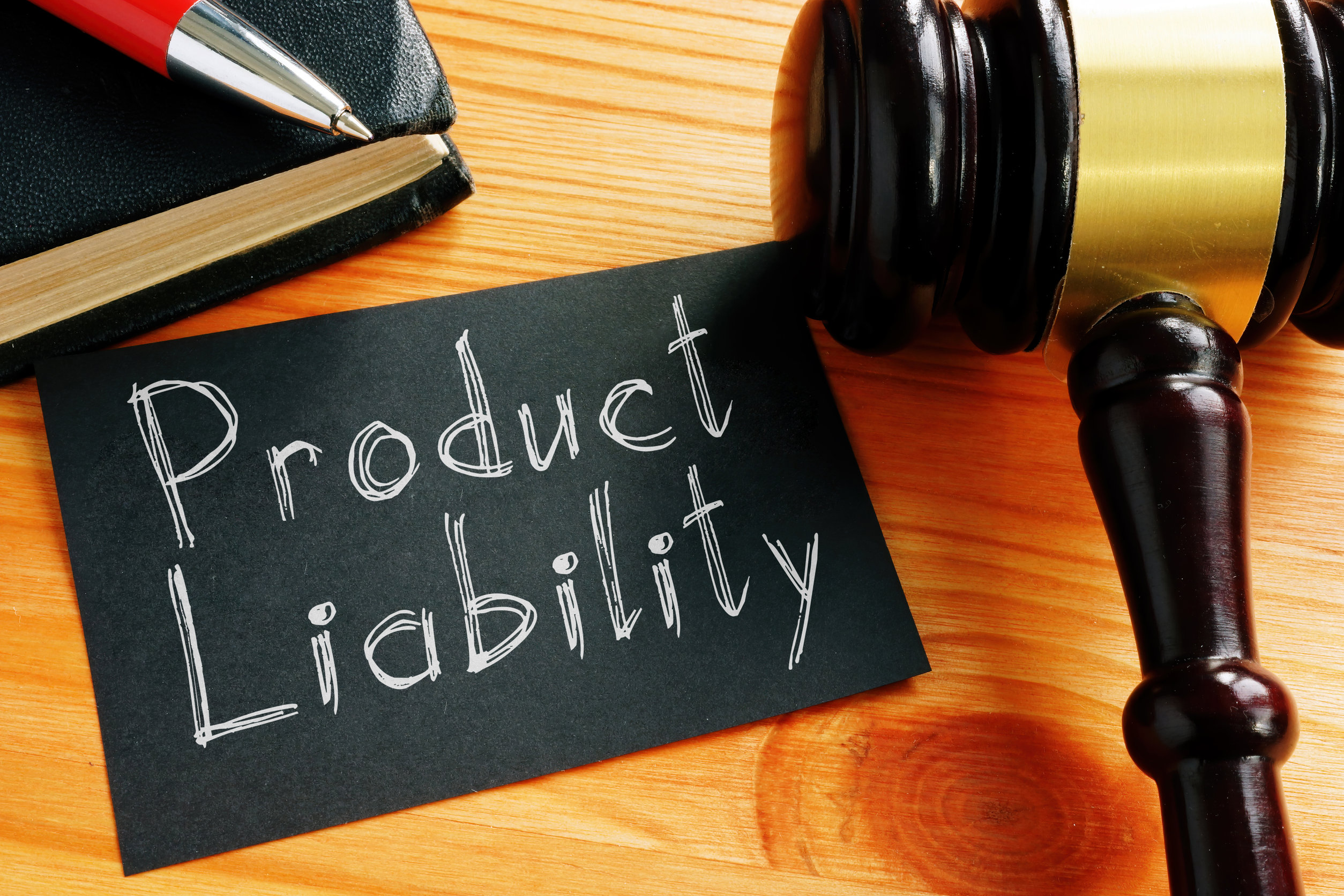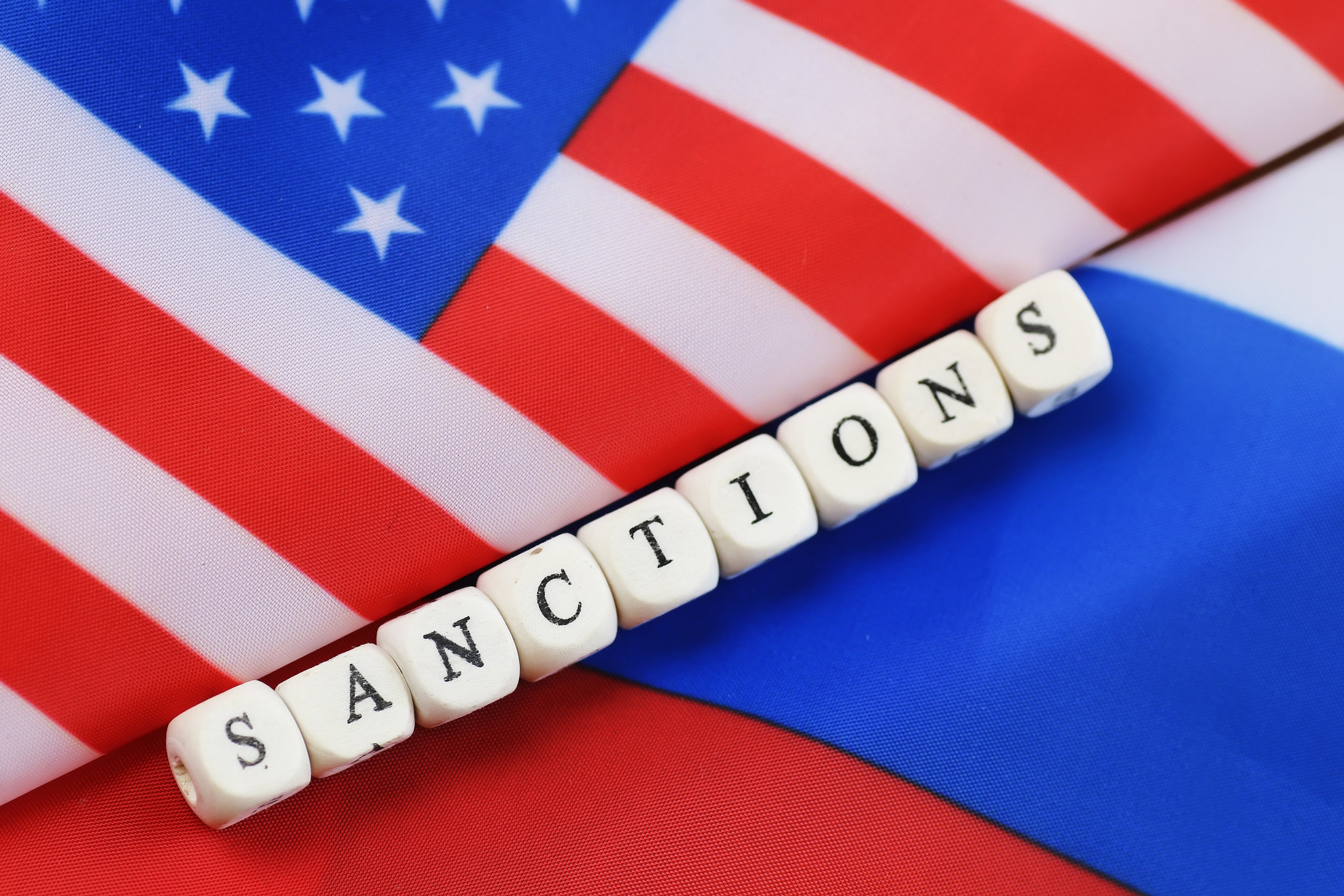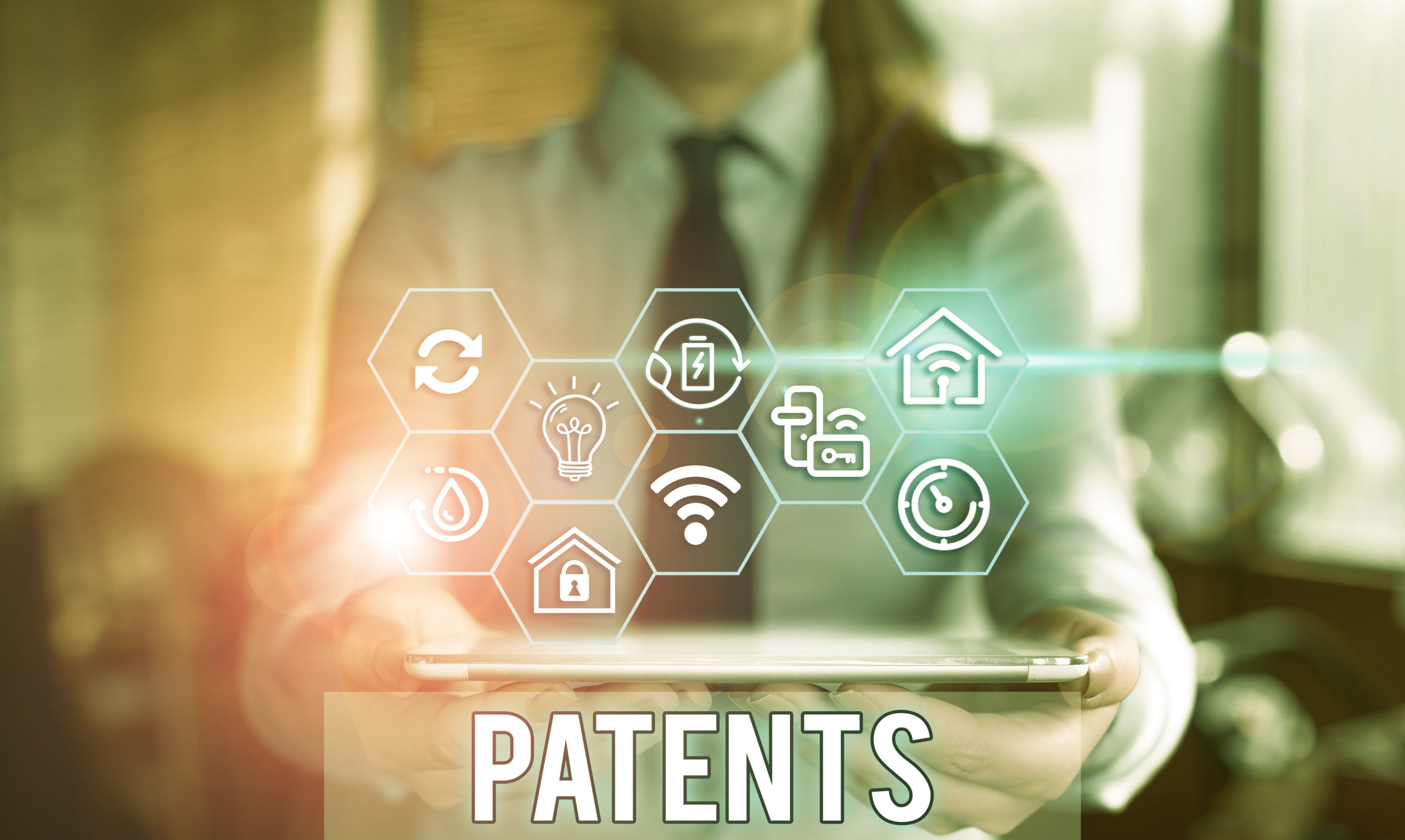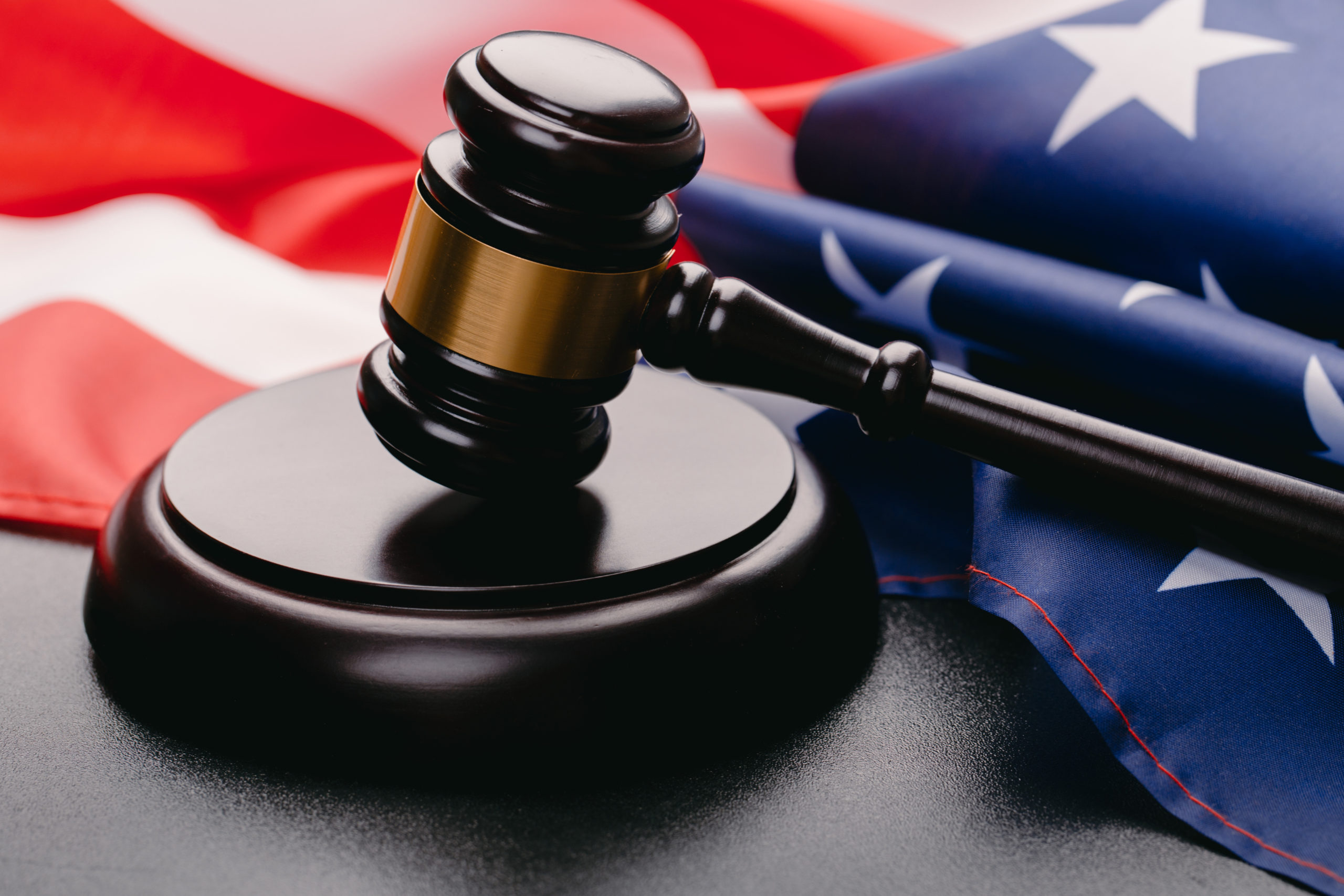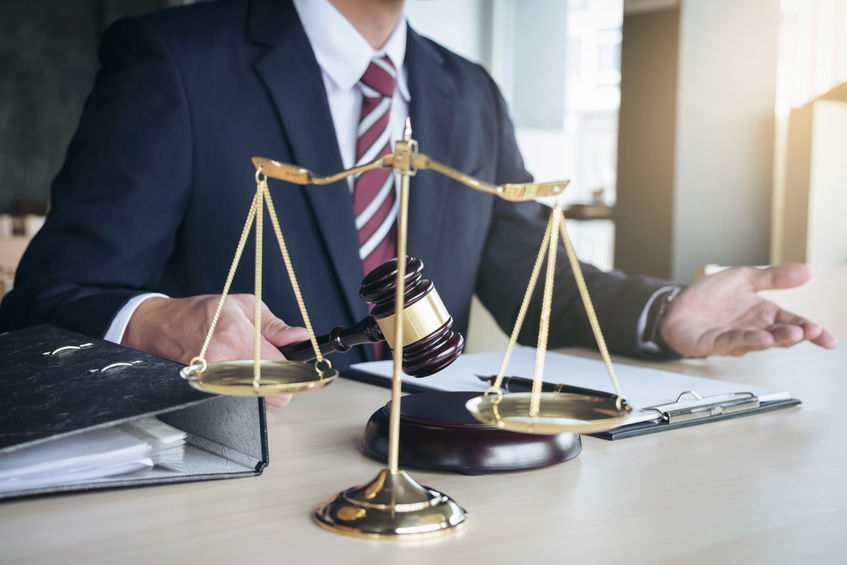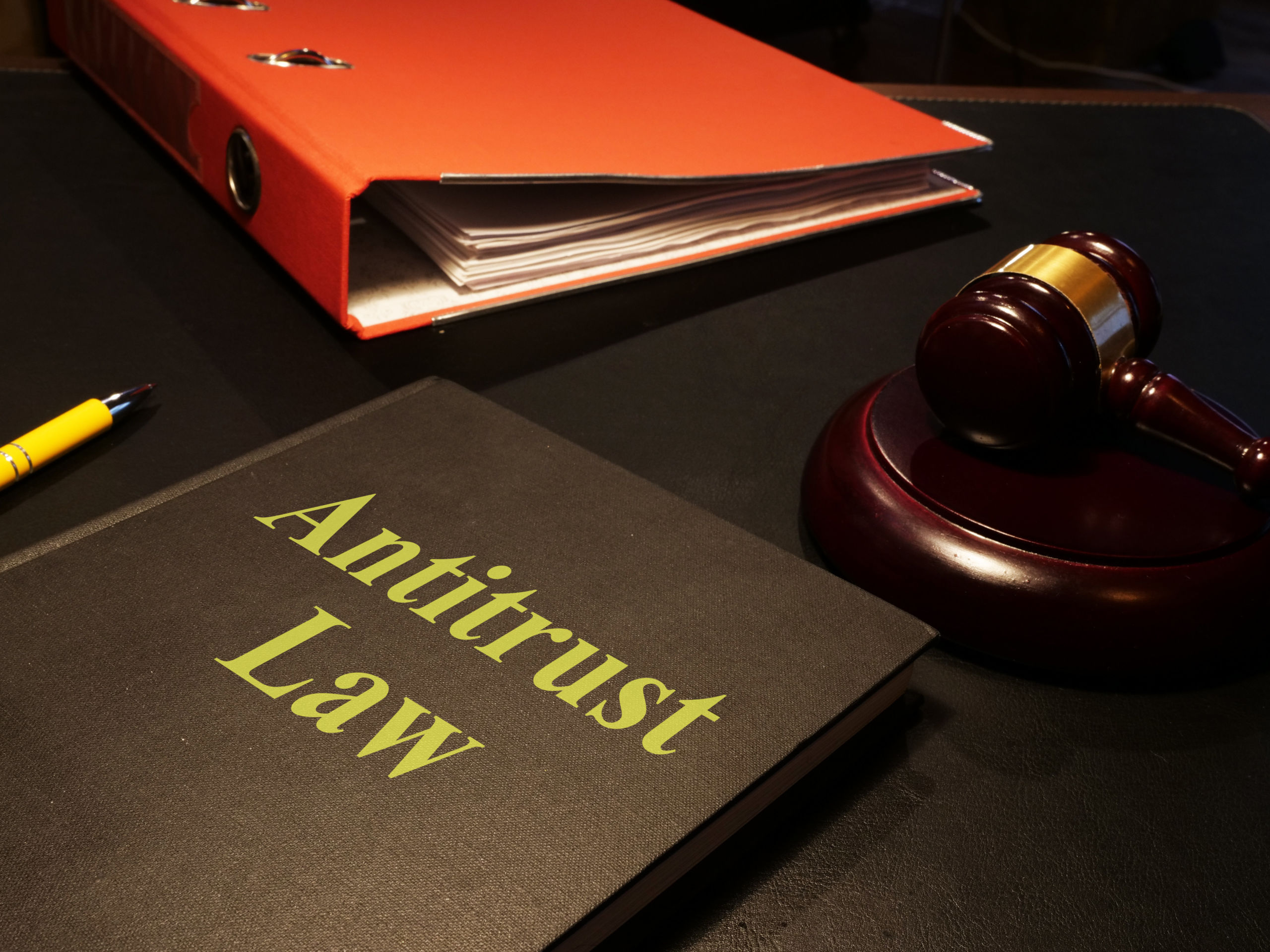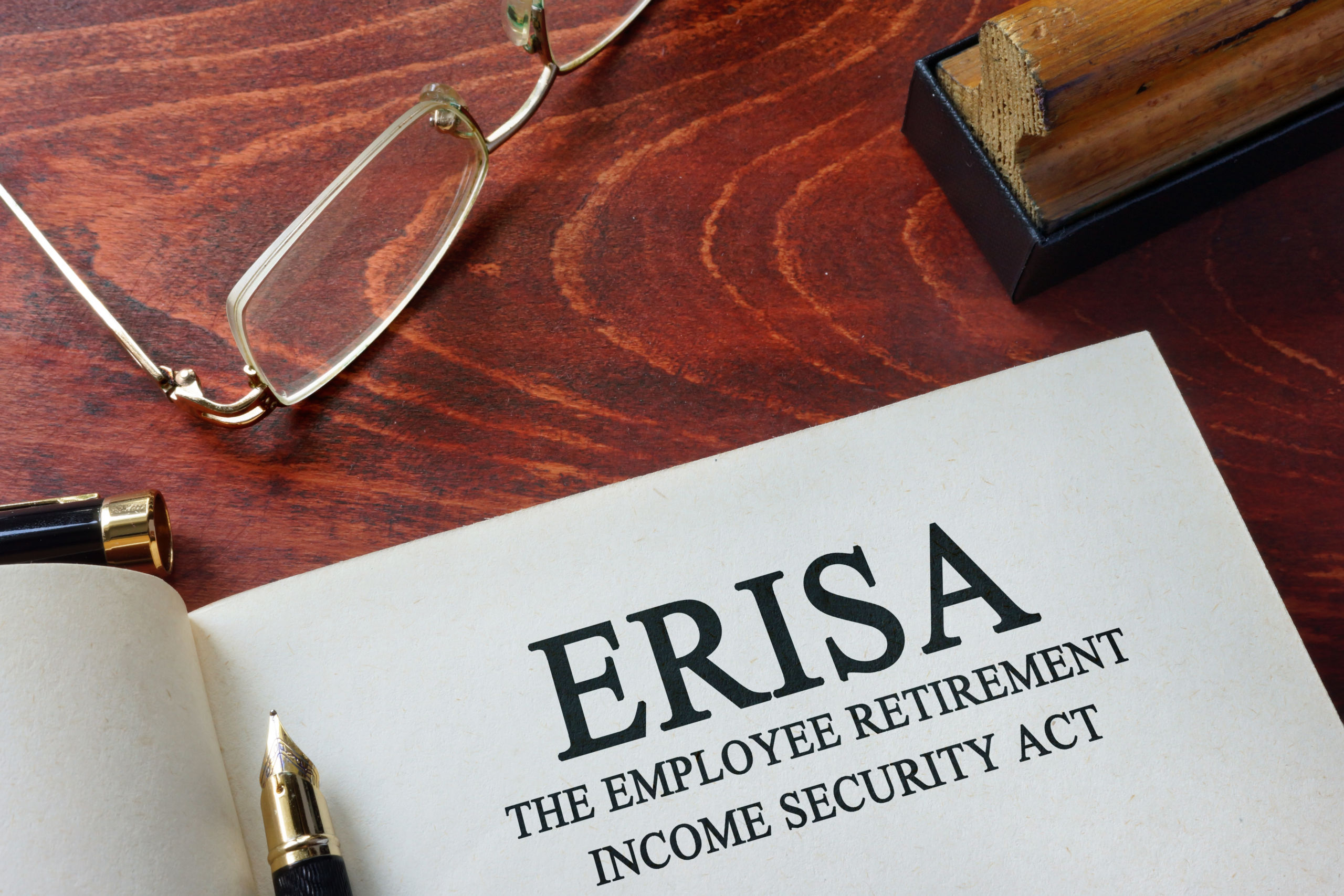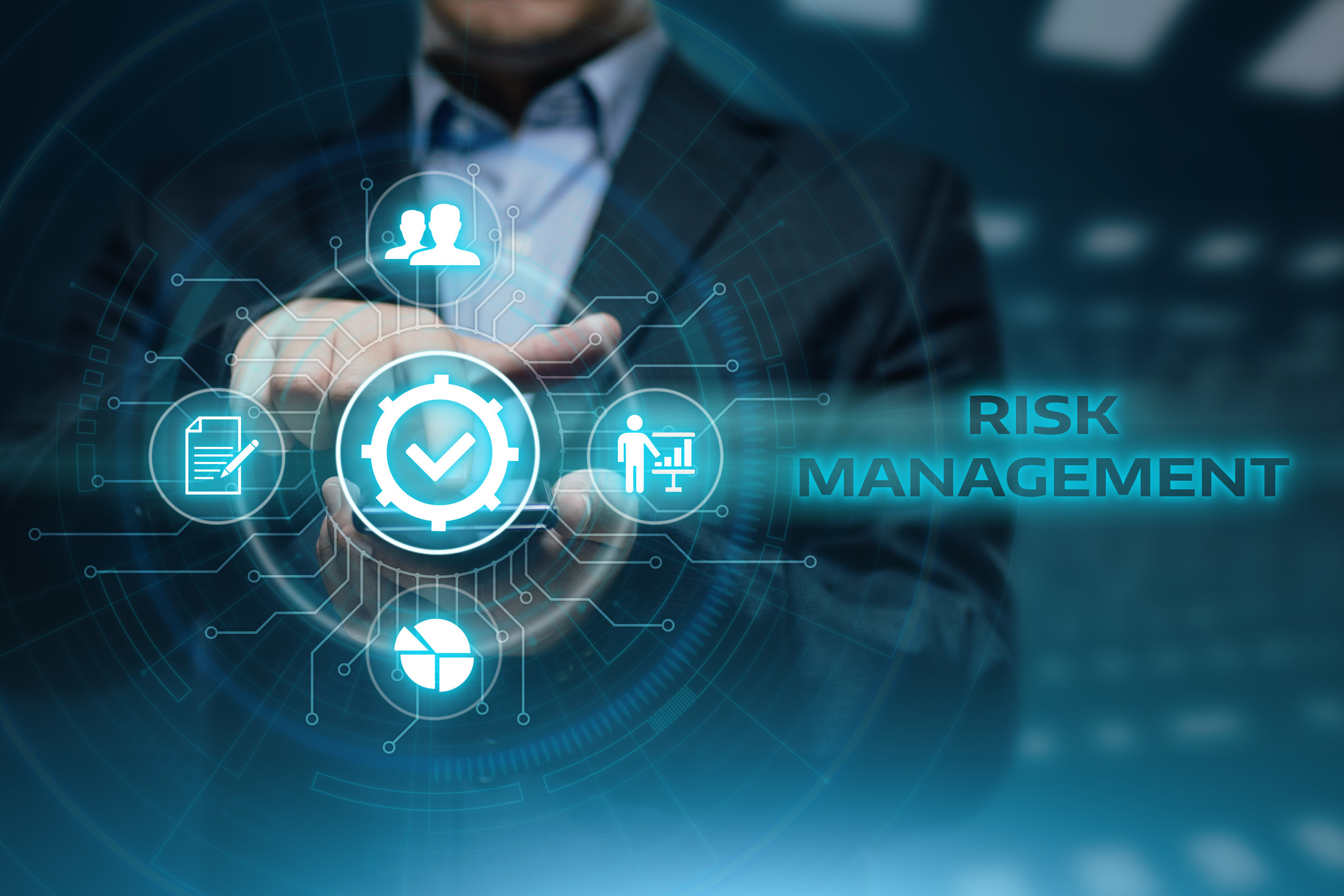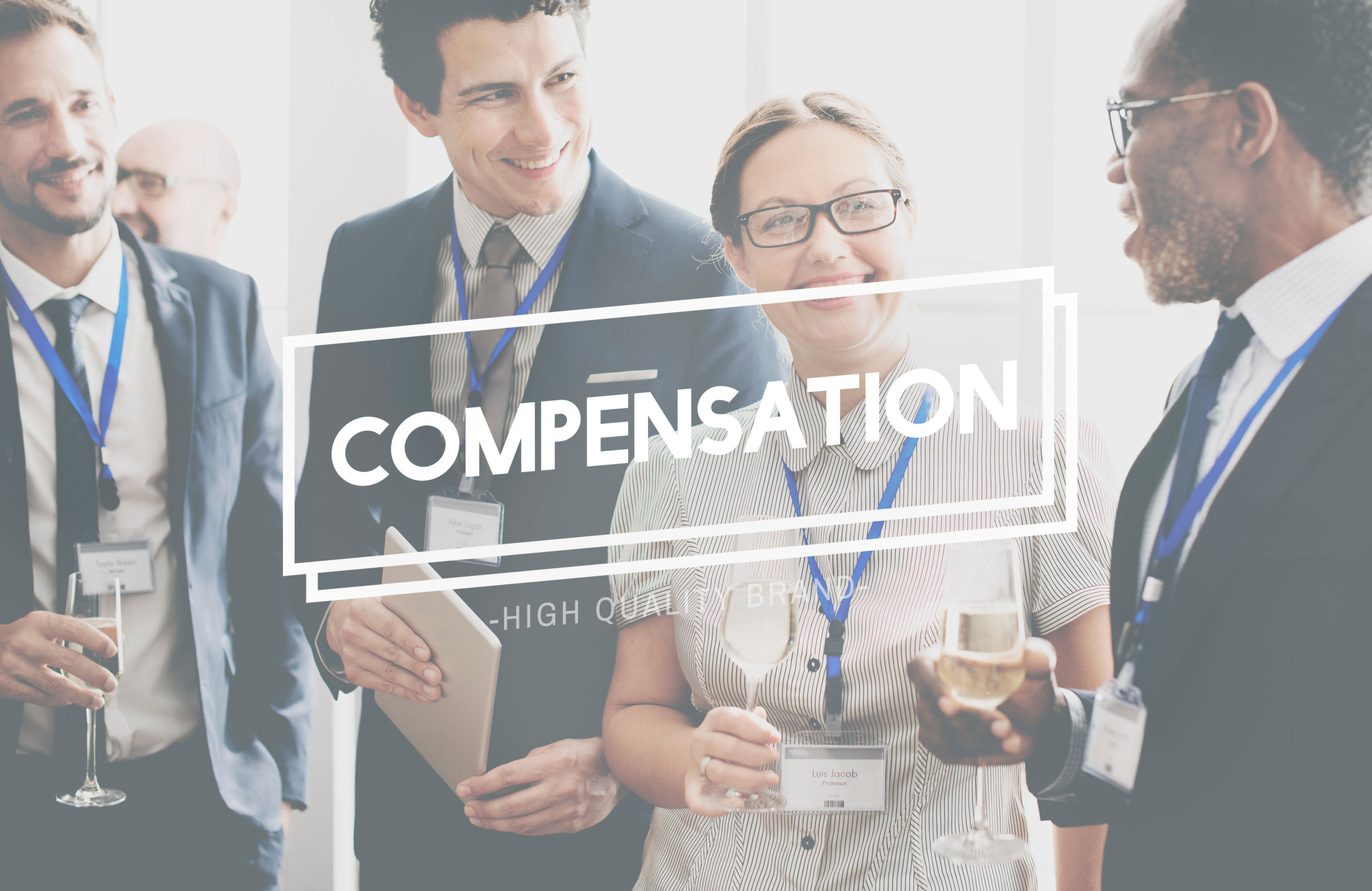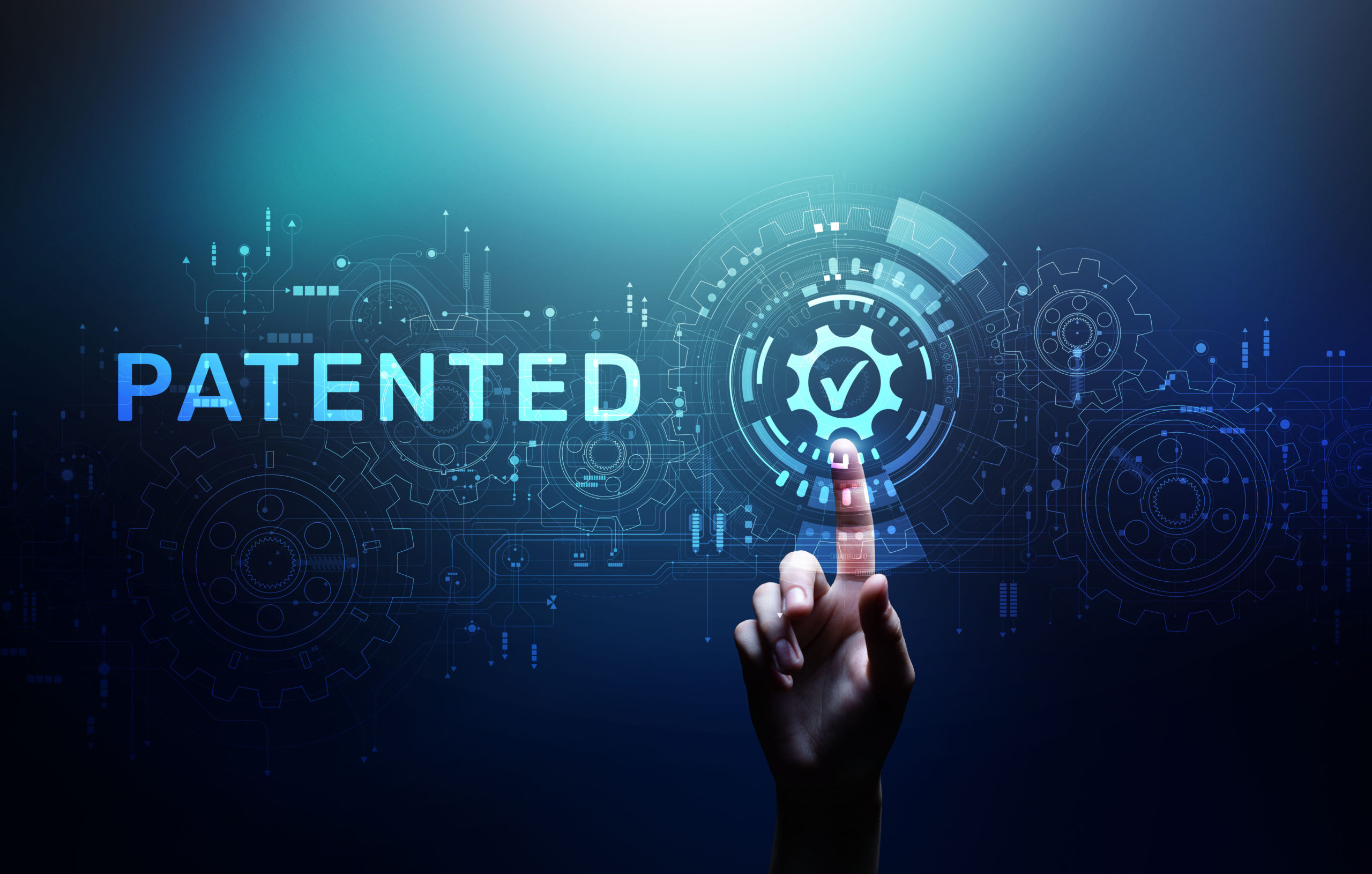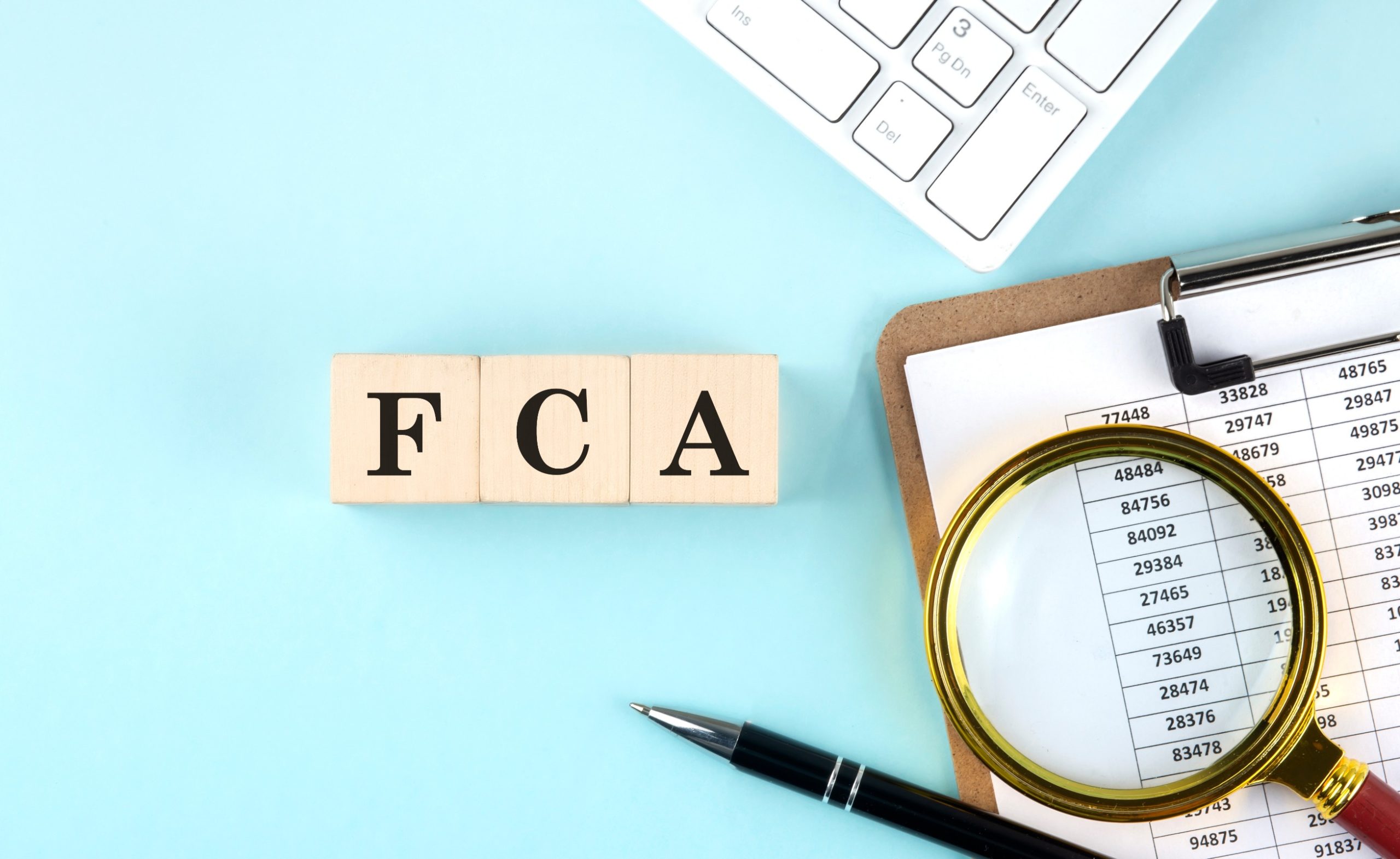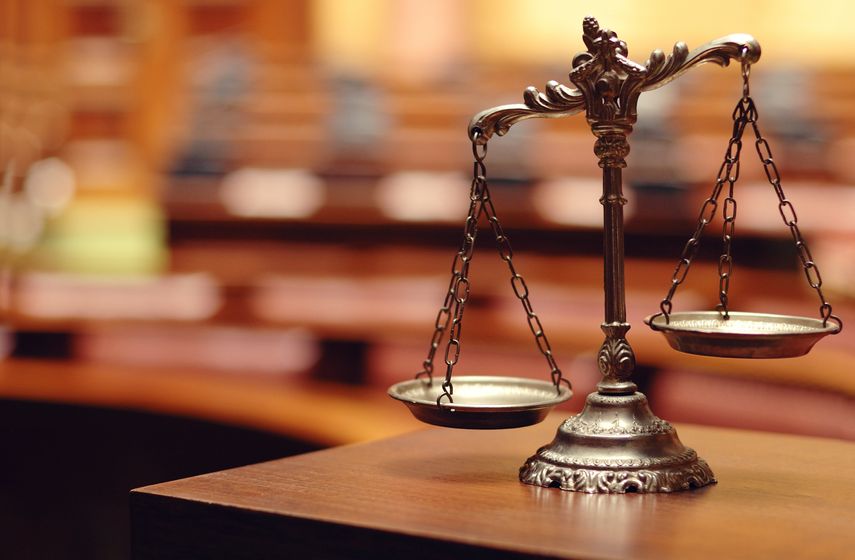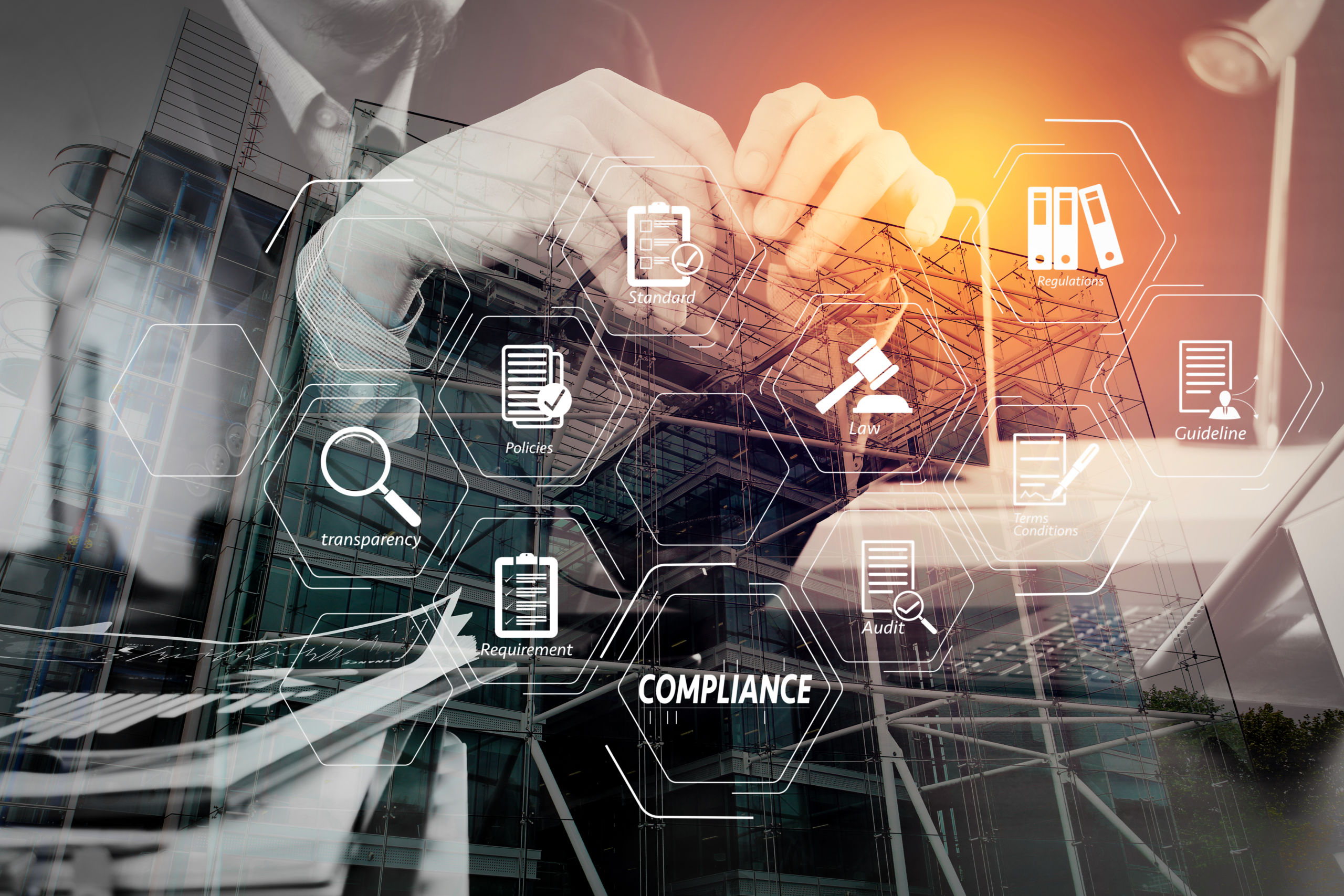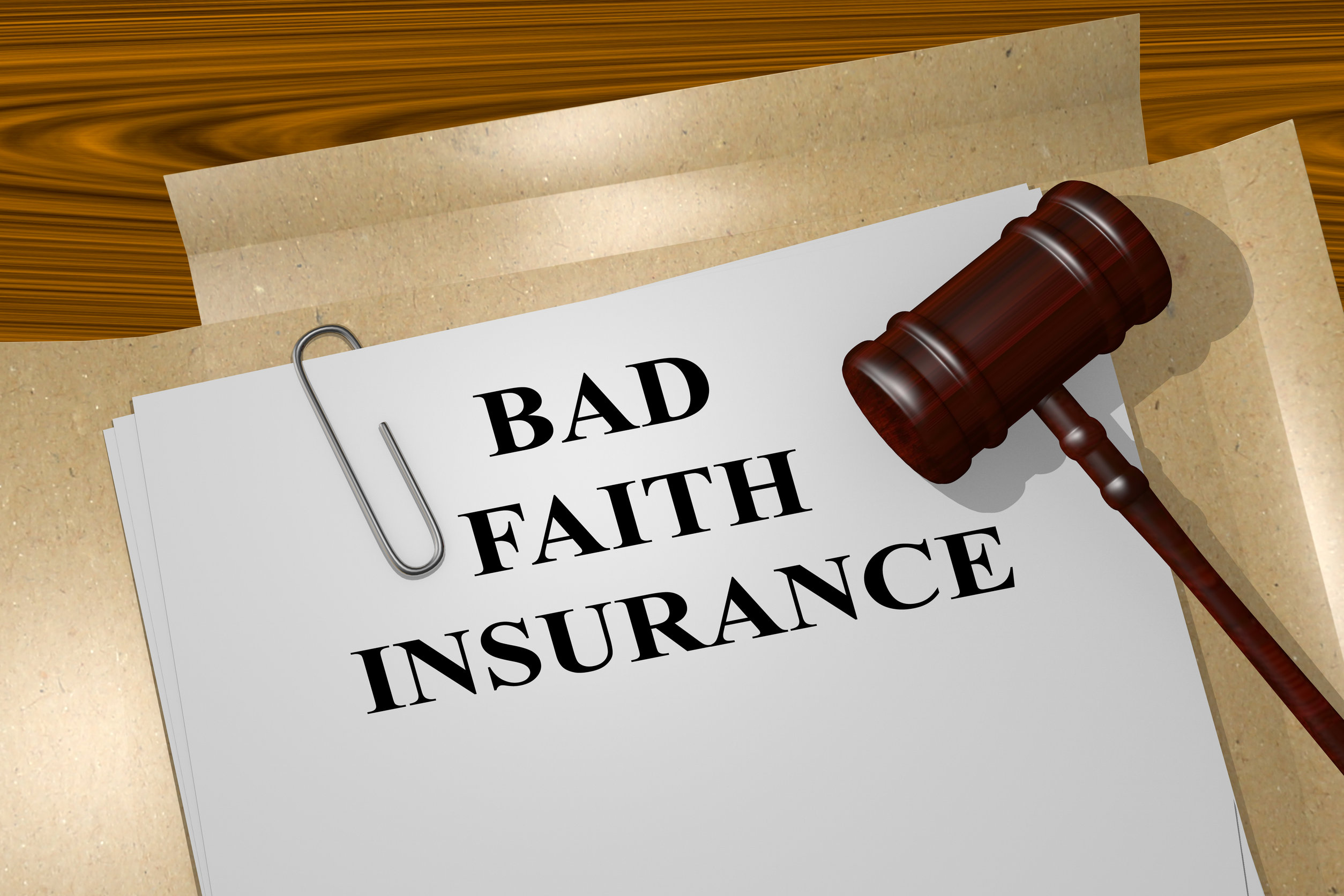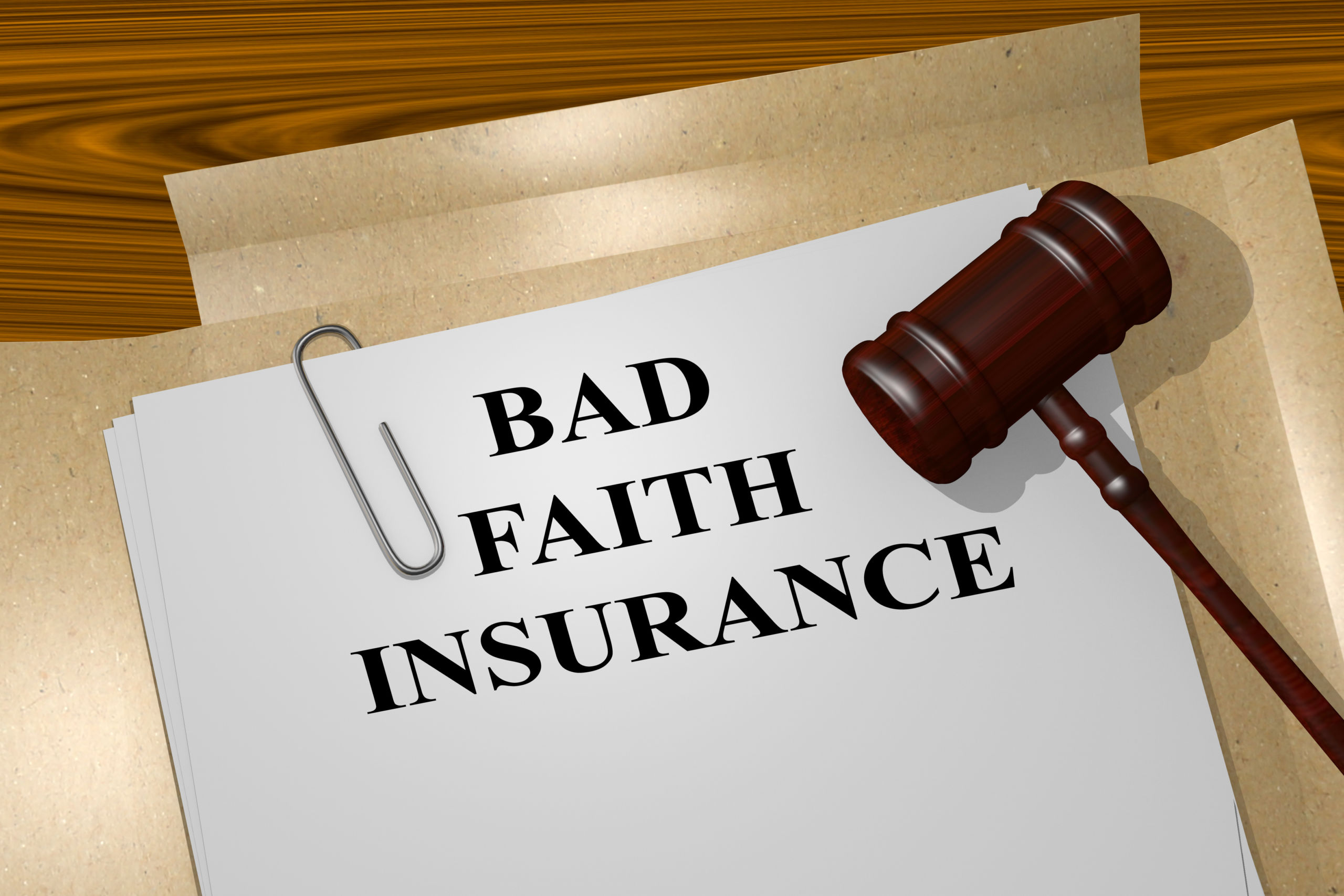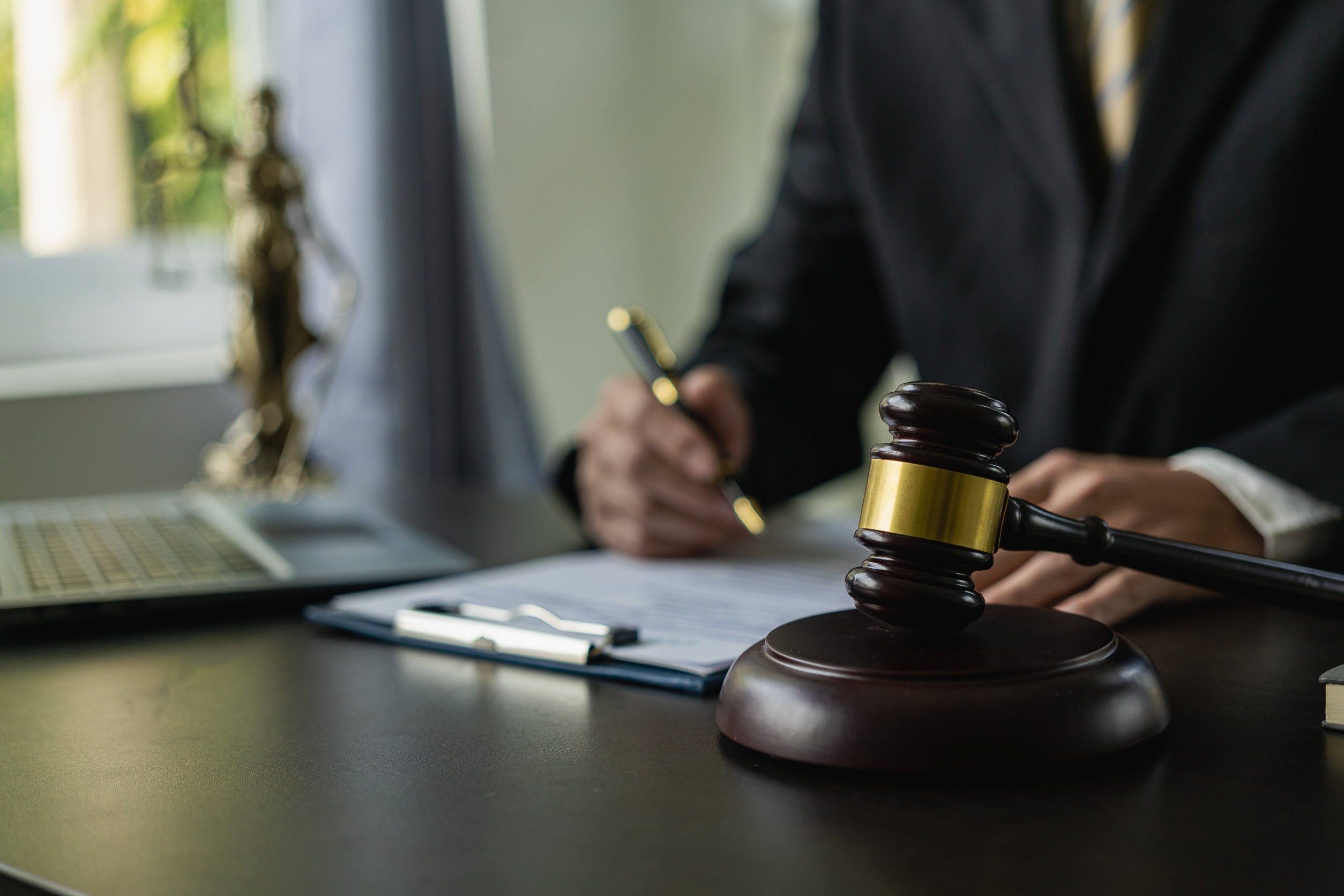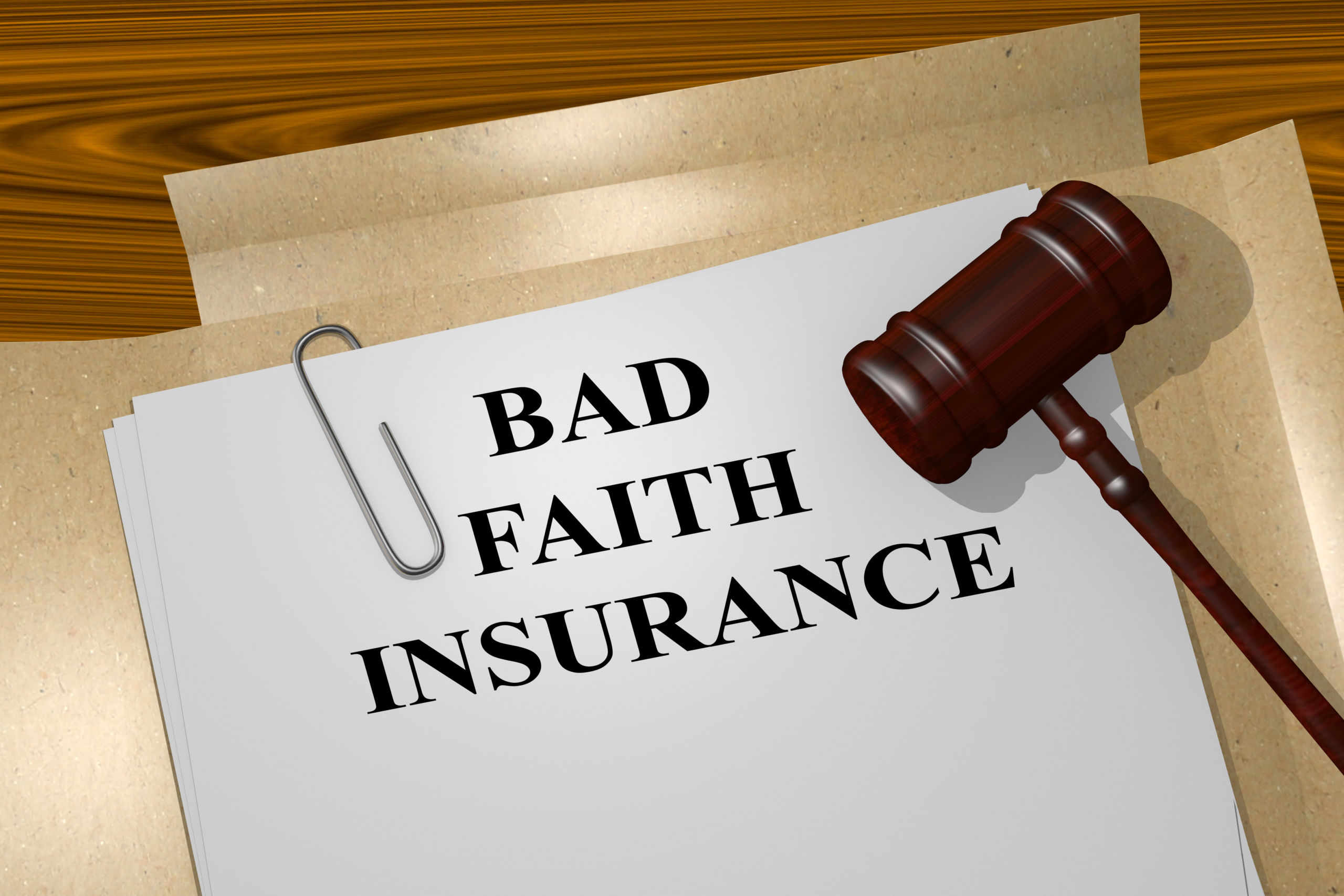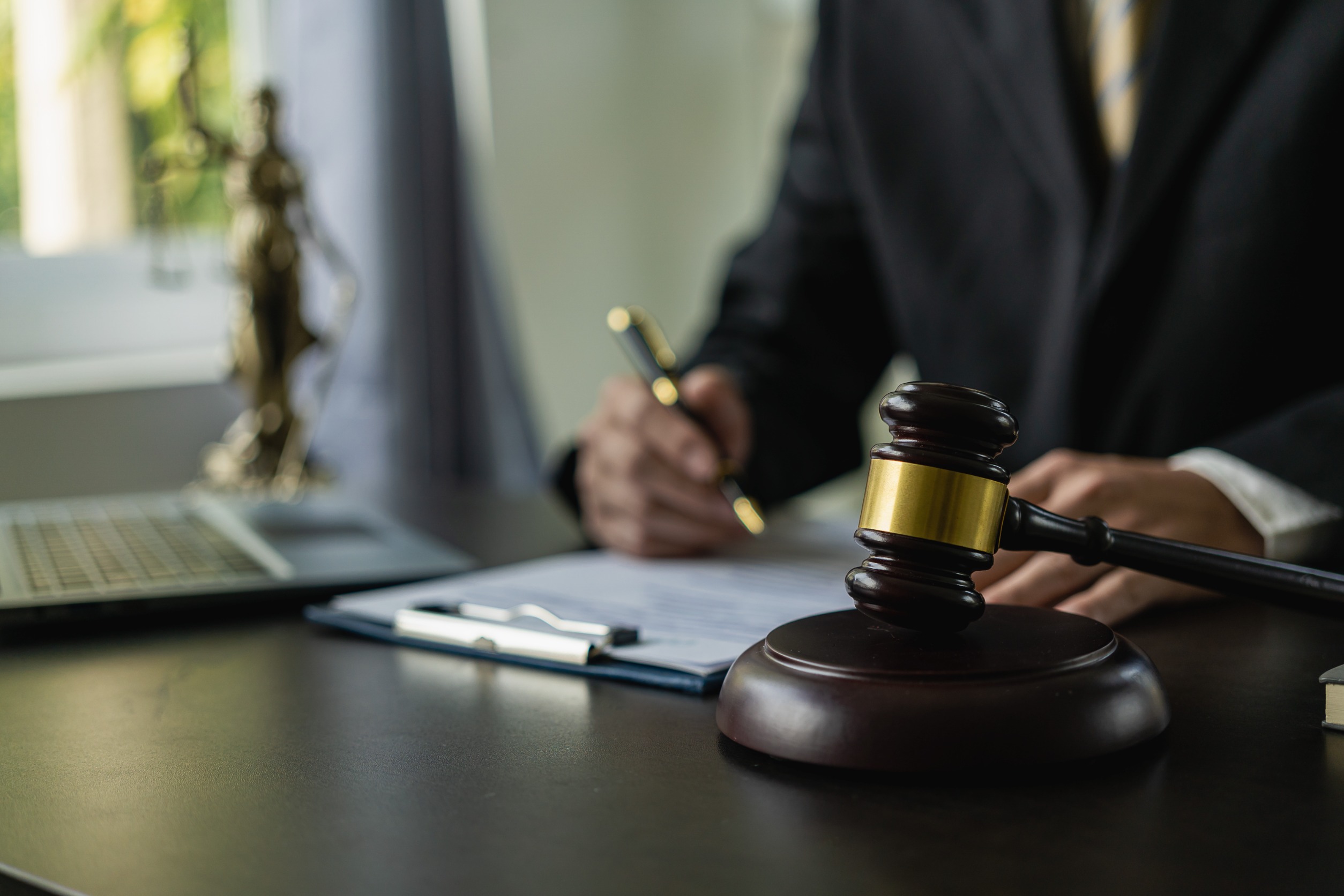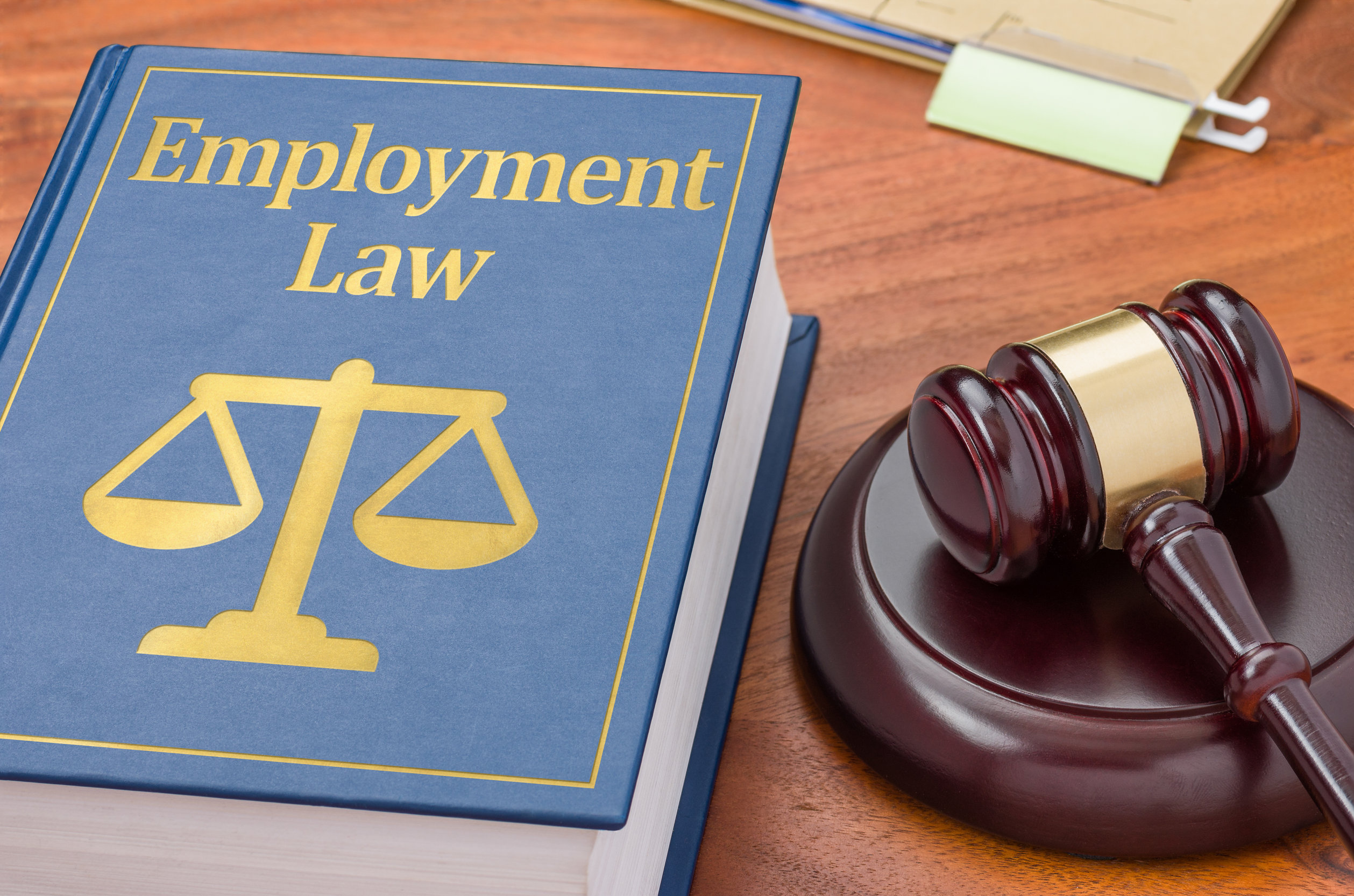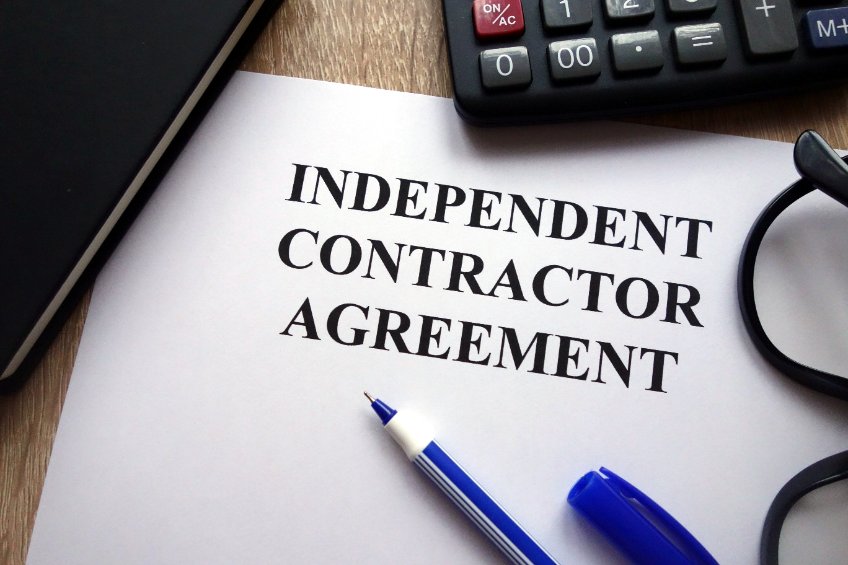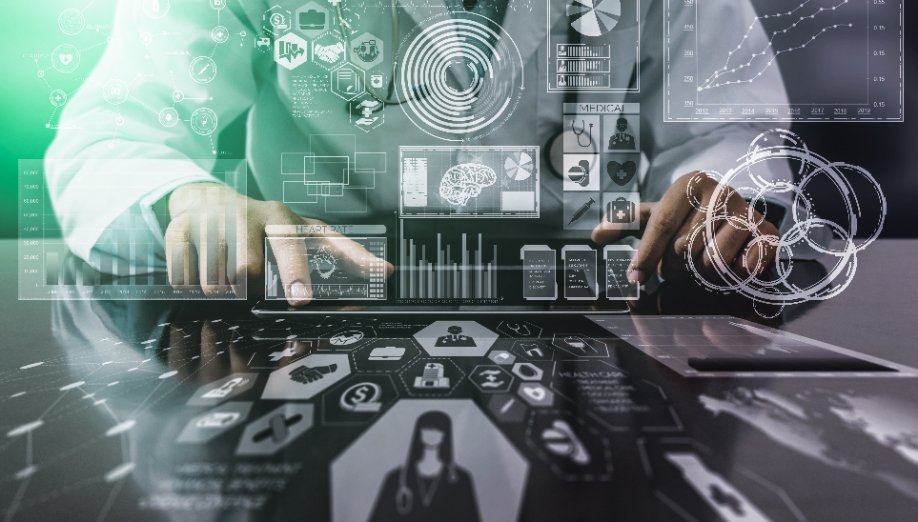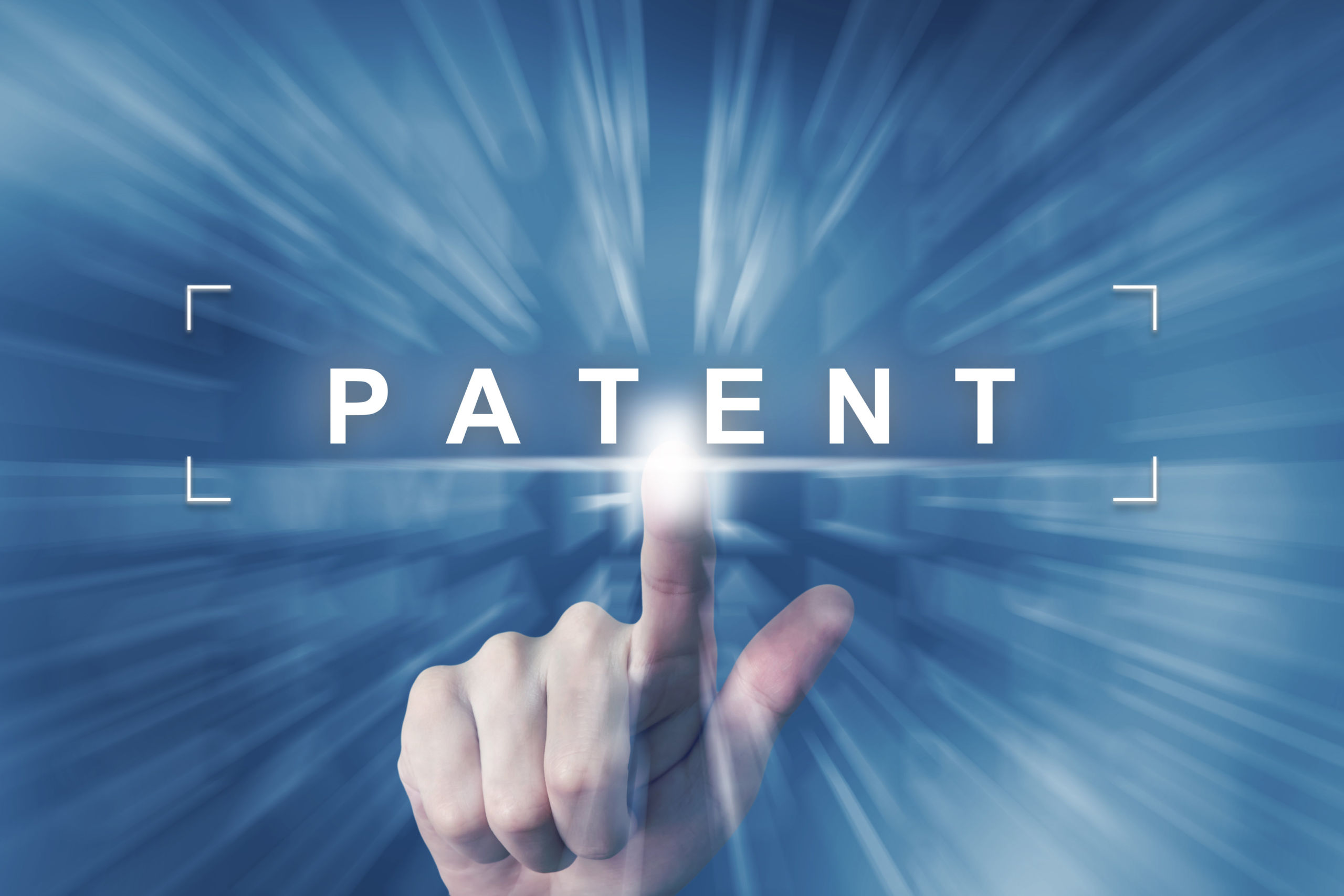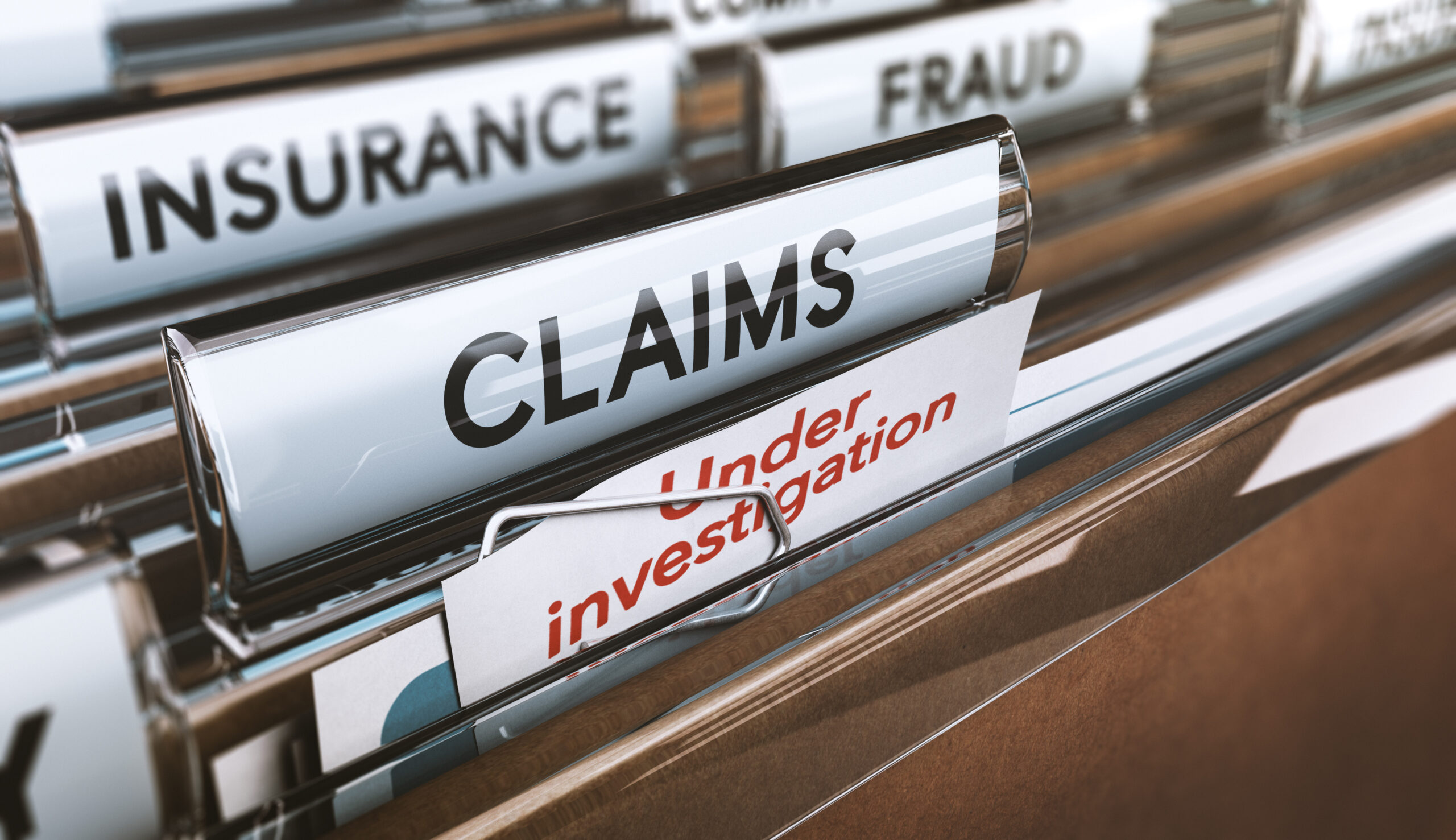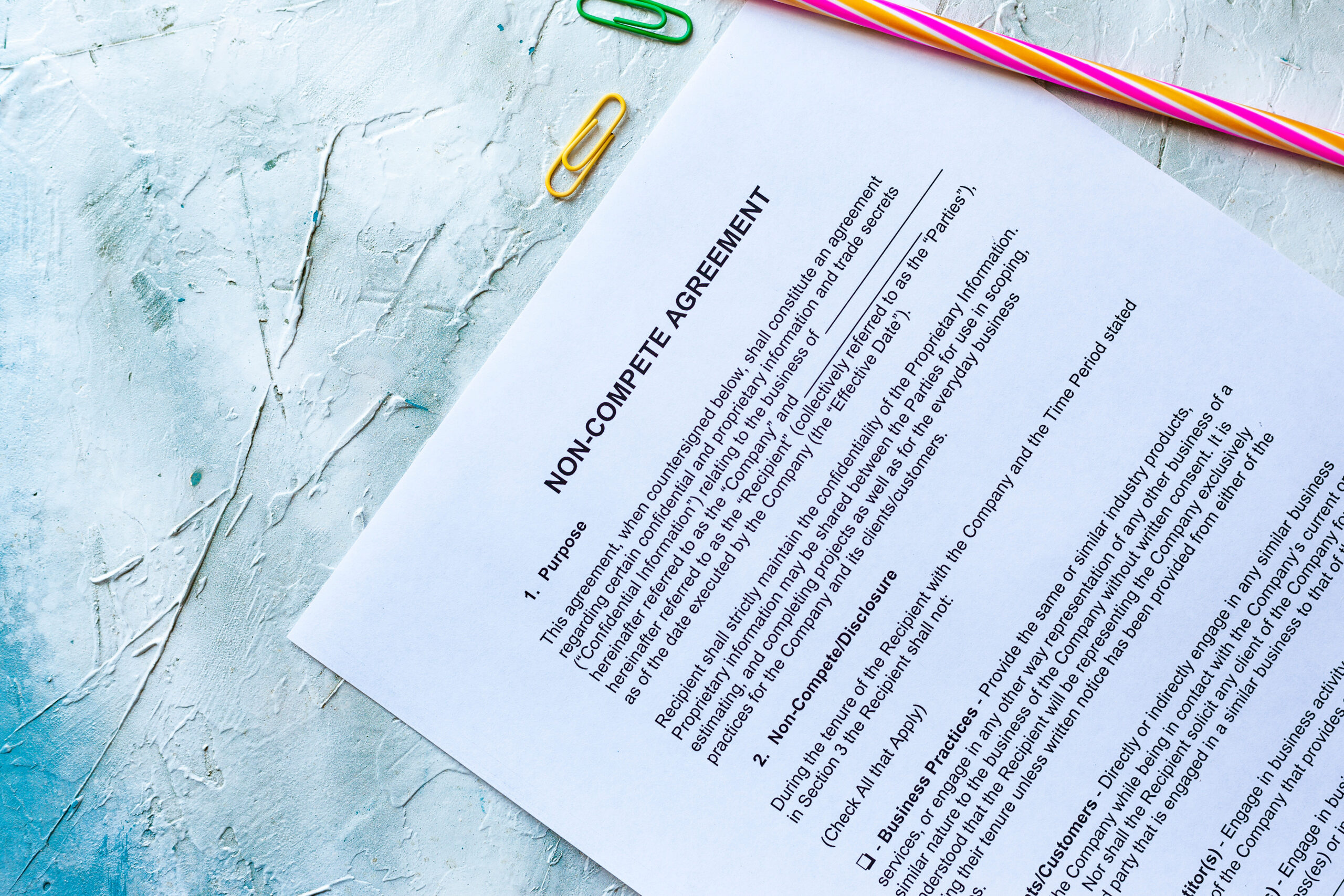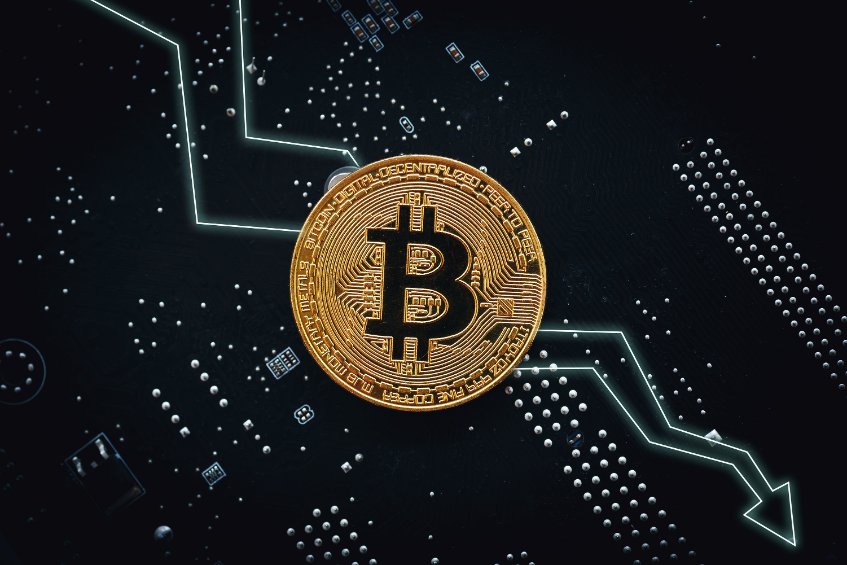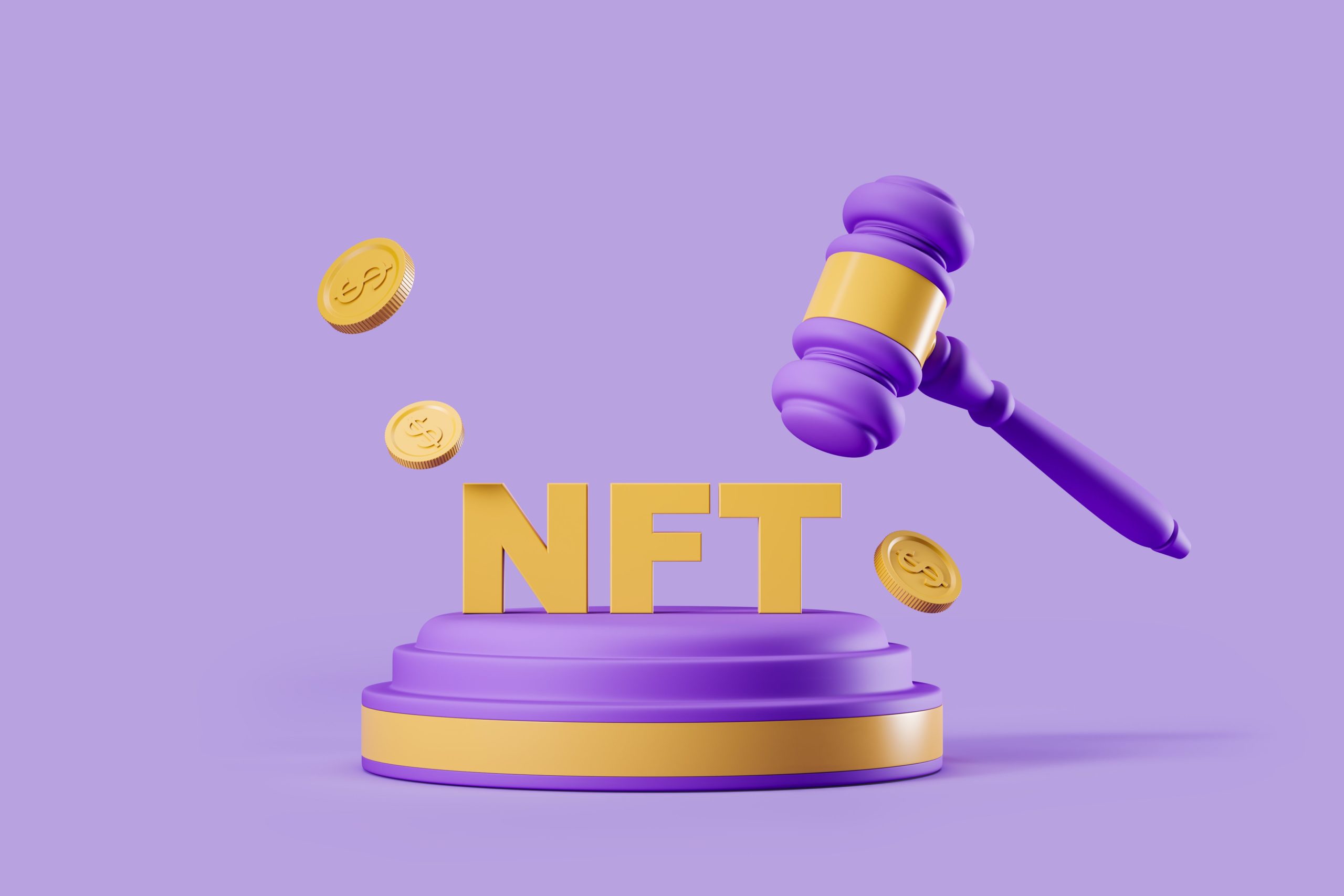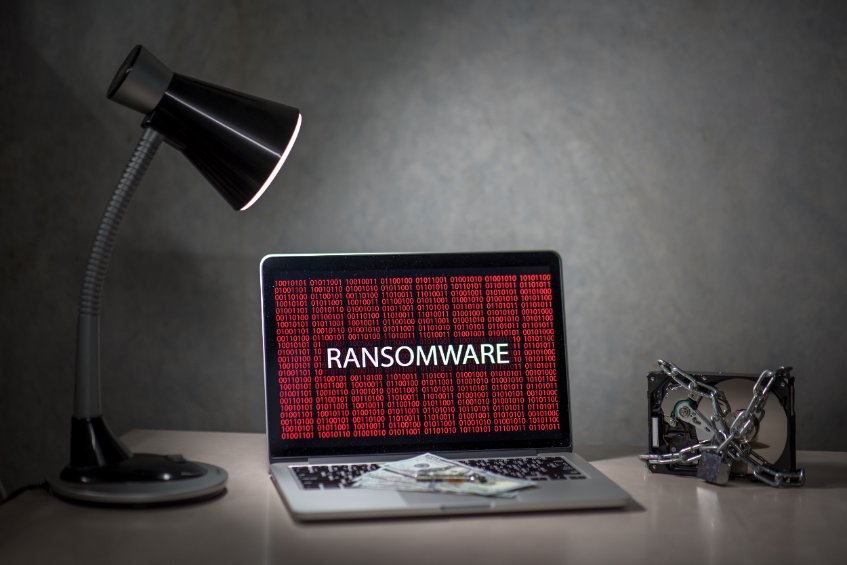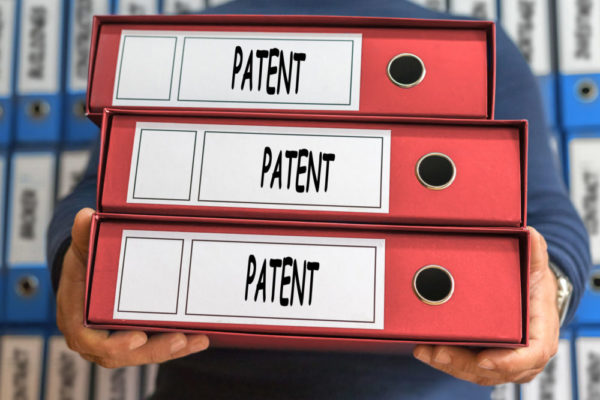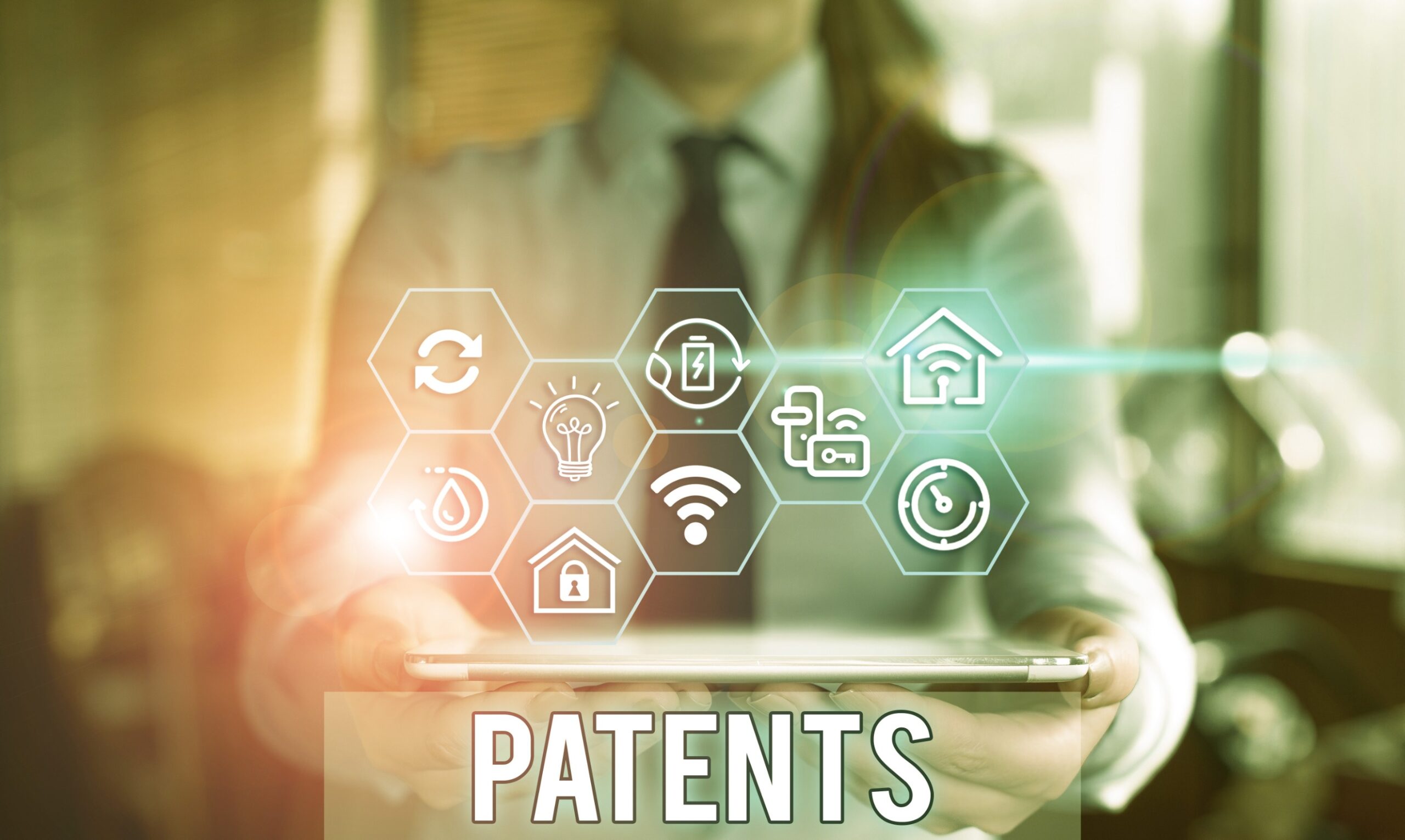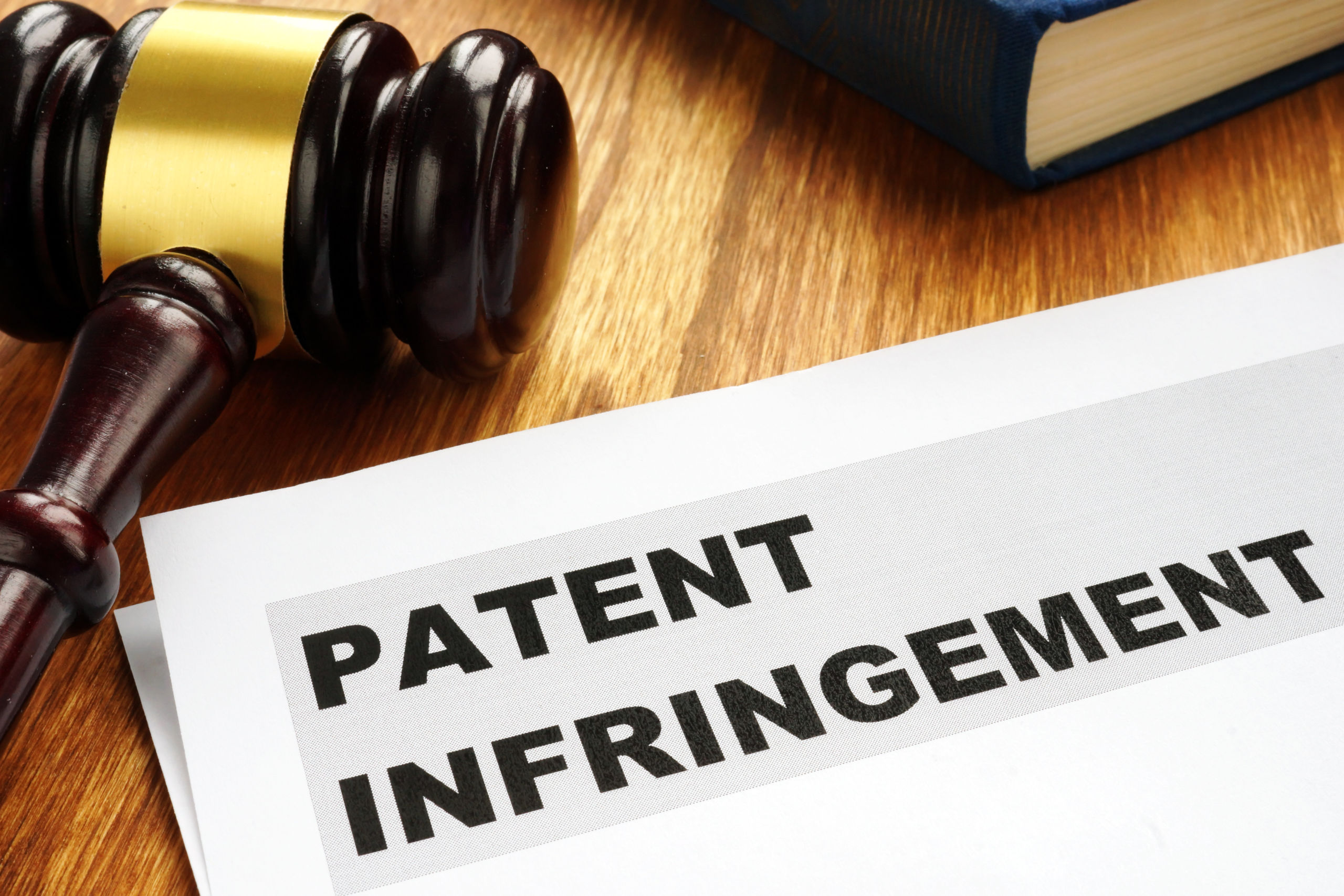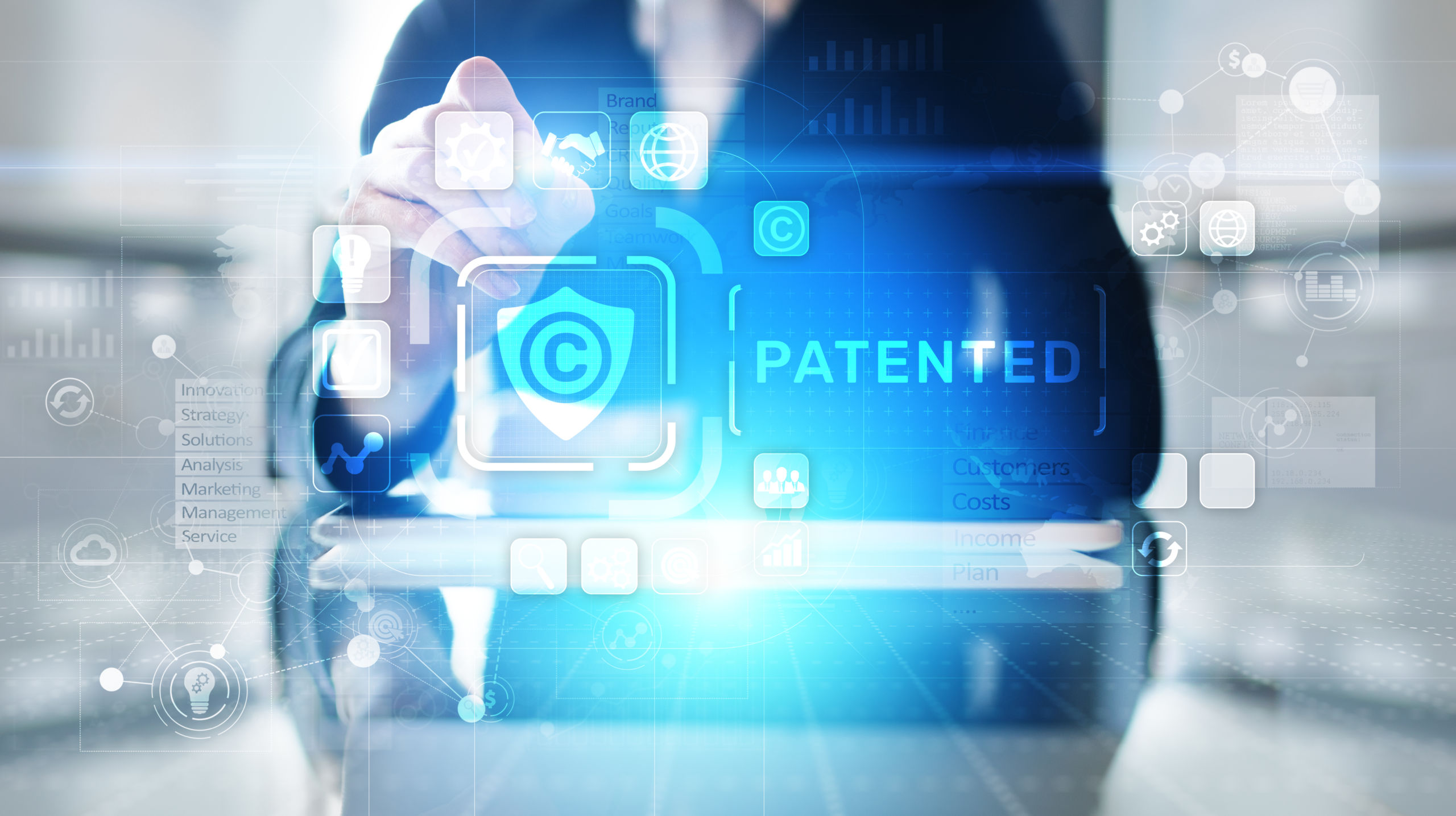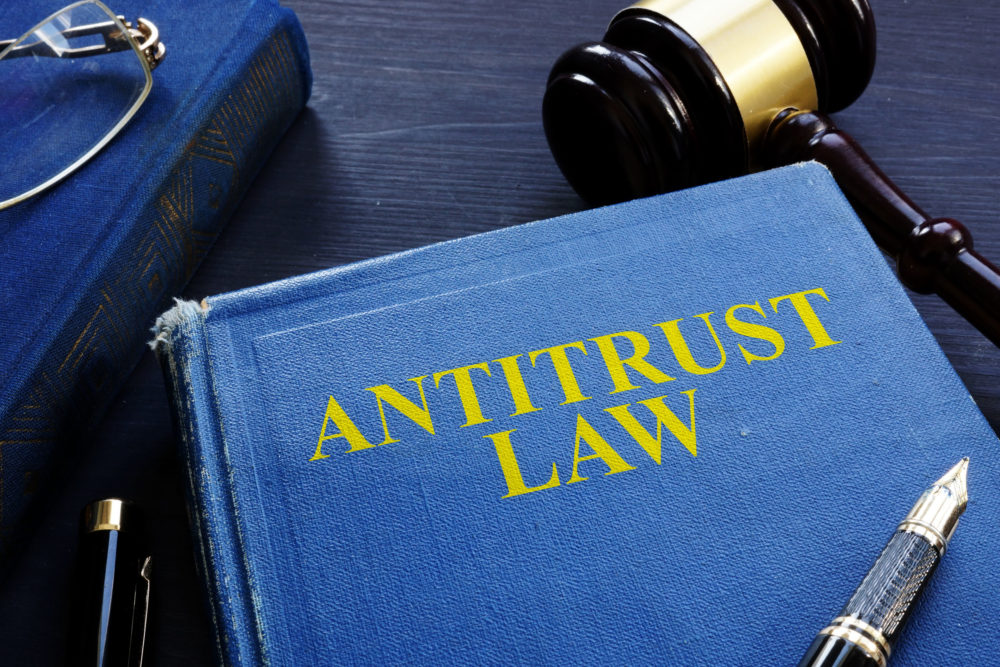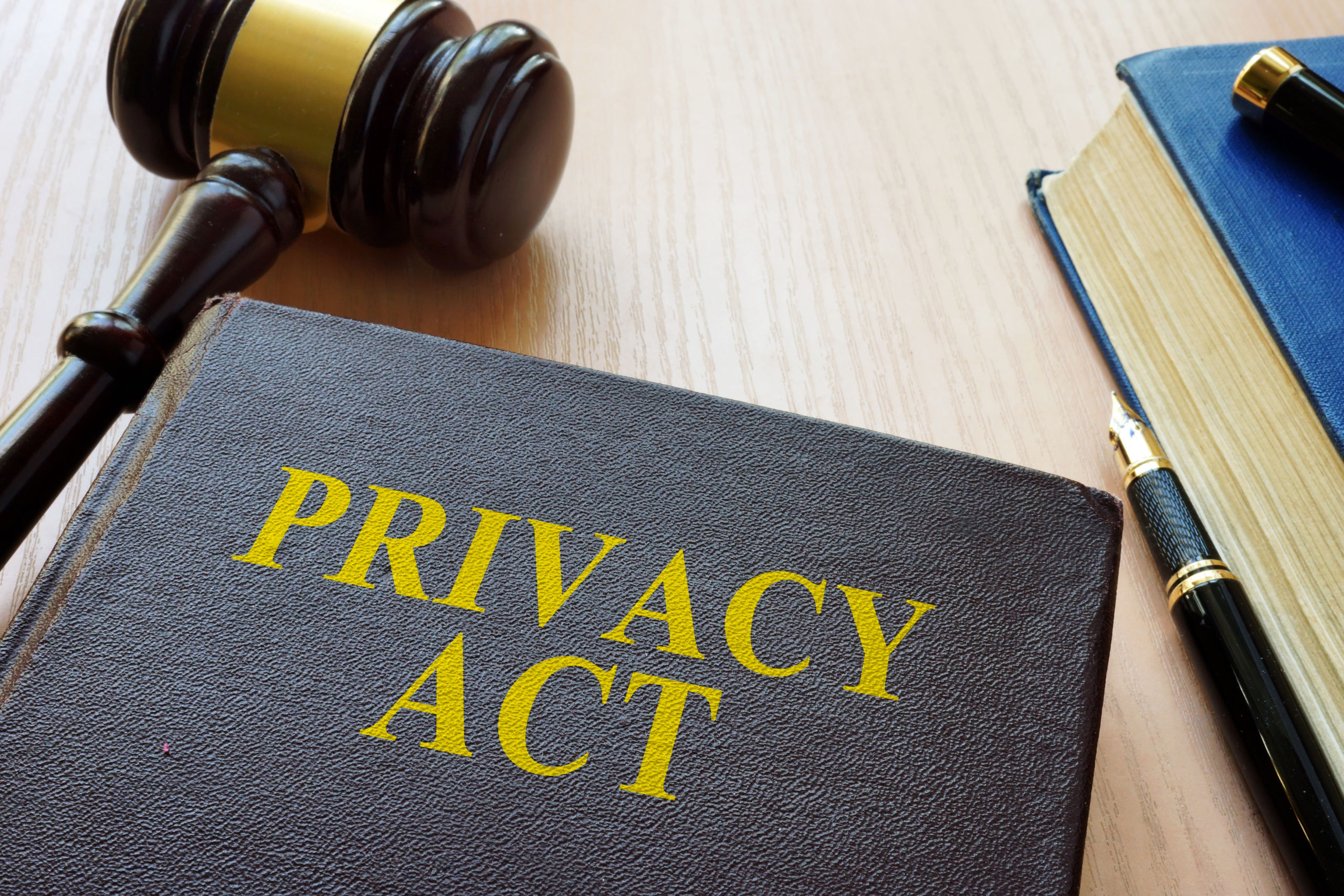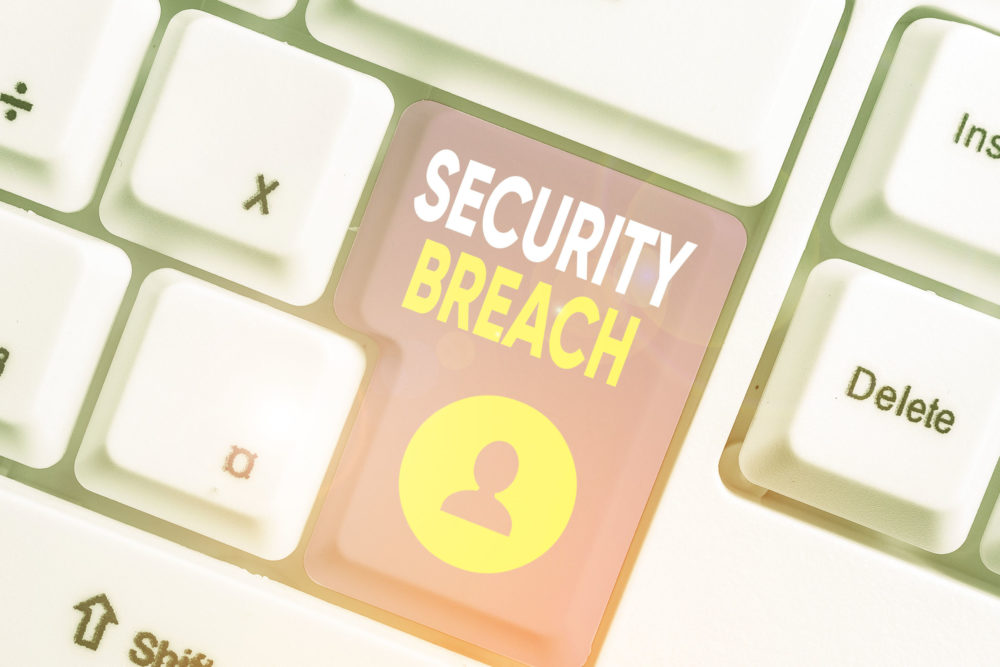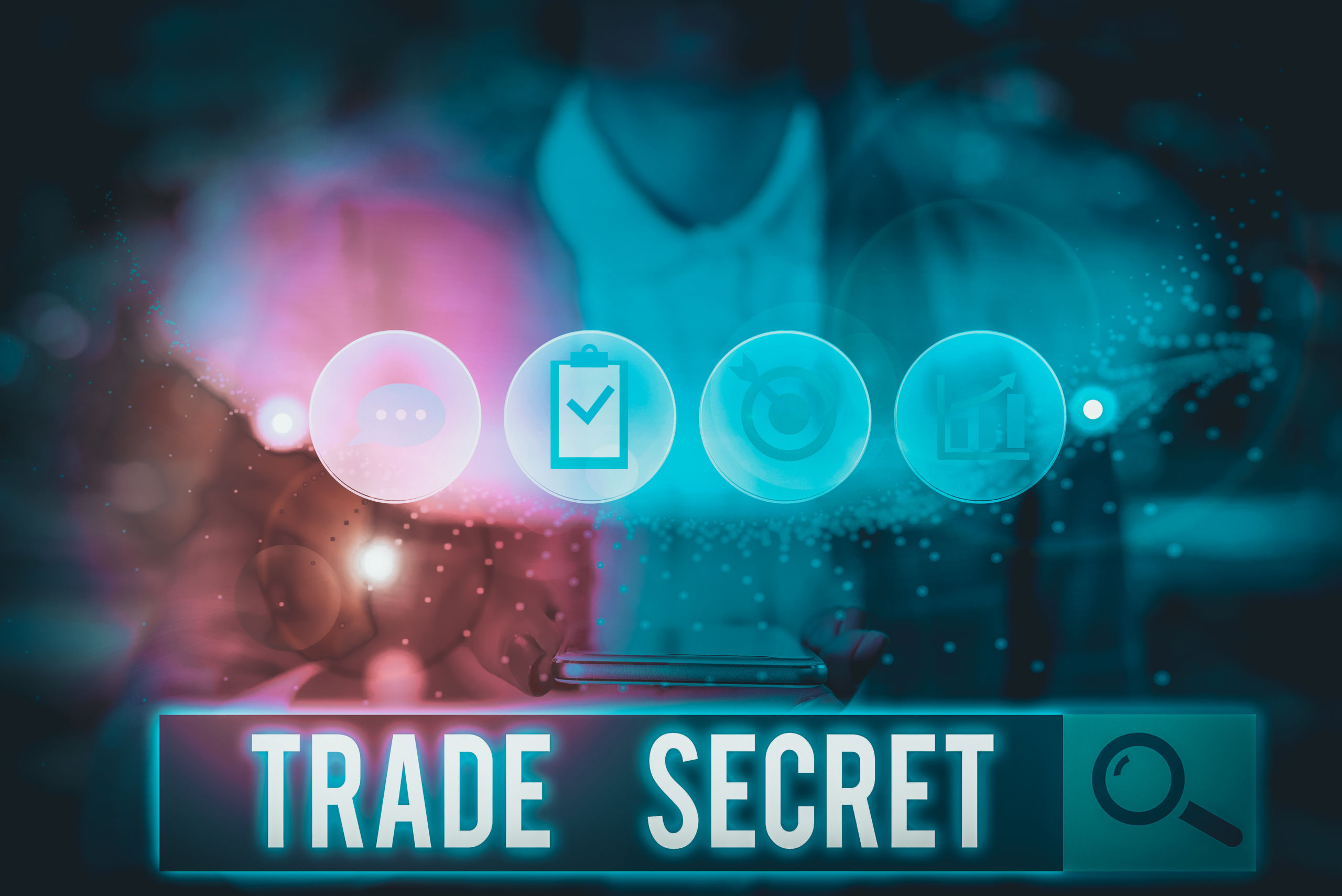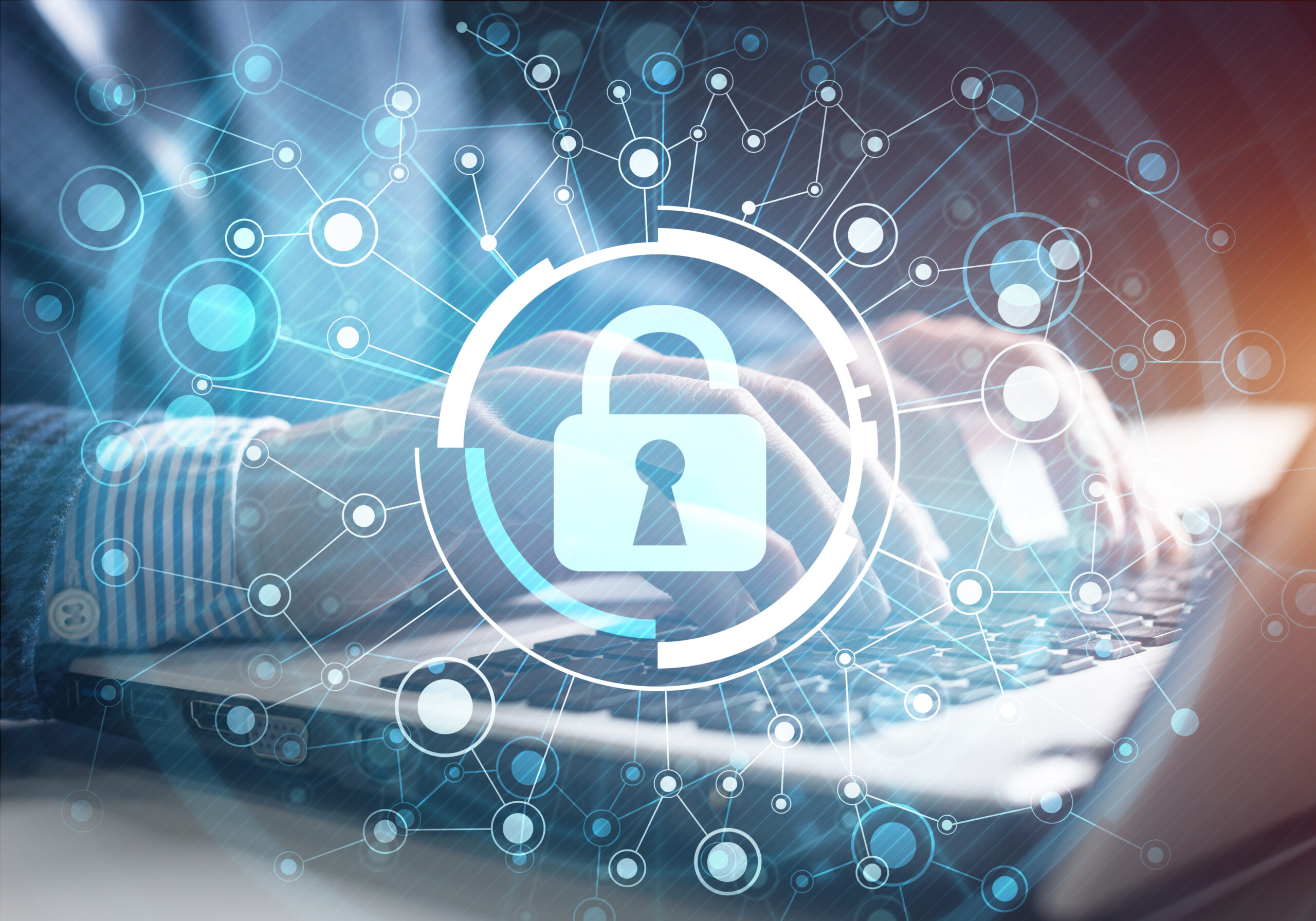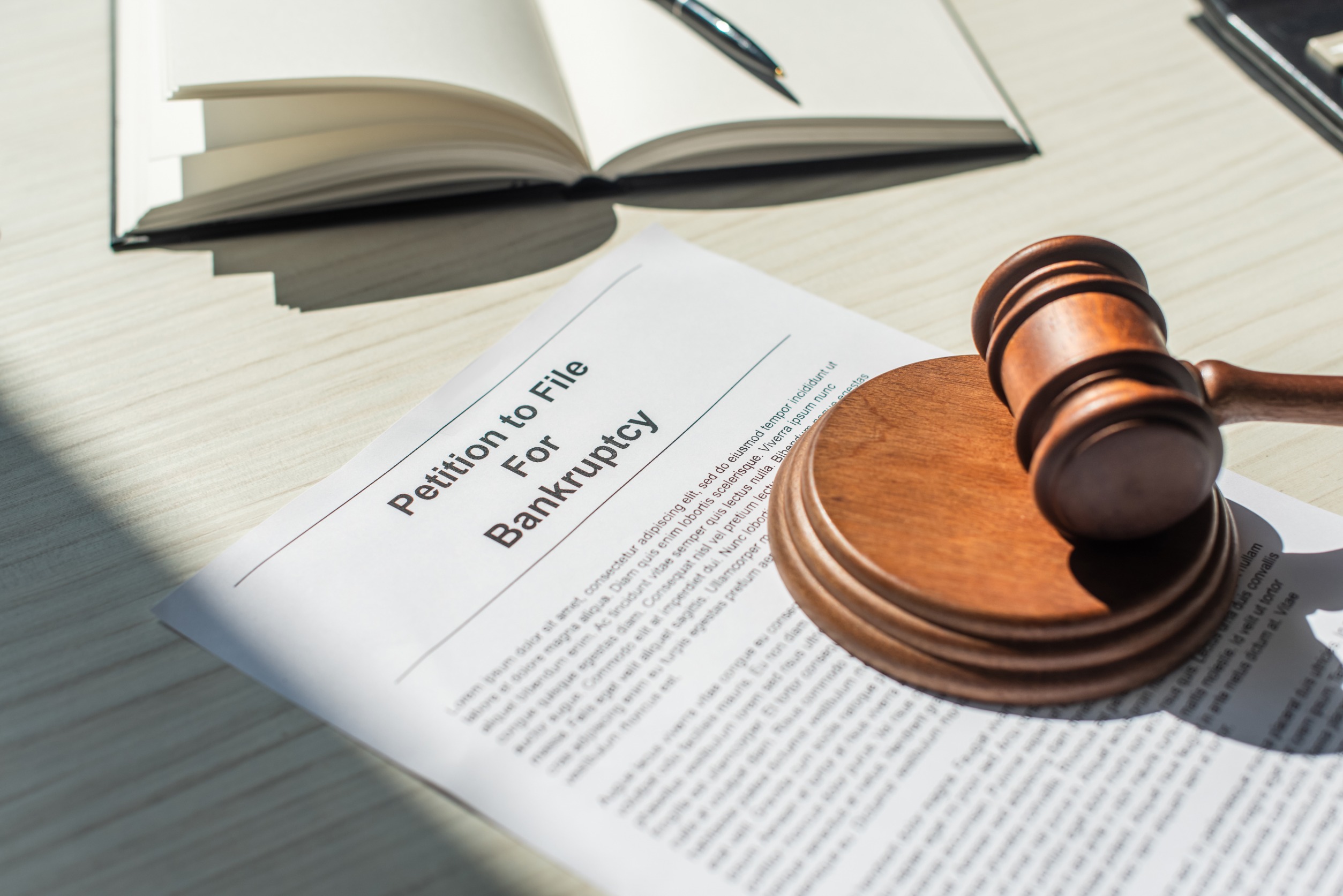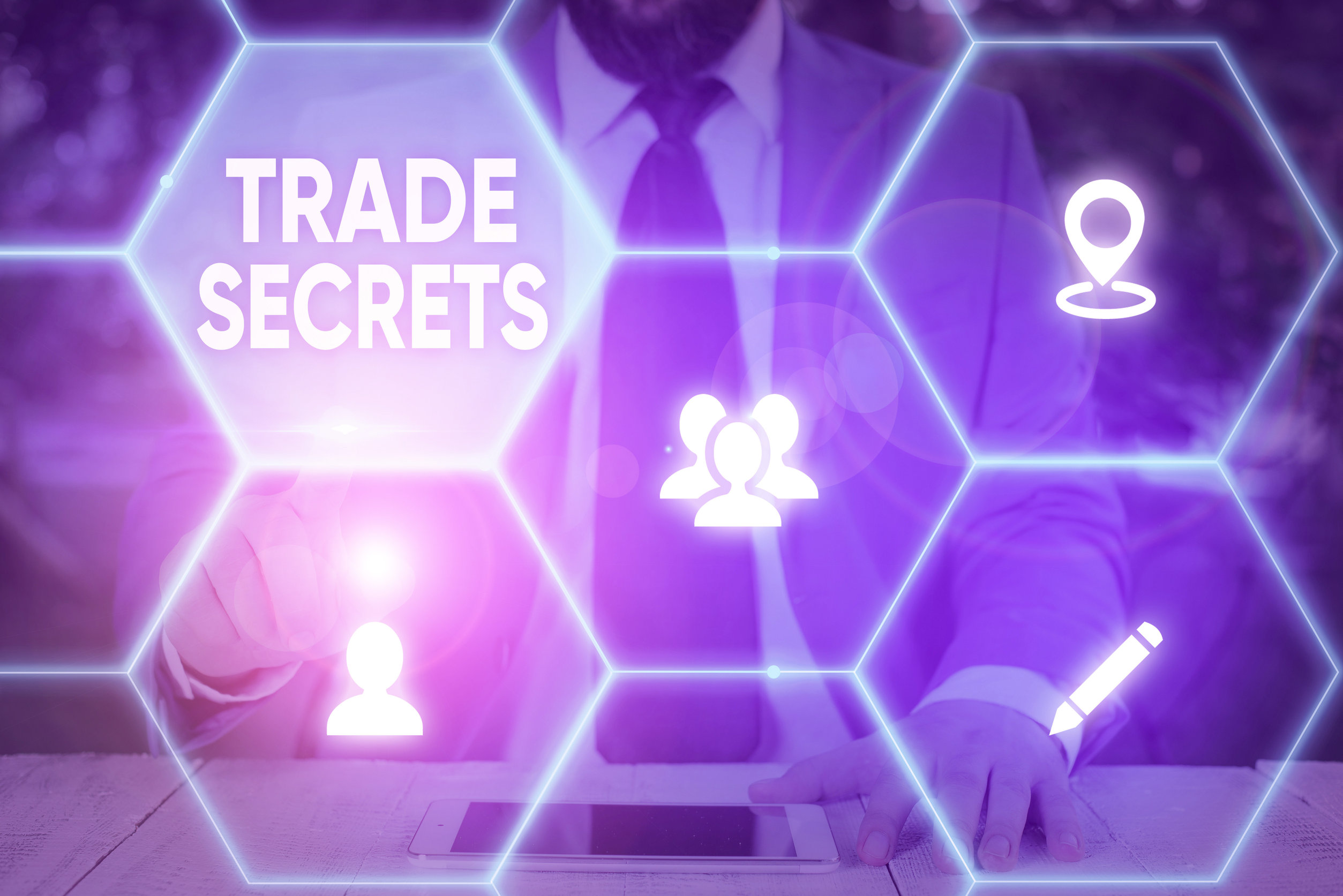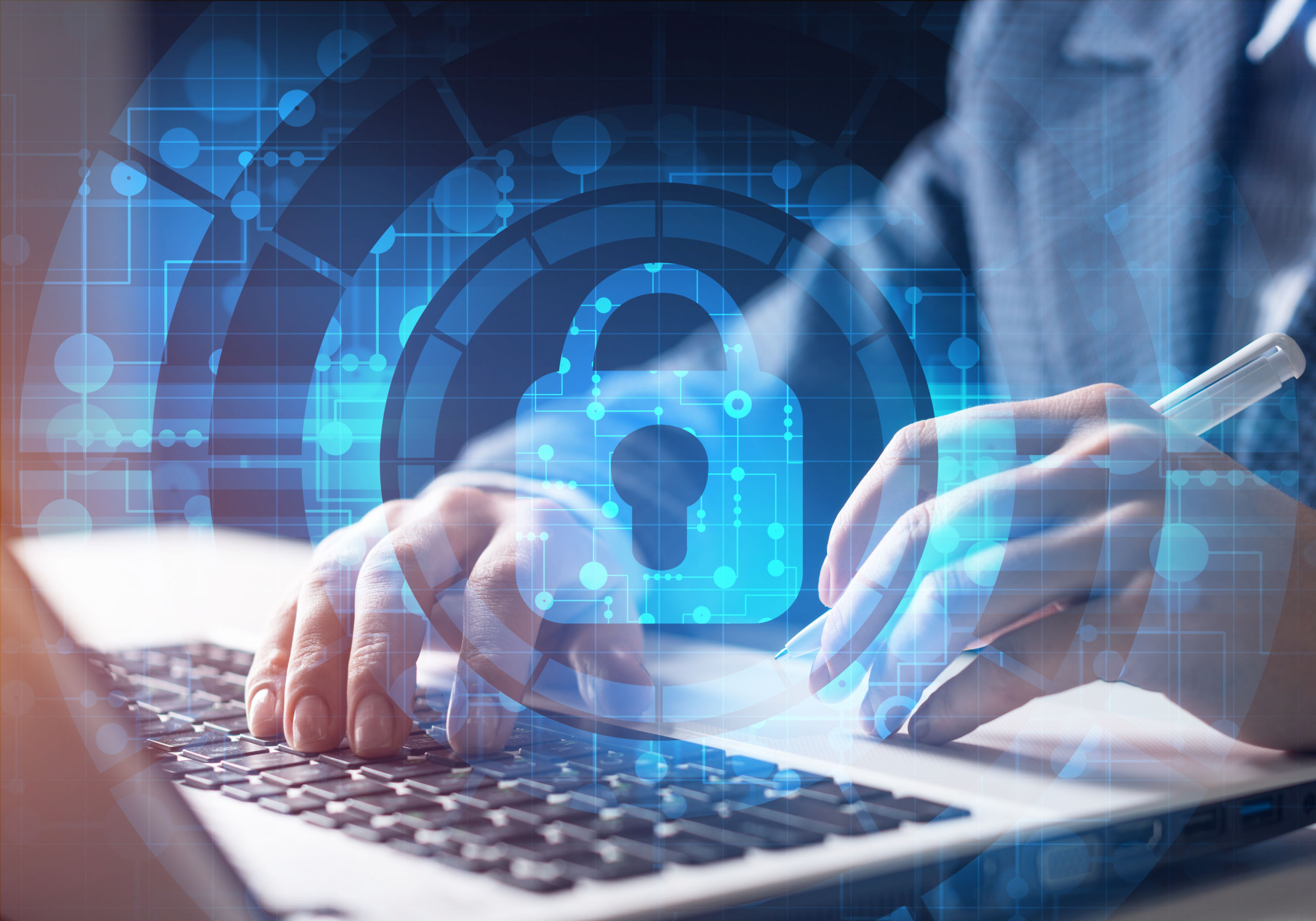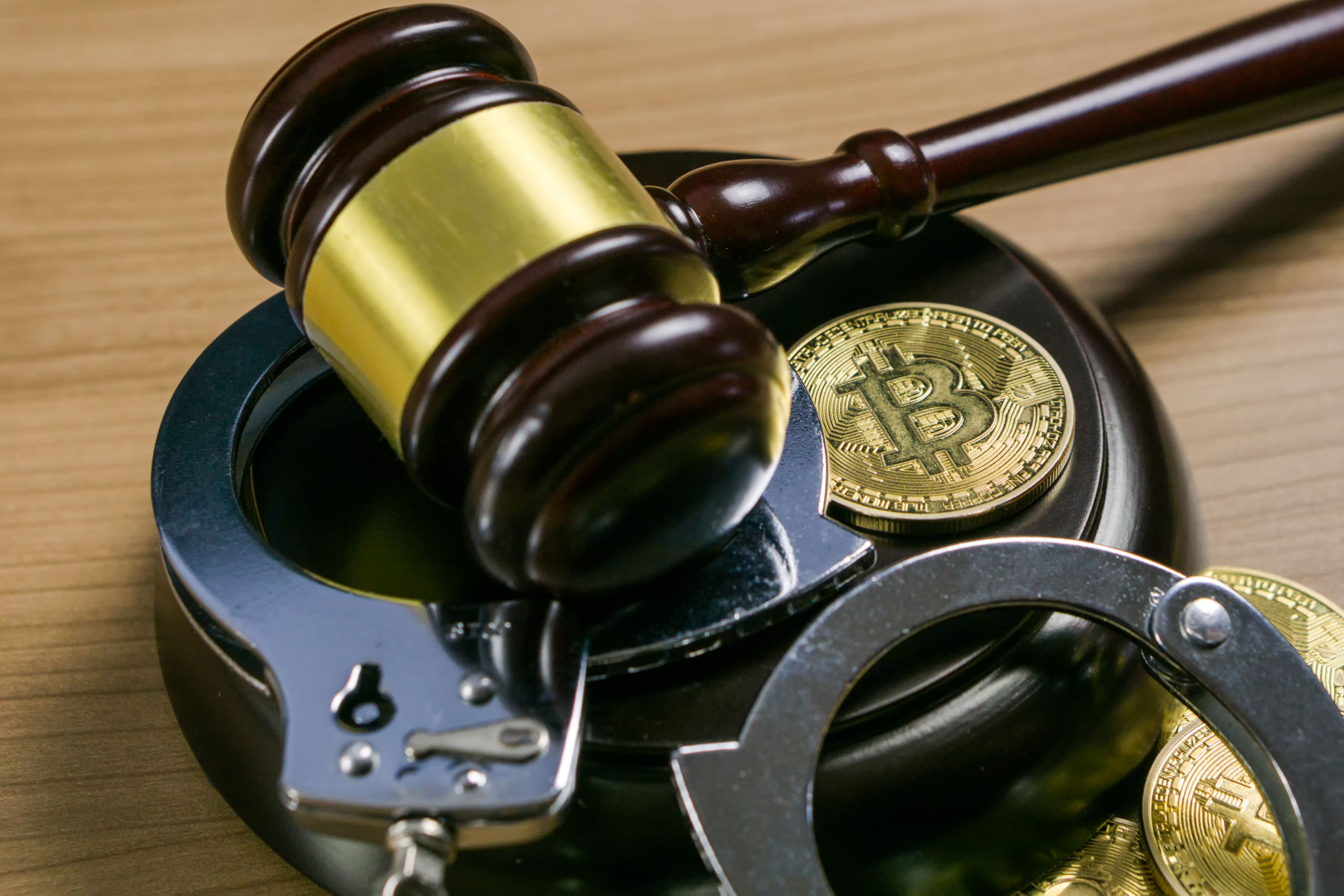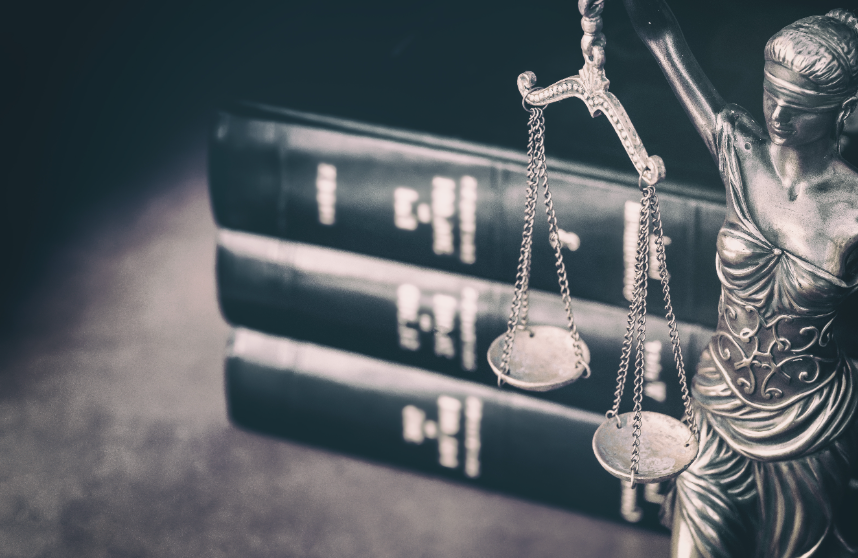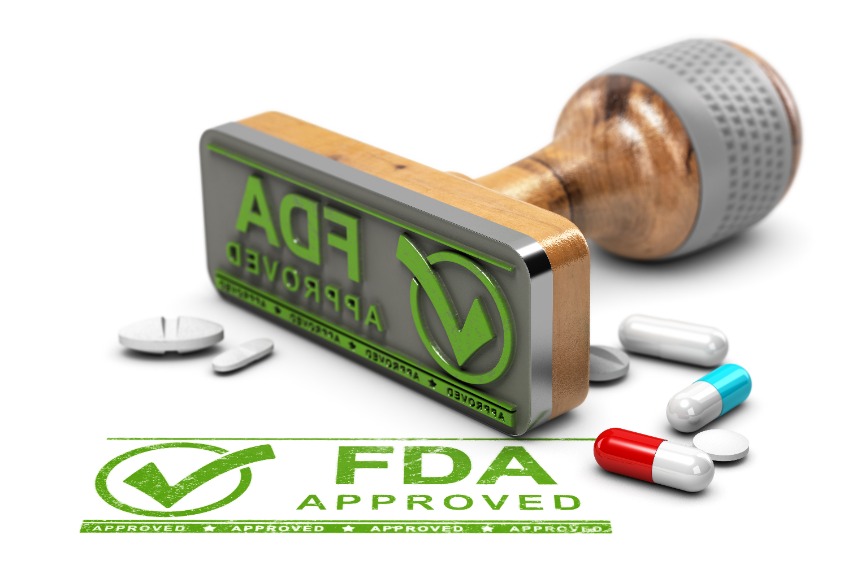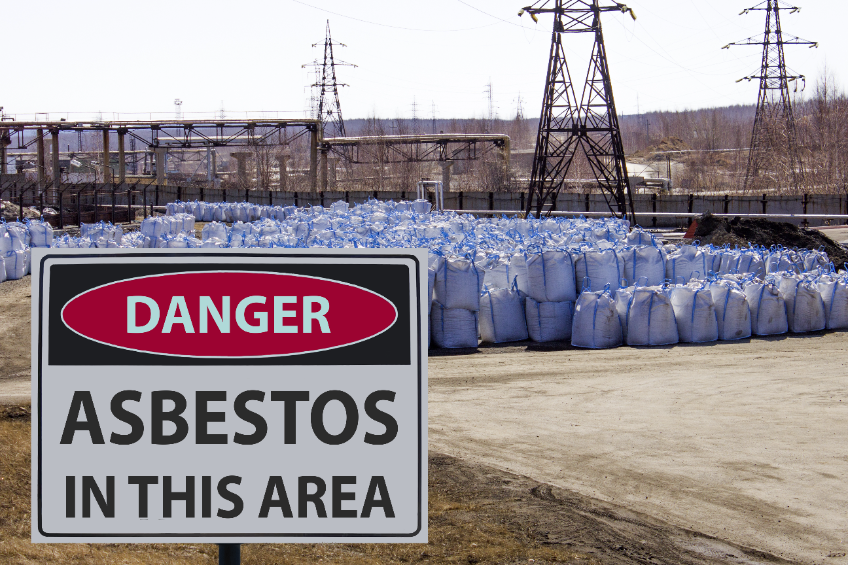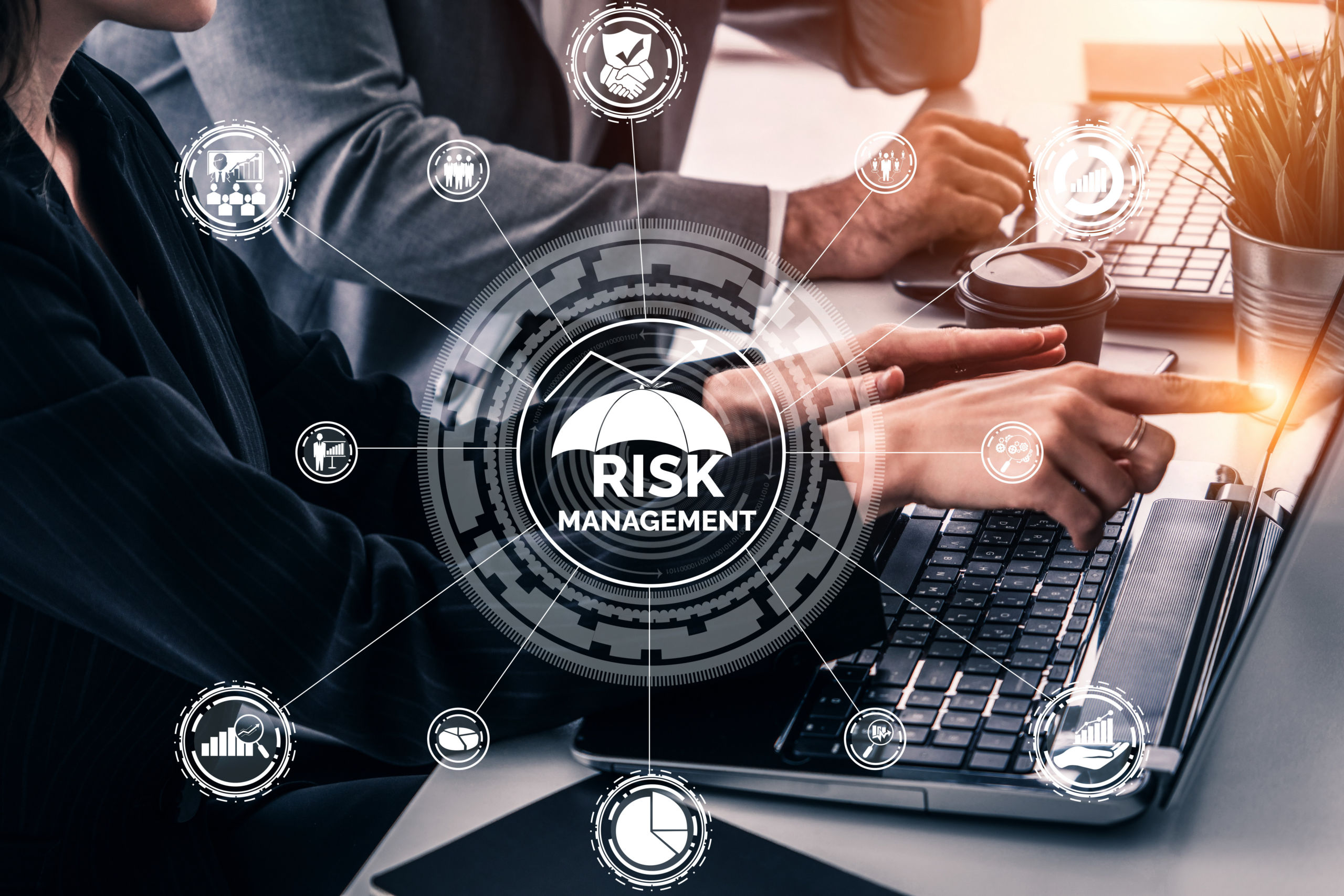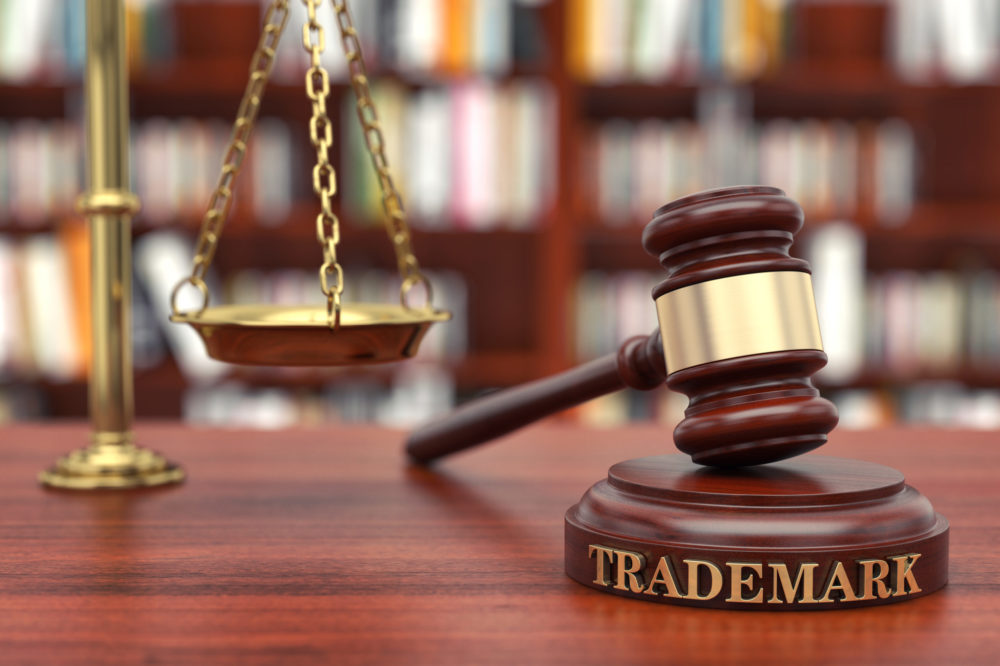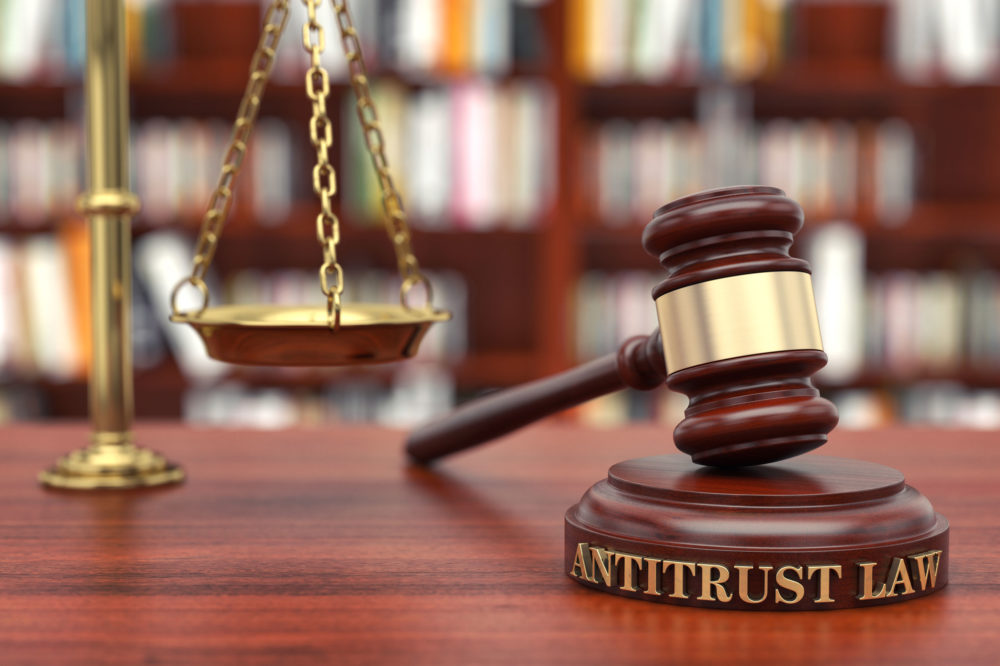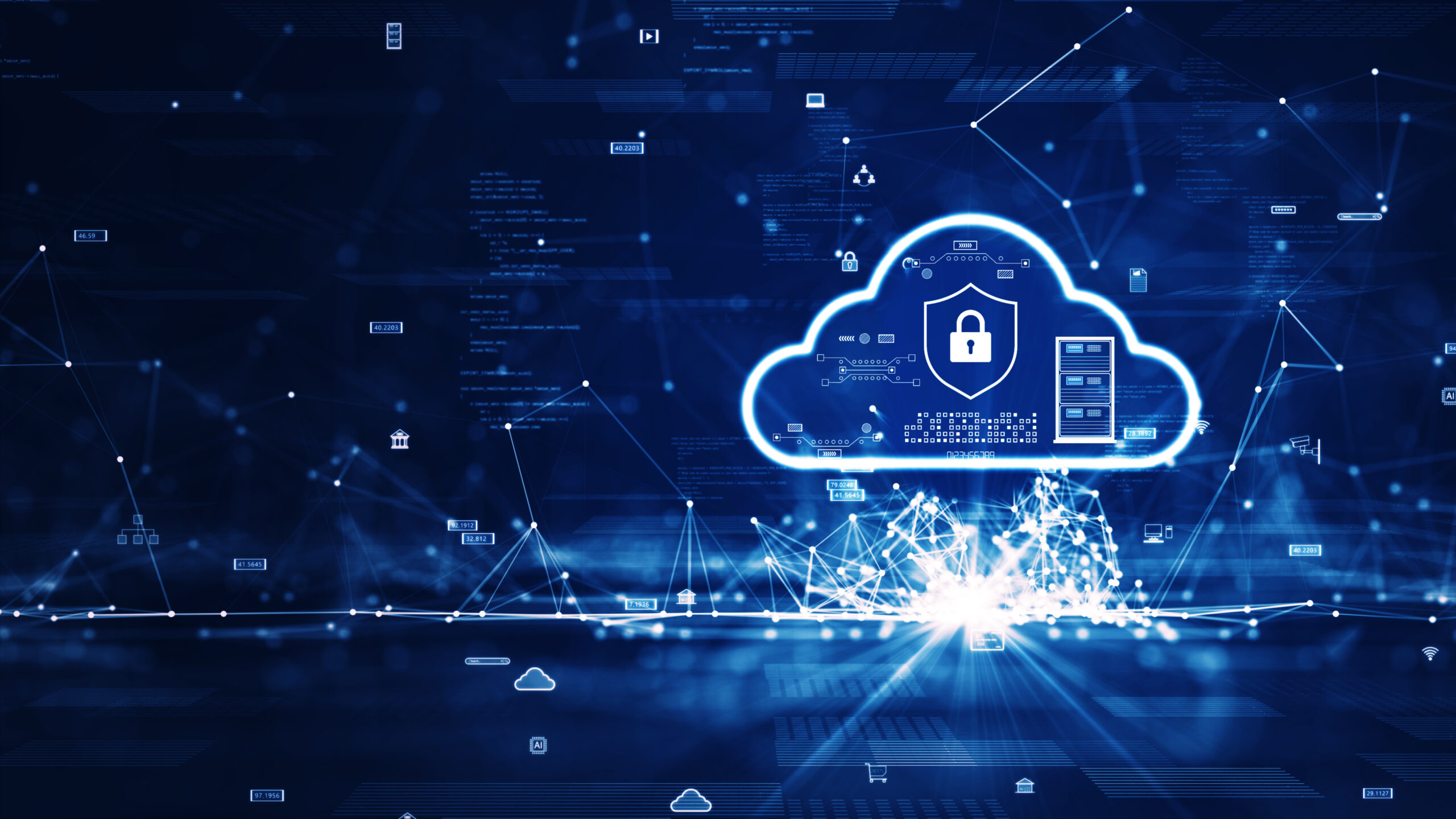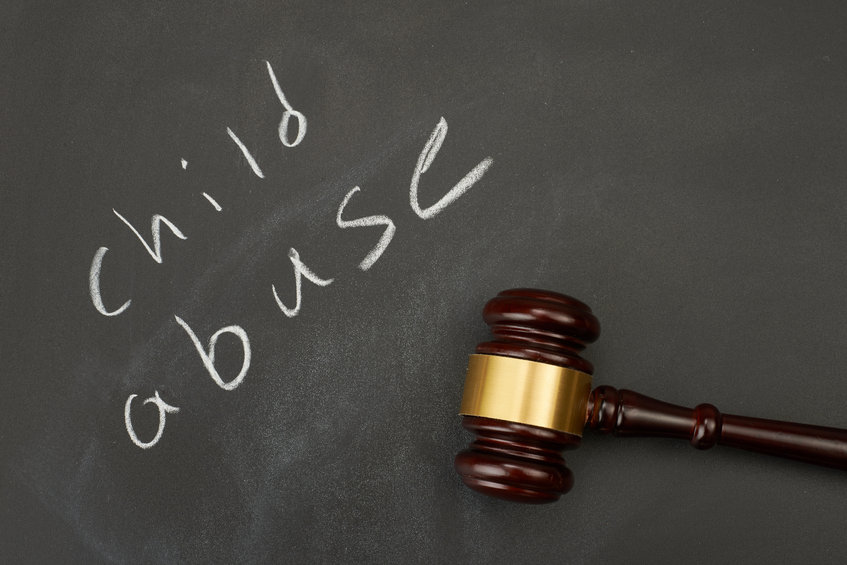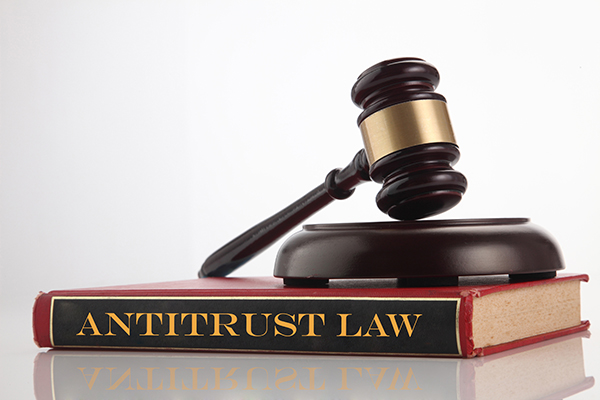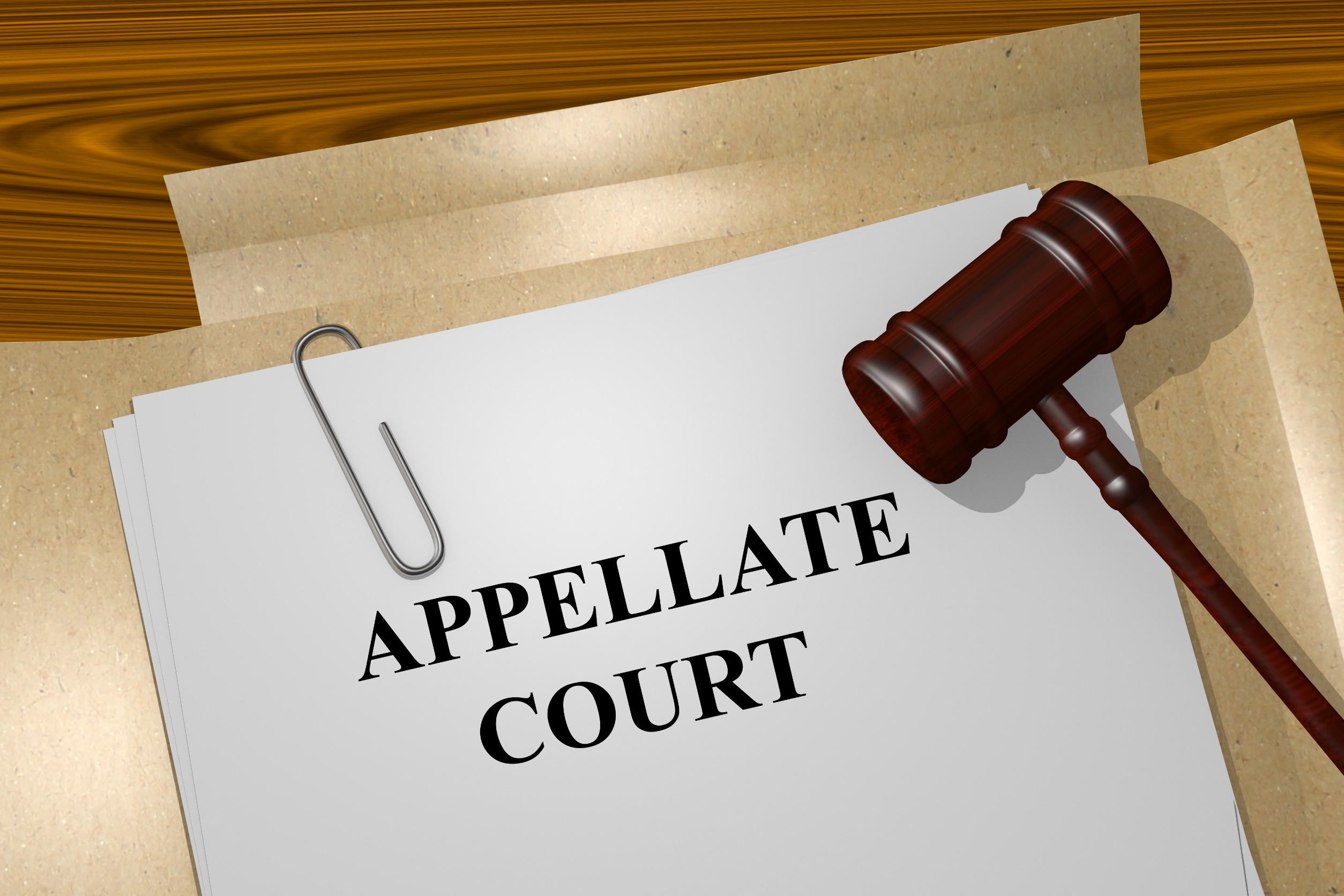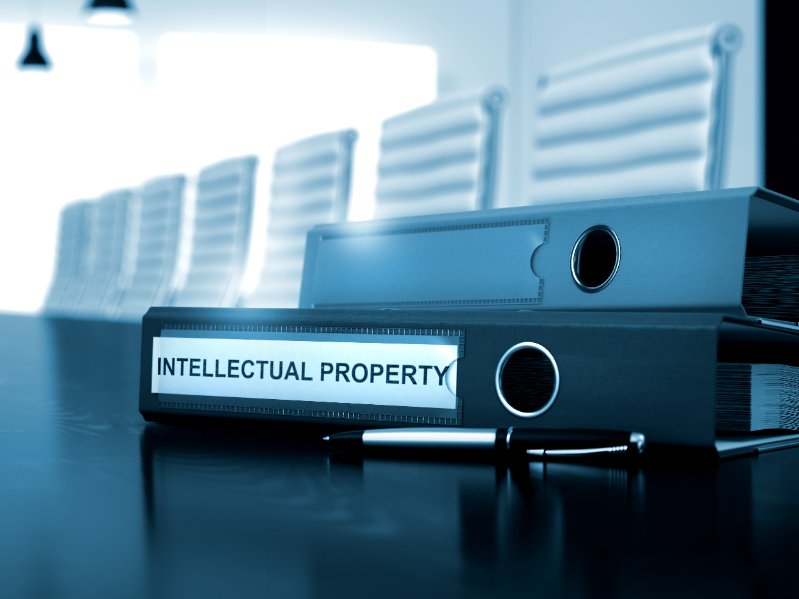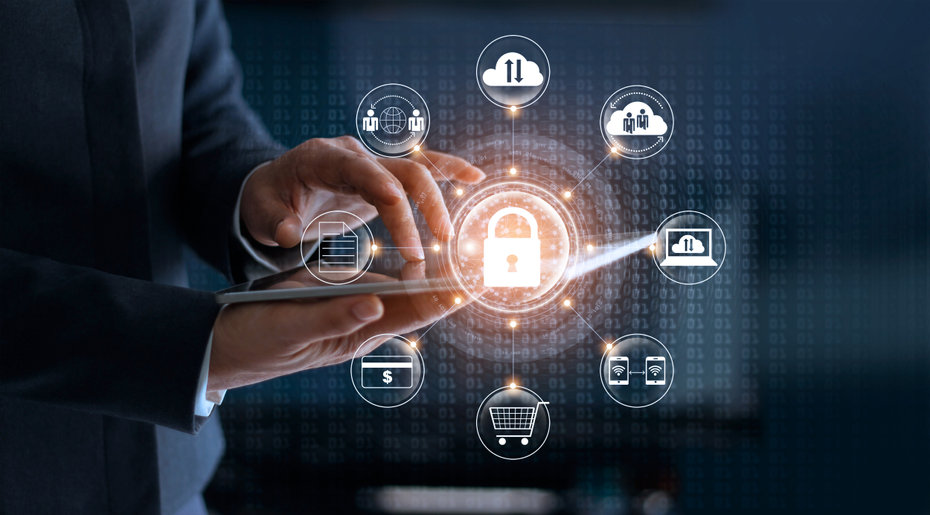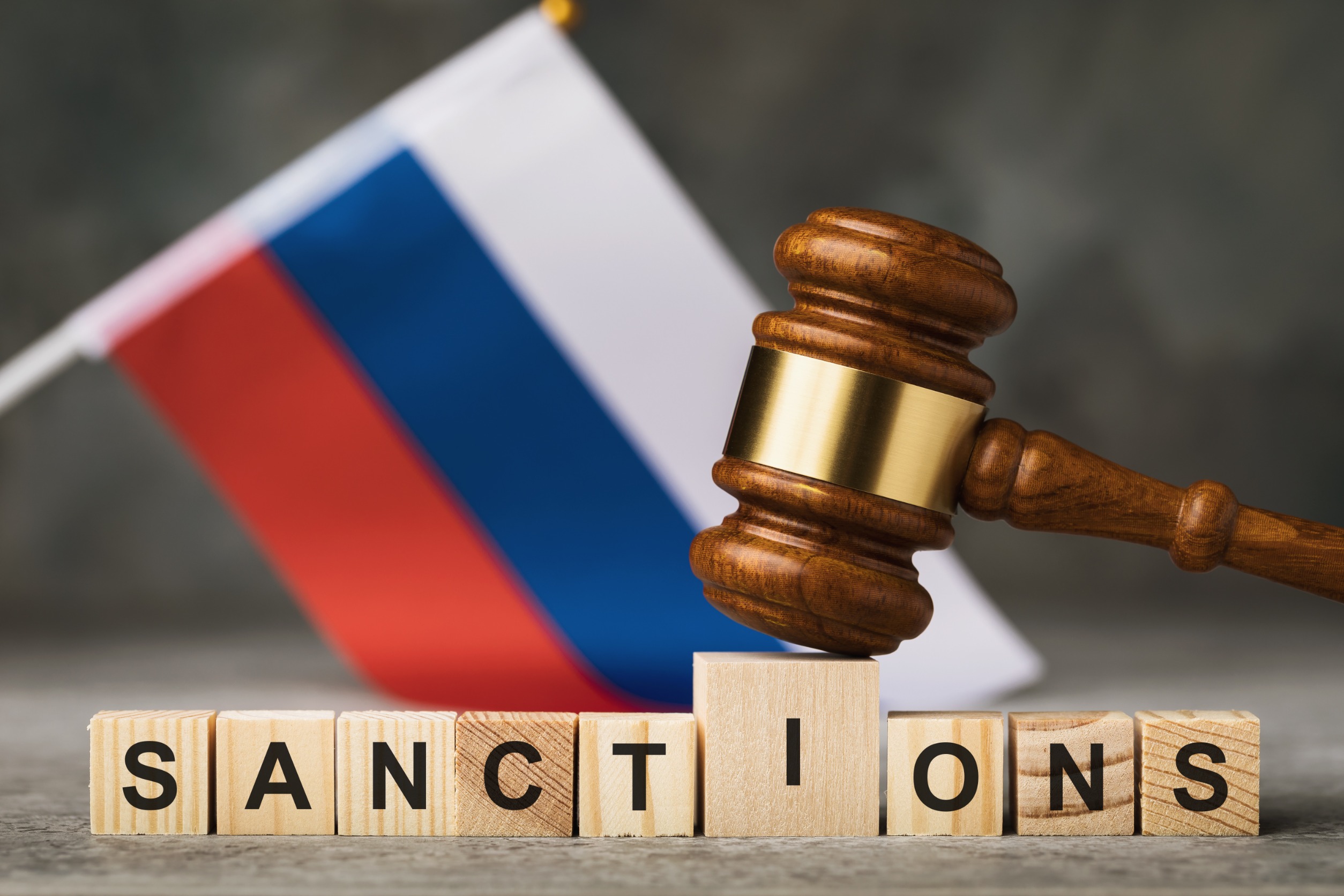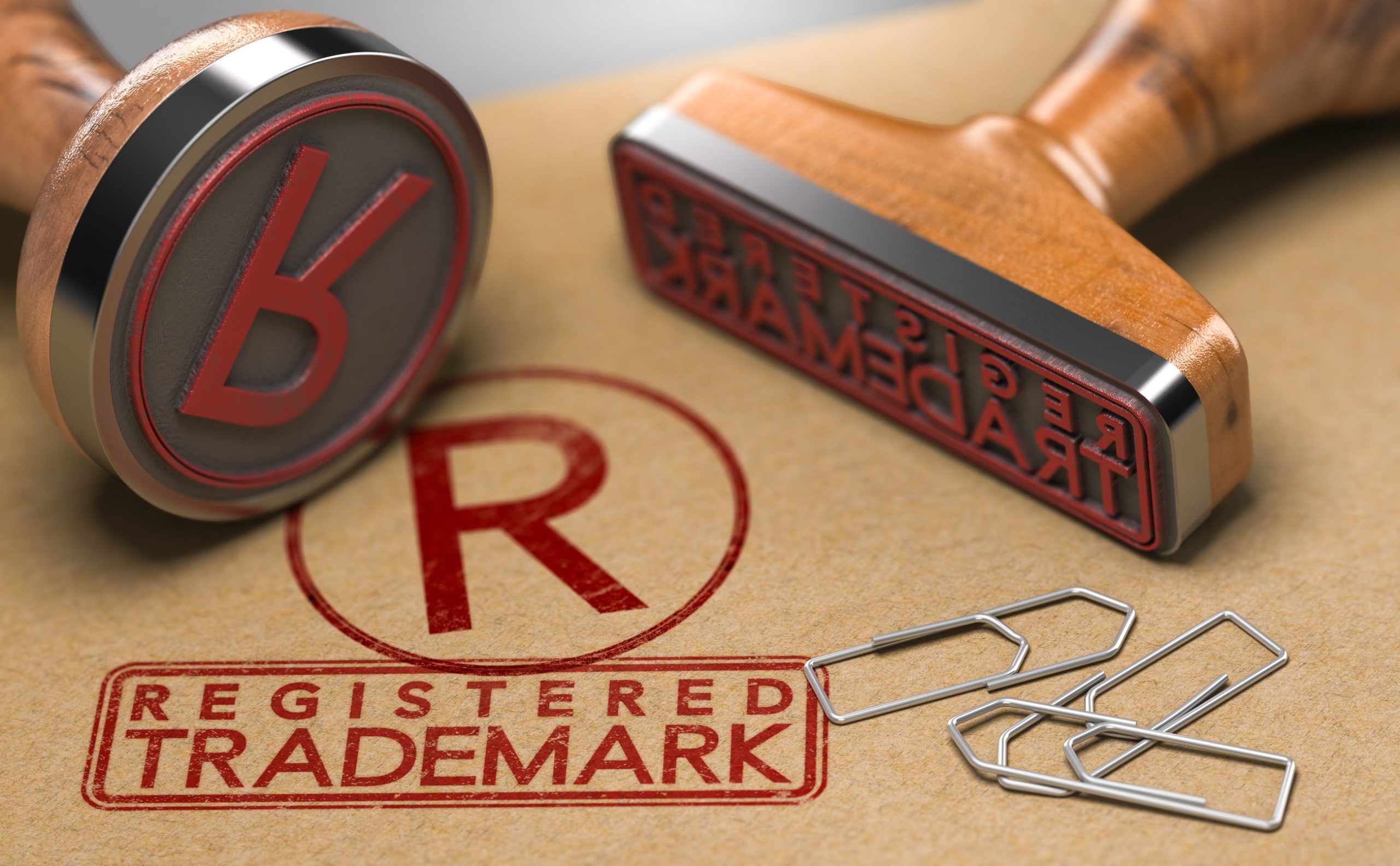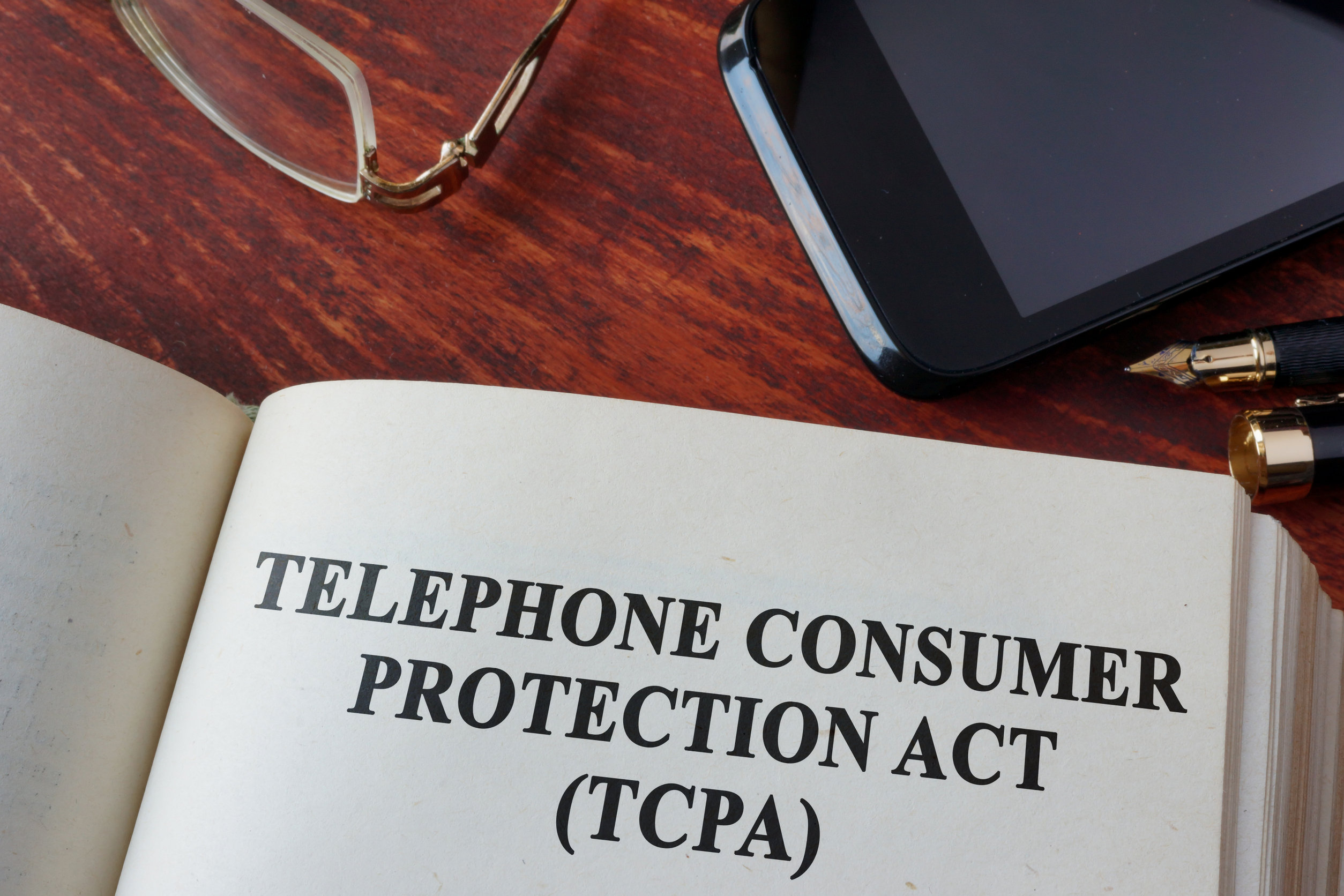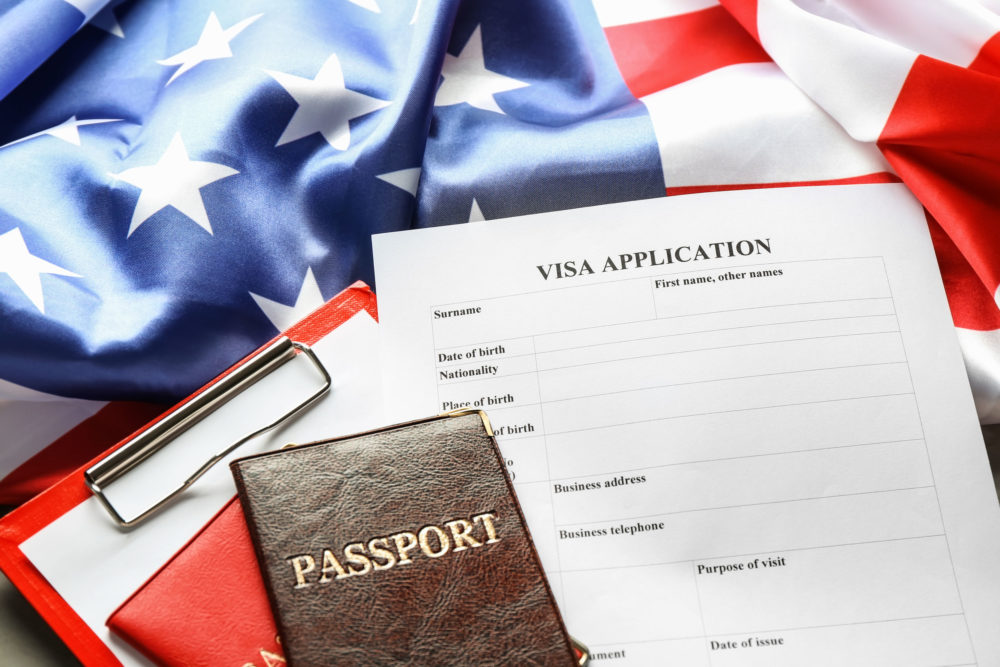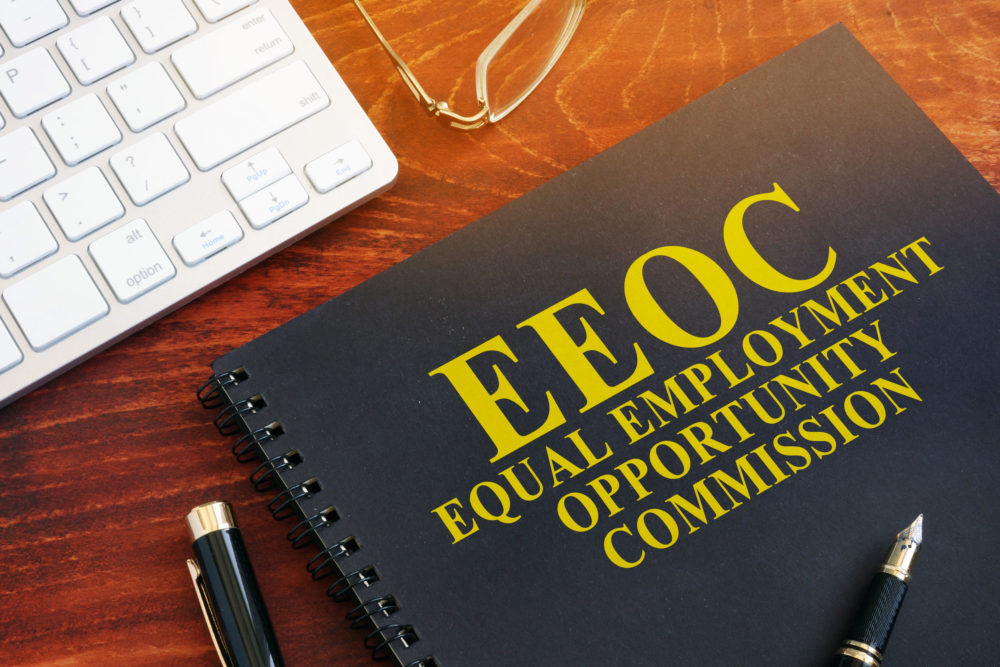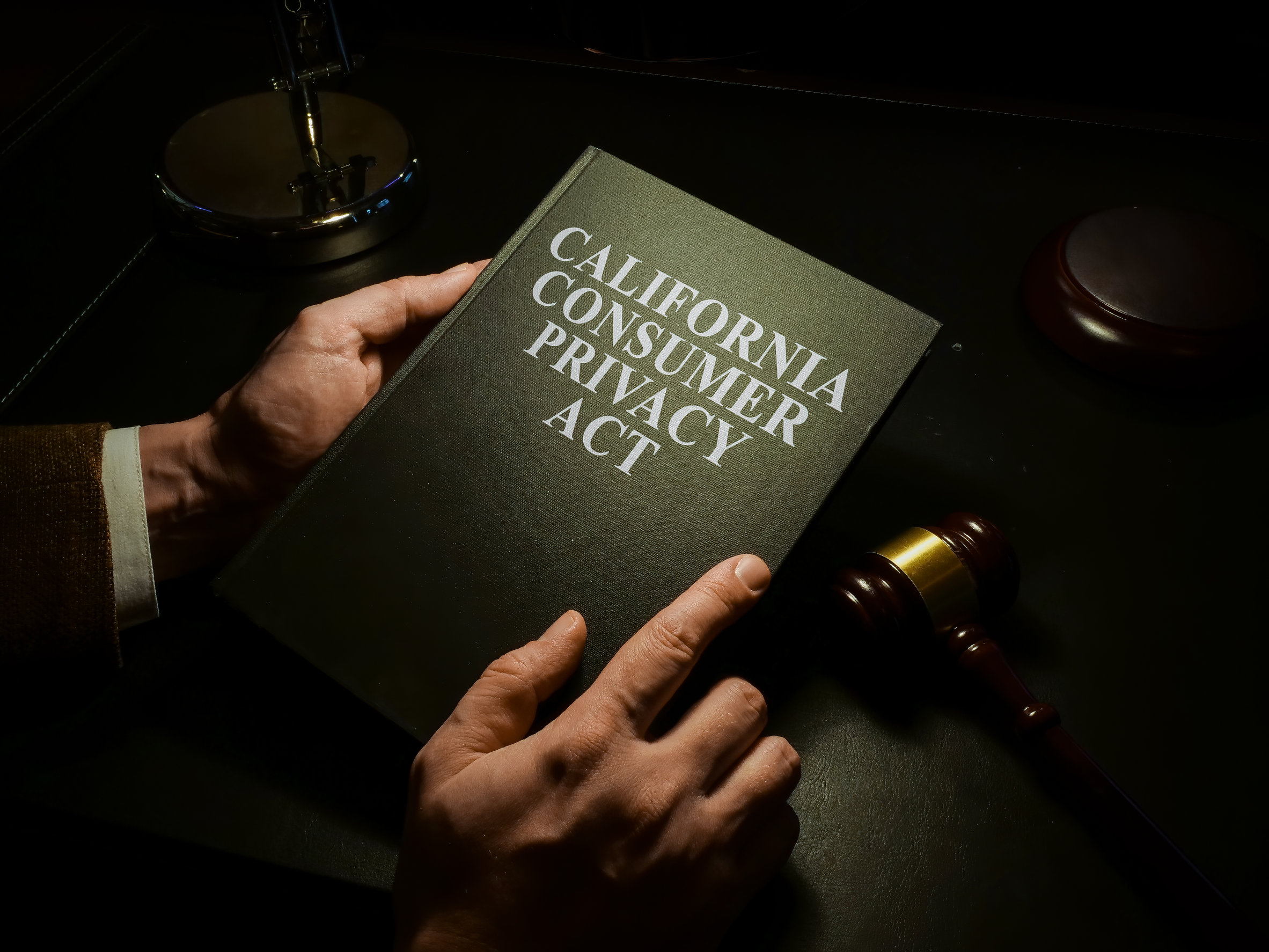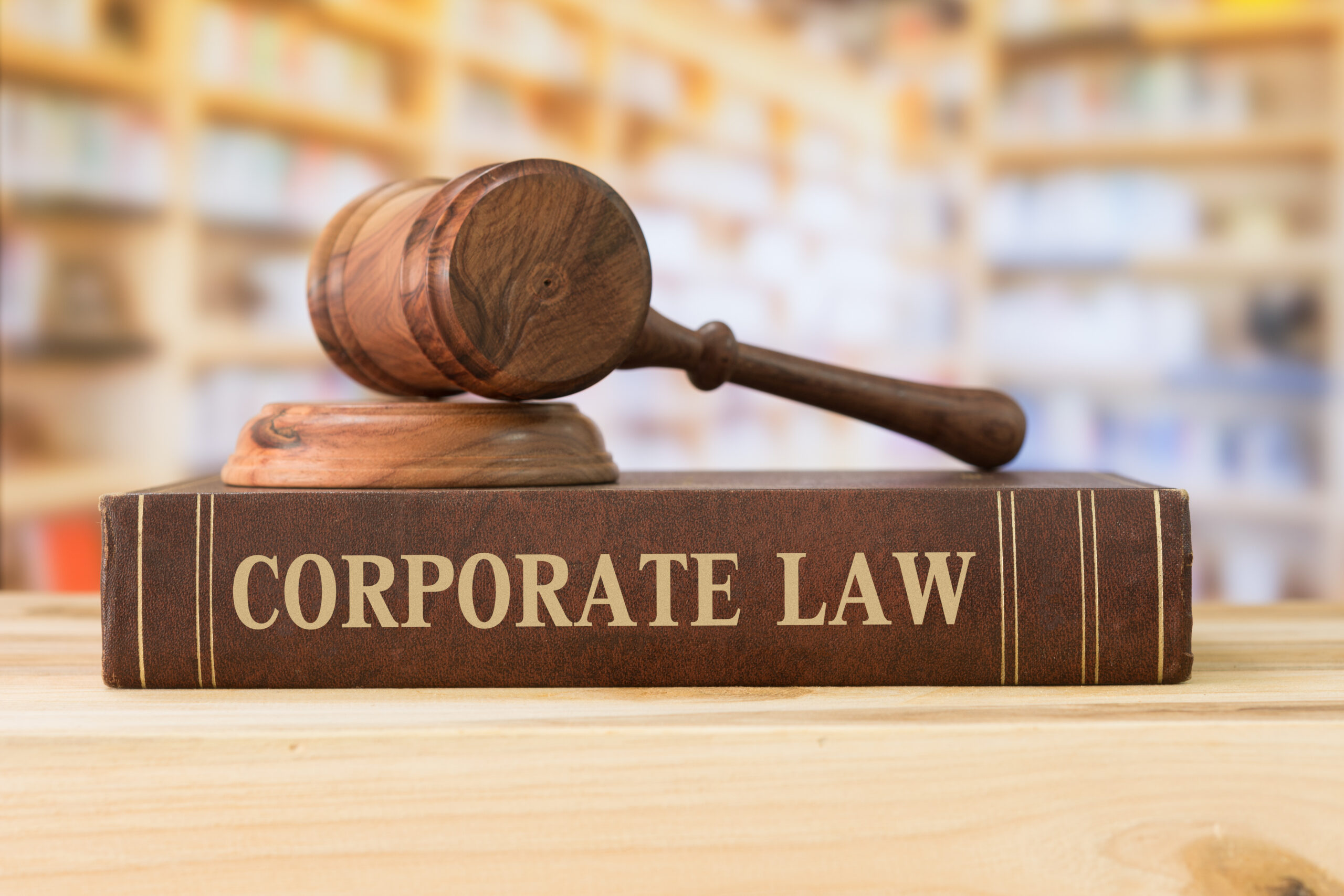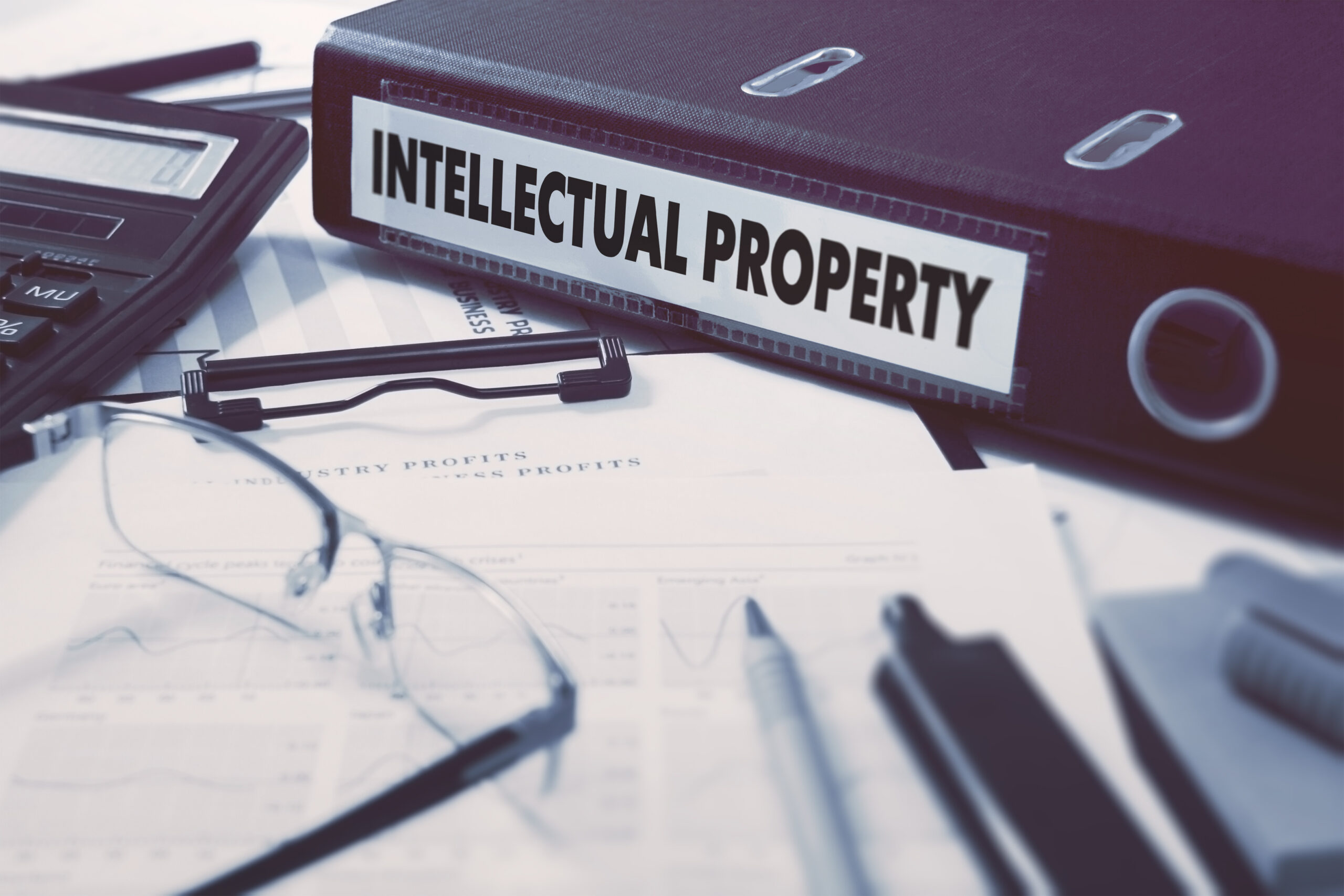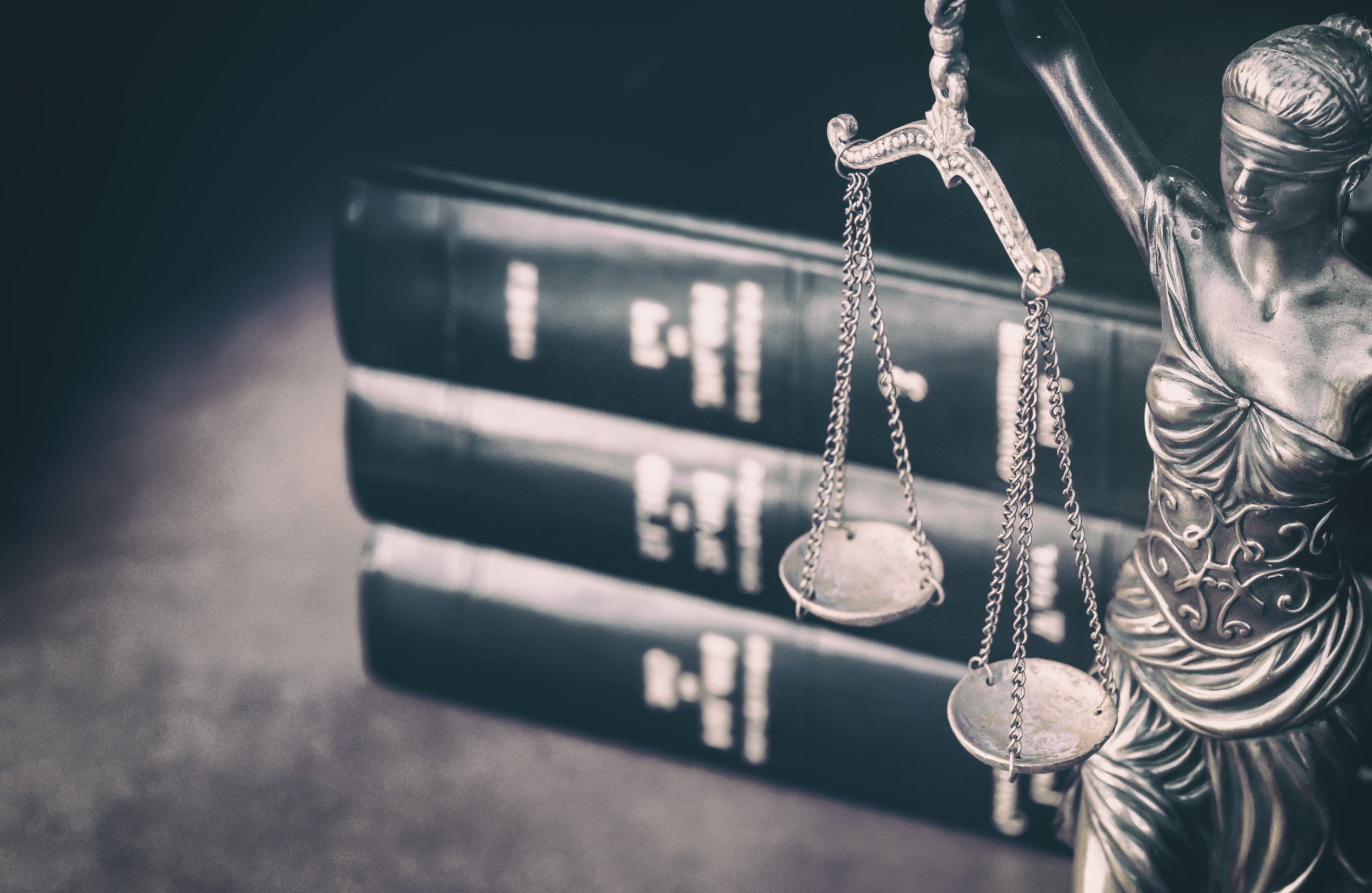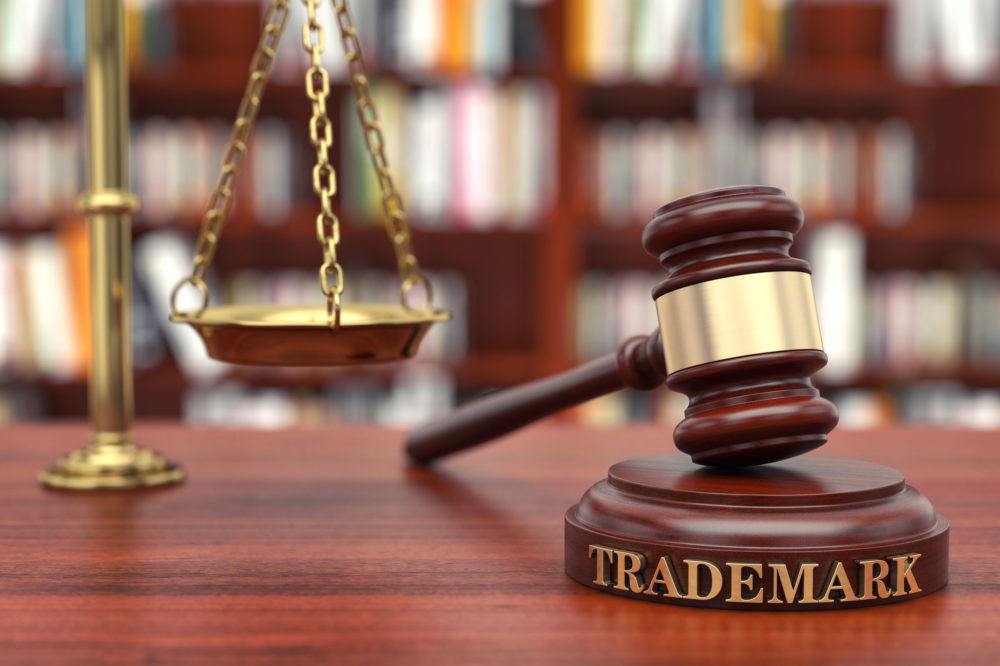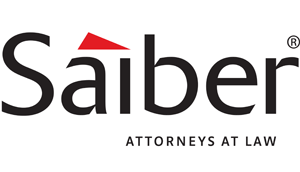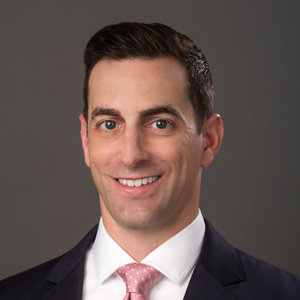Broadcast Date: Wednesday, January 20, 2021
from 3:00 pm to 4:00 pm (ET)
Overview:
When conducting internal investigations, companies face a myriad of complex and sensitive issues, including confidentiality, attorney-client privilege, and conflicts of interest. Adding to these issues are the new and evolving challenges arising from the COVID-19 pandemic. With internal investigations being conducted remotely, evidence collections and witness interviews have become more difficult to arrange.
Now more than ever, businesses and their counsel need to be cognizant of the most recent issues that may affect their investigation processes. If done properly, internal investigations can be a powerful tool in identifying and resolving issues so liability can be minimized.
In a LIVE Webcast, corporate lawyers DanaLynn T. Colao (Saiber LLC) and Adam B. Schwartz (Shearman & Sterling) will discuss the significant and latest issues which practitioners need to know in conducting effective internal investigations. Speakers, among other things, will also offer the best preparation tips and risk mitigation strategies.
Key topics include:
- Conducting Internal Investigations: Key Factors to Consider
- Recent Issues and Trends
- Addressing Potentials and Pitfalls
- Best Practices and Strategies
- What Lies Ahead
Learning Objectives:
- Determine the key considerations and remedial measures in addressing workplace internal investigation issues
- Identify the practical tips and strategies to conduct a comprehensive internal investigation
Credit:
Course Level:
Intermediate
Advance Preparation:
Print and review course materials
Method of Presentation:
On-demand Webcast (CLE); Group-Internet Based
Prerequisite:
General knowledge of internal investigations
Course Code:
149222
NASBA Field of Study:
Business Law – Technical
NY Category of CLE Credit:
Skills
Total Credit:
1.0 CLE
1.0 CPE (Not eligible for QAS (On-demand) CPE credits)
How to Claim CLE Credits Per State:
https://knowledgewebcasts.com/how-to-claim-cle-credits-per-state/
CLE State Requirements:
https://knowledgewebcasts.com/cle-state-requirements/
CPE State Requirements:
Speaker Panel:
DanaLynn T. Colao, Member
Saiber LLC
Over the past twenty years, DanaLynn Colao has developed a practice that focuses on employment and labor issues, contract matters, higher education, school law and professional liability. She counsels clients on a wide array of issues that arise in the workplace including new hires, medical leaves of absence, wage and hour claims, employment agreements, discrimination and harassment grievances, restrictive covenants and confidentiality agreements, termination decisions as well as separation agreements. DanaLynn has extensive experience conducting comprehensive investigations of a variety of matters for public and private clients, including inappropriate conduct in the workplace, ethical violations, conflicts of interest, policy violations and bullying. She also routinely prepares and updates employee handbooks and policies, and provides training to clients on various topics, including appropriate conduct in the workplace, harassment, discrimination, family leave and effective communication and management of employees.
She represents her clients in state and federal courts at the trial and appellate levels and before administrative tribunals, and has extensive experience providing counselling and litigation support in a variety of industries.
Adam B. Schwartz, Partner
Shearman & Sterling
Adam B. Schwartz is a partner in the firm’s Litigation practice. A former federal prosecutor and experienced first-chair trial lawyer, Adam’s practice focuses on the representation of multinational corporations, global financial institutions and individuals in criminal and civil regulatory matters, internal investigations, and in litigation in state and federal courts. Adam has represented companies and individuals in investigations led by the Department of Justice, U.S. Attorney’s Offices, the SEC, the CFTC, FINRA, state regulators, and Congress, and involving potential violations of the securities and antitrust laws, the FCPA, and the False Claims Act. In addition, Adam has extensive experience advising corporate entities on anti-corruption compliance matters.
Prior to entering private practice, Adam served as an Assistant U.S. Attorney in the U.S. Attorney’s Office for the Eastern District of Virginia and the U.S. Attorney’s Office for the District of Columbia. During his time at the U.S. Attorney’s Office, Adam tried more than 40 cases and argued numerous evidentiary motions and appeals. He also supervised the investigation, indictment, and trial of complex conspiracies, homicides, and matters involving public corruption and racketeering. While with the Department of Justice, he was awarded the Director’s Award and three special achievement awards. Adam was a law clerk for the Honorable Henry E. Hudson in the U.S. District Court for the Eastern District of Virginia, and an editor of the Virginia Law Review while at the University of Virginia School of Law.
Prior to law school, Adam served as an officer in the U.S. Navy and was deployed overseas twice between 2000 and 2004. He maintains an active pro bono practice representing fellow veterans in matters related to their veterans benefits.
Agenda:
DanaLynn T. Colao, Member
Saiber LLC
AND
Adam B. Schwartz, Partner
Shearman & Sterling
How to Effectively Conduct an Internal Investigation: Key Considerations During a Pandemic
- The Purpose of an Internal Investigation
- Appropriately investigate alleged misconduct by employees, business partners, contractors, customers, and other third parties to:
- manage risk associated with the conduct (reputational, financial, litigation, other)
- permit informed decision making by leadership in response
- evaluate the need for employment action if warranted
- and implement policy and control improvements to prevent future misconduct
- The pandemic does not alleviate a board’s duty to effectively manage and supervise operations – The need to effectively conduct internal investigations continues, perhaps even increases, in the remote working environment.
- Appropriately investigate alleged misconduct by employees, business partners, contractors, customers, and other third parties to:
- Important Considerations when Addressing Complex Situations
- Evaluate the Best Approach to Conduct a Comprehensive Investigation that will withstand scrutiny
- What is the impetus for the investigation? (whistleblower, employee complaint or comment, regulatory inquiry, filing of litigation, etc.)
- Should the investigation be conducted by an internal designee or an outside third party (lawyer vs. non-lawyer)?
- Identify the Legal and Policy Implications of the Alleged Conduct
- Does the conduct being investigated violate laws and/or company policy?
- Does it bring potential reputational risk?
- Consider Potential Conflicts of Interest that may arise During the Investigation
- Are there competing interests that may complicate the investigation?
- Determine which Communications may be protected by the Attorney Client Privilege and/or the Work Product Doctrine
- Has legal action been threatened or is it likely based on the factual circumstances?
- Evaluate the Best Approach to Conduct a Comprehensive Investigation that will withstand scrutiny
- Keys to Conducting Effective Investigations
- Identify an appropriate point of contact to oversee the Review
- It is helpful to have one person assist the investigators with collecting documents, contacting witnesses, scheduling interviews, etc.
- Defining the Scope of the Review
- Establish a general objective for the investigation
- Prepare for the possibility that the scope may evolve over the course of the investigation based on information revealed
- Develop an Investigative Plan of action to Obtain a Broad Understanding of the Relevant Facts and Surrounding Circumstances
- It is important to evaluate factual events in context
- The past events and the culture of a company may be critical when evaluating the situation
- Initial scoping interviews may be needed with the complainant/whistleblower or uninvolved internal experts
- Preserve, Collect and Review all Relevant Documents and Data
- Identify all potential resources of relevant information
- Take affirmative steps to preserve and collect information in a discrete manner
- Establish protocol for reviewing the information in an efficient manner that simultaneously recognizes privacy implications
- Pandemic/remote working issues:
- can preservation or collection occur remotely,
- can personal devices be reviewed pursuant to corporate policy?
- How do employees continue working if their at home devices (company issued or personal) need to be forensically collected?
- Develop a Strategy for Conducting Witness Interviews
- Identify individuals with potential relevant knowledge
- Always better to be over inclusive and to update the list as you proceed with the investigation.
- Determine the Order of Witness Interviews
- Order may be critical in the collection of information
- Want to avoid witnesses collaborating
- Where to Conduct Interviews
- There are pros and cons to video conference interviews
- May impact confidentiality because others could be present
- Trend with witnesses secretly recording conversations
- Sharing documents requires forethought. Approach may depend on the role of the witness in the investigation
- Preparation and Memorialization of Witness Interviews
- Be knowledgeable about the witness and the role in the situation
- Safeguarding the privilege
- The Dos and Don’ts when Interviewing a Witness
- Be prepared in advance to respond if the witness refuses the interview or requests separate counsel
- It is not appropriate to disclose the identity of the complainant and respondent
- It is not appropriate to disclose the details of the situation
- It is not appropriate to disclose who else was interviewed or what other witnesses may have shared with the investigators.
- Ask open ended questions about the general relevant areas
- Ask questions to illicit information to understand context
- Explore new areas of potential misconduct that may arise
- Take detailed notes
- Request documentation from witnesses relevant to their testimony
- Instruct witness on the importance of confidentiality of the meeting
- Identify individuals with potential relevant knowledge
- Take Affirmative Steps to Maintain Confidentiality
- Confidentiality is critical to the integrity of the investigative process.
- Maintaining confidentiality is more difficult right now with so many employees working remotely.
- Ways to Preserve Confidentiality
- Limit the number of people who are made aware of the complaint. (Goes back to keeping the circle small.)
- Limit the information shared with witnesses (including in writing)
- Limit the audience to whom the findings of the investigation are shared.
- Evaluate the Merits of a Written or Verbal Report
- Depends on the circumstances (summary vs. detailed report)
- Consider past practice
- Is litigation contemplated?
- Determine whether disciplinary or remedial recommendations will be included in report
- Recommendations / Remedial Measures
- Impose disciplinary action
- Modify internal policies and procedures to prevent similar misconduct
- Evaluate whether legal authorities need to be contacted
- Determine the best method to communicate the results of the investigation to the complainant, respondent and potentially others including the general workforce or public
- Identify an appropriate point of contact to oversee the Review
Date & Time:
Wednesday, January 20, 2021
3:00 pm to 4:00 pm (ET)
Who Should Attend:
- Internal Investigations Lawyers
- Human Resource Professionals
- Risk Management and Compliance Officers
- Corporate Managers
- General Counsel
- Internal Investigation Officers
- Top Level Management
| Image | Name | Summary | Price | Buy |
|---|---|---|---|---|
| "Ransomware: Are Your Backups Safe?" 3 Steps To Safeguard Your Backups From Ransomware | Broadcast Date: Thursday, June 2, 2022, from 11:00 am to 12:00 pm (ET) | Price Includes Recording | $69.00 | ||
| Alice Storm Aftermath: Cost Effective & Winning Strategies in 2020 | CLE: 1.0 Credit | Broadcast Date: Thursday, July 30, 2020 from 3:00 pm to 4:00 pm (ET) | Price Includes CLE & Recording | $69.00 | ||
| 2022 Guide to the Trademark Modernization Act: Dissecting New Procedural Options and Considerations | CLE: 1.0 Credit | Broadcast Date: Tuesday, May 10, 2022 from 12:00 pm to 01:00 pm (ET) | Price Includes CLE & Recording | $69.00 | ||
| 2023 Securities Litigation and Enforcement Mid-Year Update | CLE: 1.0 Credit | Broadcast Date: Tuesday, August 1, 2023, from 12:00 PM to 1:00 PM (ET) | Price Includes CLE & Recording | $69.00 | ||
| A Comprehensive Ethics Guide for Lawyers: What You Should Know and Do | CLE: 1.5 Credits | Broadcast Date: Thursday, May 07, 2020 from 12:00 pm to 1:30 pm (ET) | Price Includes CLE & Recording | $69.00 | ||
| A Comprehensive Guide on Anti-Money Laundering: Demystifying Trends, Developments, and Critical Issues | CLE: 1.5 Credits | CPE: 1.5 Credits (Not Eligible for QAS(On-demand) CPE Credit) | Broadcast Date: Wednesday, January 26, 2022 from 12:00 pm to 1:30 pm (ET) | Price Includes CLE & Recording | $69.00 | ||
| A Comprehensive Guide on Antitrust Class Certification: Hot Buttons Explored | CLE: 1.0 Credit | Broadcast Date: Wednesday, September 30, 2020 from 3:00 pm to 4:00 pm (ET) | Price Includes CLE & Recording | $69.00 | ||
| A Comprehensive Guide on International Trade and National Security Policy: Hot Buttons and Best Compliance Practices | CLE: 1.0 Credit | Broadcast Date: Thursday, December 09, 2021 from 3:00 pm to 4:00 pm (ET) | Price Includes CLE & Recording | $69.00 | ||
| A Comprehensive Guide on Non-Fungible Tokens (NFTs): Managing Potentials and Perils | CLE: 2.0 Credits | Broadcast Date: Tuesday, May 24, 2022 from 12:00 pm to 2:00 pm (ET) | Price Includes CLE & Recording | $69.00 | ||
| A Comprehensive Guide on Securing and Enforcing Trade Secrets: Demystifying Best Practices | CLE: 2.0 Credits | Broadcast Date: Wednesday, December 15, 2021, from 12:00 PM to 2:00 PM ET | Price Includes CLE & Recording | $69.00 | ||
| A Comprehensive Guide on SPAC Litigation and Enforcement: Hot Buttons Explored | CLE: 1.0 Credit | Broadcast Date: Tuesday, March 8, 2022 from 12:00 pm to 1:00 pm (ET) | Price Includes CLE & Recording | $69.00 | ||
| A Comprehensive Guide on the SECURE Act: Potentials and Pitfalls Explored | CLE: 2.0 Credits | CPE: 2.0 Credits (Not eligible for QAS (On-demand) CPE credits) |Broadcast Date: Friday, February 21, 2020 from 12:00 pm to 2:00 pm (ET)| Price Includes CLE & Recording | $69.00 | ||
| A Look at the Crypto Ecosystem: The Rising Risks and Emerging Markets | CLE: 1.0 Credit | Broadcast Date: Wednesday, August 9, 2023, from 12:00 PM to 1:00 PM (ET) | Price Includes CLE & Recording | $69.00 | ||
| A Practical Guide in Drafting Data Privacy and Security Agreements: Mitigating Data Security Breach Risks | CLE: 1.5 Credits | Broadcast Date: Wednesday, August 10, 2022 from 12:00 pm to 1:30 pm (ET) | Price Includes CLE & Recording | $69.00 | ||
| A Practical Guide on ITC Section 337 Investigations: Dodging Pitfalls and Maximizing Opportunities | CLE: 1.0 Credit | Broadcast Date: Tuesday, September 29, 2020 from 12:00 pm to 1:00 pm (ET) | Price Includes CLE & Recording | $69.00 | ||
| A Practical Guide on New PFAS Reporting Obligations: What You Must Know and Do | CLE: 1.0 Credit | Broadcast Date: Monday, September 27, 2021 from 12:00 pm to 1:00 pm (ET) | Price Includes CLE & Recording | $69.00 | ||
| A Practical Guide to Litigation Finance in 2022: Exploring Key Legal Trends | CLE: 1.0 Credit | Broadcast Date: Tuesday, July 19, 2022, from 12:00 pm to 01:00 pm ET | Price Includes CLE & Recording | $69.00 | ||
| A Review of Immigration Policies: Key Facts Explored | CLE: 1.0 Credit | Broadcast Date: Monday, November 27, 2023 from 12:00 pm to 1:00 pm (ET)| Price Includes CLE & Recording | $69.00 | ||
| ABAC Compliance: Highlighting Enforcement Actions and Regulatory Updates | CLE: 1.0 Credit | Broadcast Date: Tuesday, October 4, 2022 from 12:00 PM to 1:00 PM (ET) | Price Includes CLE & Recording | $69.00 | ||
| ABCs of Hedge Fund and Private Equity Fund Formation | CLE: 1.0 Credit | Broadcast Date: Tuesday, May 9, 2023, from 3:00 PM to 4:00 PM ET | Price Includes CLE & Recording | $69.00 | ||
| Accountants' Practical Ethics Guide: 2022 Perspective | CPE: 1.5 Credits (Not eligible for QAS (On-demand) CPE credit) | Broadcast Date: Tuesday, August 30, 2022 from 12:00 PM to 1:30 PM ET | Price Includes Recording | $69.00 | ||
| Accounting Fraud & SEC Investigations: Recent Enforcement Initiatives and Compliance Issues | Credit: 1.0 CLE | 1.0 CPE (Not eligible for QAS (On-demand) CPE credit) | Broadcast Date: Wednesday, January 11, 2023, from 3:00 PM to 4:00 PM ET | Price Includes CLE & Recording | $69.00 | ||
| Accounts Payable Automation: A Comprehensive Guide to Reaching Your AP Automation Goals | Broadcast Date: Thursday, August 11, 2022 from 12:00 pm to 1:00 pm ET | Price Includes Recording | $69.00 | ||
| Accounts Payable Automation: Trends, Benefits, & Cost-Control Strategies Explored | Broadcast Date: Wednesday, June 8, 2022, from 12:00 pm to 1:00 pm (ET) | Price Includes Recording | $69.00 | ||
| Accounts Receivable & Cashflow Automation: Learn How Digitalization Is Transforming AR and Treasury Processes | Broadcast Date: Wednesday, July 13, 2022, from 12:00 PM to 1:00 PM (ET) | Price Includes Recording | $69.00 | ||
| Addressing Legal Challenges in Cross-Border Asset Recovery | CLE: 1.0 Credit | Broadcast Date: Monday, July 17, 2023 from 12:00 PM to 1:00 PM ET | Price Includes CLE & Recording | $69.00 | ||
| Advancing Trial Skills: Critical Steps to an Effective Cross-Examination | CLE: 1.0 Credit | Broadcast Date: Wednesday, May 31, 2023, from 3:00 PM to 4:00 PM (ET) | Price Includes CLE & Recording | $69.00 | ||
| AI Inventions and Patents: Drafting Patents for Successful Licensing and Enforcement of AI Technology | CLE: 1.0 Credit | Broadcast Date: Wednesday, December 6, 2023, from 12:00 PM to 1:00 PM ET | Price Includes CLE & Recording | $69.00 | ||
| Alternative Dispute Resolution in the Construction Industry: Emerging Trends and Developments | CLE: 1.0 Credit | Broadcast Date: Tuesday, May 31, 2022 from 12:00 PM to 1:00 PM (ET) | Price Includes CLE & Recording | $69.00 | ||
| Anti-dumping (AD) and Countervailing Duties (CVD): A 2020 Update | CLE: 1.5 Credits | Broadcast Date: Thursday, July 23, 2020 from 12:00 pm to 1:30 pm (ET) | Price Includes CLE & Recording | $69.00 | ||
| Anti-Money Laundering and the Foreign Corrupt Practices Act (FCPA): Recent Enforcement Trends and Developments | CLE: 1.0 Credit | Broadcast Date: Thursday, September 23, 2021 from 4:00 pm to 5:00 pm (ET) | Price Includes CLE & Recording | $69.00 | ||
| Antitrust 'No-Poach' Agreement Enforcement: Key Focus Areas in 2024 | CLE: 1.5 Credits | Broadcast Date: Check back for updates or Click Here and get notified of the new date | Price Includes CLE & Recording | $69.00 | ||
| Antitrust & IP Landscape: Navigating the Challenges of AI & Algorithm | CLE: 1.0 | Broadcast Date: Monday, December 9, 2024 from 12:00 PM to 1:00 PM (ET) | Price Includes CLE & Recording | $69.00 | ||
| Antitrust Class Certification: Staying Ahead of the Curve Amid Evolving Standards | CLE: 1.0 Credit | Broadcast Date: Tuesday, August 8, 2023, from 12:00 PM to 1:00 PM (ET) | Price Includes CLE & Recording | $69.00 | ||
| Antitrust Enforcement in the World of No-Poach: The Risks and Traps for Employers | CLE: 1.5 Credits | Broadcast Date: Tuesday, June 21, 2022, from 12:00 pm to 1:30 pm (ET) | Price Includes CLE & Recording | $69.00 | ||
| Antitrust Litigation: Class Certification Issues and Developments | CLE: 1.0 Credit | Broadcast Date: Thursday, September 29, 2022 from 3:00 pm to 4:00 pm (ET) | Price Includes CLE & Recording | $69.00 | ||
| Antitrust Merger Enforcement: Significant Regulatory Developments and Issues Explored | CLE: 1.0 Credit | Broadcast Date: Tuesday, April 25, 2023 from 12:00 pm to 1:00 pm (ET) | Price Includes CLE & Recording | $69.00 | ||
| Antitrust Merger Enforcement: What to Expect in 2024? | CLE: 1.0 Credit | Broadcast Date: Wednesday, February 7, 2024 from 12:00 PM to 1:00 PM ET | Price Includes CLE & Recording | $69.00 | ||
| Arkansas Online CLE Bundle 2024 | This bundle allows you to complete 12 Arkansas CLE credits. These courses are all on-demand and can be completed at your convenience. For more information, click here to see the state CLE requirements. | $99.00 | ||
| Artificial Intelligence in 2020: Practical Guide to Mitigate Risks and Avoid Pitfalls | CLE: 2.0 Credits |Broadcast Date: Friday, July 10, 2020 from 3:00 pm to 5:00 pm (ET) Price Includes CLE & Recording | $69.00 | ||
| Asbestos Litigation Trends: Understanding Disease, Jurisdiction, and Plaintiff Firm Strategies | CLE: 2.0 Credits | Broadcast Date: Tuesday, December 12, 2023, from 12:00 PM to 2:00 PM (ET) | Price Includes CLE & Recording | $69.00 | ||
| Asbestos Litigation: Demystifying Trends, Developments, and Defense Strategies | CLE: 1.0 Credit | Broadcast Date: Thursday, May 26, 2022, from 12:00 PM to 1:00 PM ET | Price Includes CLE & Recording | $69.00 | ||
| Asbestos Litigation: What's Changing in 2024 and Beyond | CLE: 1.5 Credit | Broadcast Date: Tuesday, July 9, 2024, from 12:00 pm to 1:30 pm (ET) | Price Includes CLE & Recording | $69.00 | ||
| Avoiding Insurance Bad Faith Claims: A Guide for Policyholders and Insurers | CLE: 1.0 Credit | Broadcast Date: Thursday, January 11, 2024 from 12:00 pm to 1:00 pm (ET) | Price Includes CLE & Recording
| $69.00 | ||
| Bad Faith Insurance: Legal Risks and Imperative Actions to Take | CLE: 1.0 Credit | Broadcast Date: Monday, September 26, 2022 from 12:00 pm to 1:00 pm (ET) | Price Includes CLE & Recording | $69.00 | ||
| Bad Faith Litigation and Insurance Coverage: Best Practices and Strategies You Should Consider | CLE: 1.5 Credits | Broadcast Date: Monday, July 13, 2020 from 3:00 pm to 4:30 pm (ET) | Price Includes CLE & Recording | $69.00 | ||
| Balancing Competition and Innovation Amid the Changing Antitrust Landscape | CLE: 1.5 Credits | Broadcast Date: Tuesday, August 22, 2023, from 12:00 pm to 1:30 pm (ET) | Price Includes CLE & Recording | $69.00 | ||
| Balancing Duty and Confidentiality: Protecting Privilege and Confidentiality in Child Abuse Cases | CLE: 1.0 Credit | Broadcast Date: Tuesday, February 27, 2024 , from 12:00 pm to 1:00 pm (ET)| Price Includes CLE & Recording | $69.00 | ||
| Balancing Scales and Well-Being: Navigating Mental Health Challenges in Law | CLE: 1.0 Credits | Broadcast Date: Friday, April 12, 2024, from 12:00 pm to 1:00 pm (ET) | Price Includes CLE & Recording | $69.00 | ||
| Bank Secrecy Act (Title 31) Regulations: Enforcement Priorities and Compliance Issues Explored | CLE: 1.0 Credit | Broadcast Date: Tuesday, October 19, 2021, from 3:00 pm to 4:00 pm (ET) | Price Includes CLE & Recording | $69.00 | ||
| Bankruptcy & Restructuring in the Oil & Gas Industries in 2016 & Beyond | CLE: 2.0 Credits | Broadcast Date: Wednesday, June 22, 2016, from 12:00 PM to 2:00 PM ET | Price Includes CLE & Recording | $69.00 | ||
| Beyond Etiquette: Demystifying Mandatory Civility Rules for Lawyers 2024 | CLE: 1.0 Credit | Broadcast Date: Wednesday, August 21, 2024, from 12:00 PM to 1:00 PM (ET) | Price Includes CLE & Recording | $69.00 | ||
| Beyond Individual Claims: Examining Class Action Litigation | CLE: 1.0 Credits | Broadcast Date: Friday, December 6, 2024, from 12:00 PM to 1:00 PM (ET) | Price Includes CLE Credits & Recording | $69.00 | ||
| Biotech and Pharmaceutical Patent Law: Cutting-Edge Issues to Watch For | CLE: 1.5 Credits | Broadcast Date: Friday, September 16, 2022 from 12:00 PM to 1:30 PM (ET) | Price Includes CLE & Recording | $69.00 | ||
| BlackOps on DevOps: Why Hackers Are Targeting Developers and What You Can Do About It? | CLE: 1.0 Credit | Broadcast Date: Tuesday, December 14, 2021 from 12:00 pm to 1:00 pm (ET) | Price Includes CLE & Recording | $69.00 | ||
| Block Email Threats with AI: Best Defenses Against Phishing Attacks | Broadcast Date: Tuesday, July 26, 2022 from 12:00 pm to 1:00 pm ET | Price Includes Recording | $69.00 | ||
| Blockchain and Antitrust: Addressing Potential Competition Law Risks | CLE: 1.0 Credit | Broadcast Date: Tuesday, December 14, 2021 from 3:00 pm to 4:00 pm (ET) | Price Includes CLE & Recording | $69.00 | ||
| Blockchain and Smart Contracts in the Supply Chain: Managing Key Issues and Potential Risks | CLE: 1.5 Credits | CPE: 1.5 Credits (Not eligible for QAS (On-demand) CPE credits) | Broadcast Date: Wednesday, May 06, 2020 from 3:00 pm to 4:30 pm (ET) | Price Includes CLE & Recording | $69.00 | ||
| Bolstering BSA/AML Compliance in 2023: Effective Risk Management Programs Explored | Credit: 1.0 CLE | 1.0 CPE (Not eligible for QAS (On-demand) CPE credit) | Broadcast Date: Wednesday, July 26, 2023 from 12:00 PM to 1:00 PM ET | Price Includes CLE, CPE & Recording | $69.00 | ||
| BPCIA Patent Dance: Navigating the Biosimilar Litigation Landscape in 2020 | CLE 1.0 Credit | Broadcast Date: Thursday, February 06, 2020 from 3:00 pm to 4:00 pm (ET) | Price Includes CLE & Recording | $69.00 | ||
| Breaking Down Tax Controversy: Key Issues in 2025 | CLE: 1.0 Credits | Broadcast Date: Wednesday, February 12, 2025 from 12:00 PM to 1:00 PM (ET) | Price Includes CLE Credits & Recording | $69.00 | ||
| Breaking Down the Business Lending Process: Learn How to Overcome Common Challenges for Financial Institutions | CLE: 1.5 Credits | CPE: 1.5 Credits (Not eligible for On-demand credit) | Broadcast Date: Tuesday, August 31, 2021 from 12:00 pm to 1:30 pm (ET) | Price Includes CLE & Recording | Original price was: $69.00.$0.00Current price is: $0.00. | ||
| Breaking Ground: Mastering Patent Eligibility in the Realm of ML, AI, and Software Innovations | CLE: 1.0 Credit | Broadcast Date: Monday, July 29, 2024, from 3:00 pm to 4:00 pm ET | Price Includes CLE & Recording | $69.00 | ||
| Broker-Dealer Enforcement Trends: Exploring Regulatory Challenges and Compliance Issues | CLE: 1.0 Credit | Broadcast Date: Wednesday, June 15, 2022, from 12:00 pm to 1:00 pm ET | Price Includes CLE & Recording | $69.00 | ||
| BSA/AML Compliance: Enforcement Trends and New Challenges | CLE: 1.0 Credit | Broadcast Date: Thursday, April 21, 2022, from 12:00 pm to 01:00 pm ET | Price Includes CLE & Recording | $69.00 | ||
| BSA/AML Emerging Trends: Best Compliance Practices for Your Firm | CLE: 2.0 Credits | Broadcast Date: Tuesday, March 8, 2022 from 3:00 pm to 5:00 pm (ET) | Price Includes CLE & Recording | $69.00 | ||
| BSA/AML Enforcement and Compliance: How to Effectively Mitigate Risks and Perils | CLE: 1.0 Credit | Broadcast Date: Wednesday, September 22, 2021 from 12:00 pm to 1:00 pm (ET) | Price Includes CLE & Recording | $69.00 | ||
| BSA/AML Enforcement Trends: Regulatory Guidance for an Effective Compliance Program | CLE: 1.5 Credits | Broadcast Date: Wednesday, September 7, 2022, from 12:00 pm to 1:30 pm ET | Price Includes CLE & Recording | $69.00 | ||
| BSA/AML Reform 2025: Strategies for Navigating Ongoing Challenges | CLE: 1.5 Credits | Broadcast Date: Tuesday, February 18, 2025, from 12:00 pm to 1:30 pm (ET) | Price Includes CLE & Recording | $69.00 | ||
| Building an Efficient Data Modernization Strategy: What You Must Know and Do | CLE: 1.5 Credits | CPE: 1.5 Credits (Not eligible for QAS (On-demand) CPE credit) | Broadcast Date: Tuesday, September 13, 2022 from 12:00 PM to 1:30 PM (ET) | Price Includes CLE & Recording | $69.00 | ||
| Business Bankruptcy Strategies: Navigating Complex Financial Reorganizations and Restructurings | CLE: 1.5 Credit | Broadcast Date: Thursday, March 6, 2025, from 12:00 PM to 1:30 PM (ET) | Price Includes CLE Credits & Recording | $69.00 | ||
| Calculating Patent Damages: Key Developments and Notable Cases Explored | CLE: 1.0 Credit | Broadcast Date: Thursday, April 13, 2023, from 12:00 PM to 1:00 PM (ET) | Price Includes CLE & Recording | $69.00 | ||
| California Online CLE Bundle 2023 | This bundle allows you to complete 25 California CLE credits. These courses are all on-demand and can be completed at your convenience. | $199.00 | ||
| California Online CLE Bundle 2024 | This bundle allows you to complete 25 California CLE credits. These courses are all on-demand and can be completed at your convenience. For more information: | $49.00 | ||
| Cannabis Patent Litigation Updates: Recent Developments You Need to Know | CLE: 1.0 Credit | Broadcast Date: Thursday, December 16, 2021, from 12:00 PM to 1:00 PM ET | Price Includes CLE & Recording | $69.00 | ||
| Cannabis Unleashed: Unveiling Legal and Business Fundamentals | CLE: 1.0 | Broadcast Date: Tuesday, June 4, 2024, from 12:00 PM to 1:00 PM (ET) | Price Includes CLE & Recording | $69.00 | ||
| Cartel and Collusion: Identifying Risks and Structuring Preventive Measures | CLE: 1.0 Credit | Broadcast Date: Wednesday, November 30, 2022 from 12:00 PM to 1:00 PM (ET) | Price Includes CLE & Recording | $69.00 | ||
| Cartel Investigations: A Blueprint for Defense | CLE: 1.5 Credits | Broadcast Date: Tuesday, May 21, 2024, from 12:00 PM to 1:30 PM ET | Price Includes CLE & Recording | $69.00 | ||
| CEO Pay Ratio Rule: What You Need to Know | CLE: 1.0 Credit | Broadcast Date: Thursday, July 09, 2020 from 12:00 pm to 1:00 pm (ET) | Price Includes CLE & Recording | $69.00 | ||
| Chapter 11 Bankruptcy Protection: Resolving Complex Issues in Business Reorganizations | CLE: 2.0 Credits | Broadcast Date: Tuesday, September 20, 2022, from 12:00 PM to 02:00 PM ET | Price Includes CLE & Recording | $69.00 | ||
| Chapter 11 Corporate Bankruptcy Reorganizations: Leases and Executory Contracts | CLE: 1.5 Credits | Broadcast Date: Wednesday, April 19, 2023, from 3:00 pm to 4:30 pm ET | Price Includes CLE & Recording | $69.00 | ||
| Charting the Course: FCPA Enforcement and Compliance Strategies for Success | CLE: 1.0 Credit | Broadcast Date: Thursday, September 26, 2024 from 12:00 PM to 1:00 PM ET | Price Includes CLE & Recording | $69.00 | ||
| Child Abuse and Neglect: Ethical and Responsible Reporting Guidelines | CLE: 2.0 Credits | Broadcast Date: Wednesday, April 5, 2023, from 12:00 pm to 2:00 pm (ET) | Price Includes CLE & Recording | $69.00 | ||
| Civil Tax Controversies: Minimizing the Complexities and Overcoming Challenges | Credit: 1.0 CLE | 1.0 CPE (Not eligible for QAS (On-demand) CPE credit) | Broadcast Date: Wednesday, September 28, 2022 from 12:00 PM to 1:00 PM ET | Price Includes CLE & Recording | $69.00 | ||
| Class Action and Complex Litigation: Demystifying Trends, Developments, and Legal Challenges | CLE: 1.5 Credits | Broadcast Date: Tuesday, September 01, 2020 from 3:00 pm to 4:30 pm (ET) | Price Includes CLE & Recording | $69.00 | ||
| Class Action Litigation: A Comprehensive Guide to Recent Developments and Best Practices | CLE: 1.5 Credits | Broadcast Date: Thursday, August 8, 2024, from 12:00 PM to 1:30 PM (ET) | Price Includes CLE & Recording | $69.00 | ||
| Class Action Litigation: Demystifying Trends, Developments, and Best Defense Strategies | CLE: 2.0 Credits | Broadcast Date: Wednesday, February 9, 2022 from 12:00 pm to 2:00 pm (ET) | Price Includes CLE & Recording | $69.00 | ||
| Class Certification in Antitrust: Key Considerations to Avoid Pitfalls | CLE: 2.0 Credits | Broadcast Date: Wednesday, September 15, 2021 from 3:00 pm to 5:00 pm (ET) | Price Includes CLE & Recording | $69.00 | ||
| Class Certifications: Trends, Developments and Effective Strategies | CLE: 1.5 credits |Broadcast Date: Tuesday, February 11, 2020 from 12:00 pm to 1:30 pm (ET) Price Includes CLE & Recording | $69.00 | ||
| CLE Processing | Online Payment for CLE Processing | $35.00 – $150.00 | ||
| Cloud-Based Sales Tax Solutions: The Key to Reduced TCO, Increased ROI | CPE: 1.0 CLE | Broadcast Date: Thursday, October 28, 2021 from 2:00 pm to 3:00 pm (ET) | Price Includes CLE & Recording | $69.00 | ||
| Collective Bargaining Agreements (CBA): Critical Issues and Strategic Practices Explored | CLE: 1.0 Credit | Broadcast Date: Tuesday, October 18, 2022 from 12:00 pm to 1:00 pm (ET) | Price Includes CLE & Recording | $69.00 | ||
| Combatting Antitrust Misconduct in Government Procurement: Regulatory and Enforcement Developments | CLE: 1.5 Credits | Broadcast Date: Thursday, July 16, 2020 from 12:00 pm to 1:30 pm (ET) | Price Includes CLE & Recording | $69.00 | ||
| Commercial Litigation in 2020: Winning Tips and Strategies | CLE: 1.5 Credits | Broadcast Date: Tuesday, April 14, 2020 from 12:00 pm to 1:30 pm (ET) | Price Includes CLE & Recording | $69.00 | ||
| Commercial Litigation: Understanding and Calculating Lost Profit Damages | CLE: 1.0 Credit | Broadcast Date: Friday, May 19, 2023, from 12:00 PM to 1:00 PM ET | Price Includes CLE & Recording | $69.00 | ||
| Commercial Real Estate Leases: Trends and Developments | 1.0 CLE |Broadcast Date: Tuesday, July 14, 2020 from 3:00 pm to 4:00 pm (ET) | Price Includes CLE & Recording | $69.00 | ||
| Compliance, Compassion, and Clients: Legal Insights into Mental Health | CLE: 1.0 Credit | Broadcast Date: Monday, December 16, 2024, from 12:00 pm to 1:00 pm (ET) | Price Includes CLE Credits & Recording | $69.00 | ||
| Conducting Internal Investigations in the Time of COVID-19 and Beyond: Best Practices and Key Considerations | CLE: 1.5 Credits | Broadcast Date: Tuesday, February 22, 2022 from 12:00 pm to 1:30 pm (ET) | Price Includes CLE & Recording | $69.00 | ||
| Connecticut Online CLE Bundle 2024 | This bundle allows you to complete 12 Connecticut CLE credits. These courses are all on-demand and can be completed at your convenience. For more information, click here to see the state CLE requirements. | $99.00 | ||
| Construction Defect Claims and Litigation: Managing Risks and Ensuring Best Practices | CLE: 1.0 Credit | Broadcast Date: Tuesday, December 6, 2022 from 12:00 pm to 1:00 pm (ET) | Price Includes CLE & Recording | $69.00 | ||
| Construction Defect Litigation and Insurance Coverage: What You Must Know and Do | CLE: 1.0 Credit | Broadcast Date: Wednesday, May 20, 2020 from 3:00 pm to 4:00 pm (ET) | Price Includes Recording | $69.00 | ||
| Construction Disputes: A Comprehensive Guide on How to Avoid Settlement Table Risks | CLE: 2.0 Credits | Broadcast Date: Wednesday, September 23, 2020 from 3:00 pm to 5:00 pm (ET) | Price Includes CLE & Recording | $69.00 | ||
| Construction Disputes: Strategies and Best Practices to Manage Complexities and Challenges | CLE 2.0 Credits |Broadcast Date: Tuesday, April 28, 2020 from 12:00 pm to 2:00 pm (ET) | Price Includes CLE & Recording | $69.00 | ||
| Consumer Class Action Litigation: Tips & Strategies for Your Firm in 2020 and Beyond | CLE: 1.5 Credits | Broadcast Date: Tuesday, September 15, 2020 from 12:00 pm to 1:30 pm (ET) | Price Includes CLE & Recording | $69.00 | ||
| Consumer Finance 2025: Managing Risks and Opportunities in a Shifting Landscape | CLE: 1.0 Credits | Broadcast Date: Wednesday, January 29, 2025, from 12:00 PM to 1:00 PM (ET) | Price Includes CLE Credits & Recording | $69.00 | ||
| Consumer Law: A Comprehensive Guide on Handling Short- and Long-Term Disability Claims | CLE: 1.0 Credit | Broadcast Date: Monday, September 20, 2021 from 12:00 pm to 1:00 pm (ET) | Price Includes CLE & Recording | $69.00 | ||
| Corporate Bankruptcy and Restructuring: Latest Trends to Watch in 2022 | CLE: 1.0 Credit | Broadcast Date: Tuesday, April 12, 2022 from 12:00 pm to 1:00 pm (ET) | Price Includes CLE & Recording | $69.00 | ||
| Corporate Transparency Act: Understanding FinCEN's Final Rules and Key Reporting Guidelines | CLE: 1.5 Credits | Broadcast Date: Check back for updates or Click Here and get notified of the new date. | Price Includes CLE & Recording | $69.00 | ||
| Countering Fraud Risks in the Insurance Industry: A Blueprint for Your Business | Credits: 1.5 CLE | Broadcast Date: Thursday, June 1, 2023, from 12:00 PM to 1:30 PM ET | Price Includes CLE & Recording | $69.00 | ||
| Coverage and Bad Faith Litigation: Exploring Deposition Strategies for Insurers and Policyholders | CLE: 1.5 Credits | Broadcast Date: Friday, July 16, 2021 from 12:00 pm to 1:30 pm (ET) | Price Includes CLE & Recording | $69.00 | ||
| Critical Issues in Hatch-Waxman Litigation | CLE: 1.5 Credits | Broadcast Date: Monday, December 18, 2023, from 12:00 PM to 1:30 PM ET | Price Includes CLE & Recording | $69.00 | ||
| Cross-Border Investigations: Trends and Predictions for 2022 | CLE: 1.0 Credit | Broadcast Date: Thursday, January 20, 2022 from 12:00 pm to 1:00 pm (ET) | Price Includes CLE & Recording | $69.00 | ||
| Cyber Threat Intelligence: How to Prepare Against Attacks from the Deep and Dark Web | Broadcast Date: Wednesday, March 23, 2022 from 10:00 am to 11:00 am (ET) | Price Includes Recording | $69.00 | ||
| Cybersecurity for Lawyers: Stay Ahead of the Curve in 2024 | CLE: 2.0 Credits | Broadcast Date: Thursday, March 28, 2024, from 3:00 PM to 5:00 PM ET | Price Includes CLE & Recording | $69.00 | ||
| Cybersecurity Management: Best Practices in a Remote Environment | CLE: 1.5 Credits | CPE: 1.5 Credits (Not eligible for QAS (On-demand) CPE credit) | Broadcast Date: Thursday, April 22, 2021 from 12:00 pm to 1:30 pm (ET) | Price Includes CLE & Recording | $69.00 | ||
| Danger in Plain Sight: Cyber Threats in Social Media | Broadcast Date: Tuesday, July 19, 2022, from 10:00 am to 11:00 am (ET) | Price Includes Recording | $69.00 | ||
| Data Breach Class Action Litigation on the Rise: Winning Strategies | CLE: 1.5 Credits | Broadcast Date: Thursday, July 30, 2020 from 12:00 pm to 1:30 pm (ET) | Price Includes CLE & Recording | $69.00 | ||
| Data Security Management: Common Threats and Best Practices to Bolster Defenses | CLE: 1.0 Credit | Broadcast Date: Thursday, February 23, 2023, from 3:00 PM to 4:00 PM ET | Price Includes CLE & Recording | $69.00 | ||
| Demystifying Copyright Law: Your Key to Intellectual Property Rights | CLE: 1.0 Credits | Broadcast Date: Wednesday, July 17, 2024, from 12:00 pm to 1:00 pm (ET) | Price Includes CLE & Recording | $69.00 | ||
| Demystifying Discretionary Denials by the PTAB: Hot Buttons Explored | CLE: 1.0 Credit |Broadcast Date: Wednesday, July 28, 2021 from 12:00 PM to 1:00 PM ET | Price Includes CLE & Recording | $69.00 | ||
| Demystifying Economic Sanctions: Strategies for Success in a Global Economy | CLE: 1.0 Credit | Broadcast Date: Tuesday, May 14, 2024, from 12:00 pm to 1:00 pm ET | Price Includes CLE & Recording | $69.00 | ||
| Demystifying FINRA Arbitration: Navigating Disputes with Confidence | CLE: 1.5 | Broadcast Date: Wednesday, April 3, 2024, from 12:00 pm to 1:30 pm (ET)| Price Includes CLE & Recording | $69.00 | ||
| Demystifying Insurance Bad Faith Claims: Litigation Red Flags and Tactics | CLE: 1.5 Credits | Broadcast Date: Tuesday, April 19, 2022 from 3:00 pm to 4:30 pm ET | Price Includes CLE & Recording | $69.00 | ||
| Demystifying Recent Trends in PFAS Litigation: Product Liability and Beyond | CLE: 1.0 Credit | Broadcast Date: Wednesday, September 11, 2024, from 12:00 PM to 1:00 PM (ET) | Price Includes Recording | $69.00 | ||
| Demystifying Special-Purpose Acquisition Companies (SPACs): Separating the Potential from the Hype | CLE: 1.0 Credit | Broadcast Date: Tuesday, March 15, 2022 from 12:00 PM to 1:00 PM (ET) | Price Includes CLE & Recording | $69.00 | ||
| Demystifying the Current Landscape of Broker-Dealer Regulation: Hot Buttons Explored | CLE: 1.5 Credits | Broadcast Date: Wednesday, December 1, 2021 from 12:00 pm to 1:30 pm (ET) | Price Includes CLE & Recording | $69.00 | ||
| Demystifying the Economic Impact of US Sanctions Against Russia | CLE: 1.0 Credit | Broadcast Date: Tuesday, July 12, 2022 from 12:00 pm to 1:00 pm (ET) | Price Includes CLE & Recording | $69.00 | ||
| Demystifying the Impact of the COVID-19 Crisis on the Cannabis Industry: Hot Buttons | CLE: 1.0 Credit | CPE: 1.0 Credit (Not eligible for QAS (On-demand) CPE credits) |Broadcast Date: Thursday, December 17, 2020 from 3:00 pm to 4:00 pm (ET) | Price Includes CLE & Recording
| $69.00 | ||
| Demystifying Trust Liquidation and Post Confirmation in Bankruptcies: A Comprehensive Guide | CLE: 1.0 Credit | Broadcast Date: Friday, May 27, 2022, from 12:00 pm to 1:00 pm ET | Price Includes CLE & Recording | $69.00 | ||
| Deposition Strategies in Coverage and Bad Faith Litigation: Best Practices Explored | CLE: 1.0 Credit | Broadcast Date: Wednesday, October 14, 2020 from 3:00 pm to 4:00 pm (ET) | Price Includes CLE & Recording | $69.00 | ||
| Developing Strategic Patent Portfolios for Start-ups: Tips and Strategies Explored | Credit: 1.0 CLE | Broadcast Date: Wednesday, February 1, 2023 from 12:00 pm to 1:00 pm ET | Price Includes CLE & Recording | $69.00 | ||
| Digital Assets and Estate Planning: Key Considerations and Best Practices for Fiduciaries | CLE: 1.0 Credit | Broadcast Date: Wednesday, August 4, 2021, from 03:00 pm to 4:00 pm ET | Price Includes CLE & Recording | $69.00 | ||
| Discounted 2nd Speaking Slot ($549 - Credit Card Payment) | Discounted 2nd Speaking Slot (for Credit Payment processing) | $549.00 | ||
| Distressed Debt Investing in the Oil and Gas Industry: Opportunities and Challenges | CLE: 2.0 Credits | Broadcast Date: Friday, November 18, 2016, from 3:00 PM to 5:00 PM ET | Price Includes CLE & Recording | $69.00 | ||
| Distressed Healthcare Restructurings: Navigating the New Normal | CLE: 1.0 Credit | Broadcast Date: Monday, April 29, 2024, from 12:00 PM to 1:00 PM ET | Price Includes CLE & Recording | $69.00 | ||
| Diversity and Inclusion: Trends and Equality in the Legal Profession | CLE: 2.0 Credits | Broadcast Date: Tuesday, June 14, 2022, from 12:00 PM to 2:00 PM (ET) | Price Includes Recording | $69.00 | ||
| Diversity, Equity and Inclusion (DEI) in the Workplace: Developing Actionable Objectives | CLE: 2.0 Credits | Broadcast Date: Tuesday, November 21, 2023, from 12:00 PM to 2:00 PM ET | Price Includes CLE & Recording | $69.00 | ||
| Diversity, Equity, and Inclusion in the Legal World: Key Strategies to Address Equity Challenges | CLE: 2.0 Credits | Broadcast Date: Wednesday, April 27, 2022, from 12:00 PM to 2:00 PM ET | Price Includes CLE & Recording | $69.00 | ||
| EB-5 Immigrant Investor Program: Navigating Changes and Recent Developments | CLE: 1.5 Credits | Broadcast Date: Wednesday, July 13, 2022, from 12:00 PM to 1:30 PM ET | Price Includes CLE & Recording | $69.00 | ||
| Effective Data Breach Prevention and Response: Practical Tips and Strategies | CLE: 1.0 Credit | Broadcast Date: Tuesday, October 12, 2022, from 3:00 PM to 4:00 PM ET | Price Includes CLE & Recording | $69.00 | ||
| Effective Diversity and Inclusion Management in the Workplace: What You Should Know and Do | CLE : 1.5 Credits | Broadcast Date: Friday, February 21, 2020 from 3:00 pm to 4:30 pm (ET) | Price Includes CLE & Recording | $69.00 | ||
| Effective Executive Compensation Strategies: Treading Through the Difficult Challenges | CLE: 1.0 Credit | Broadcast Date: Tuesday, June 09, 2020 from 3:00 pm to 4:00 pm (ET) | Price Includes CLE & Recording | $69.00 | ||
| Effective Intellectual Property Damages Calculation: A Comprehensive Guide | CLE: 1.0 Credit | CPE: 1.0 Credit (Not eligible for QAS (On-demand) CPE credits) | Broadcast Date: Wednesday, September 30, 2020 from 3:00 pm to 4:00 pm (ET) | Price Includes CLE & Recording | $69.00 | ||
| Emerging Critical Issues in National Security Law | CLE: 1.0 Credit | Broadcast Date: Wednesday, June 14, 2023, from 10:00 AM ET to 11:00 AM ET | Price Includes CLE & Recording | $69.00 | ||
| Emerging Issues in Patent and Trade Secret Law: Protecting and Litigating Proprietary Subject Matter in the Life Sciences, and Critical Updates for Counsel and Industry | CLE: 2.0 Credits | Broadcast Date: Monday, October 18, 2021 from 3:00 pm to 5:00 pm (ET) | Price Includes CLE & Recording | $69.00 | ||
| Emerging Trends and Developments in Antitrust Enforcement: Addressing Critical Issues | CLE: 1.5 Credits | Broadcast Date: Thursday, July 16, 2020 from 12:00 pm to 1:30 pm (ET) | Price Includes CLE & Recording | $69.00 | ||
| Emerging Trends and Developments in Antitrust Merger Enforcement: What Lies Ahead | CLE: 2.0 Credits | Broadcast Date: Thursday, February 20, 2020 from 12:00 pm to 2:00 pm (ET) | Price Includes CLE & Recording | $69.00 | ||
| Emerging Trends and Developments on ISDA’s Credit Derivatives Definitions: Navigating Implications to the Year Ahead and Beyond | CLE: 1.5 Credits | Broadcast Date: Thursday, June 04, 2020 from 12:00 pm to 1:30 pm (ET) | Price Includes CLE & Recording | $69.00 | ||
| Emerging Trends in Antitrust Enforcement: A Look Ahead | CLE: 1.5 Credits | Broadcast Date: Tuesday, May 3, 2022 from 12:00 pm to 1:30 pm ET | Price Includes CLE & Recording | $69.00 | ||
| Eminent Domain and Land Valuation Litigation: Regulatory Updates and Case Studies | CLE: 1.0 Credit| Broadcast Date: Tuesday, December 12, 2023, from 3:00 PM to 4:00 PM ET | Price Includes CLE & Recording | $69.00 | ||
| Employee Benefit Plans Update: Best Compliance Practices for New and Existing Legislations | CLE: 1.0 Credit | Broadcast Date: Wednesday, March 23, 2022, from 12:00 pm to 1:00 pm (ET) | Price Includes CLE & Recording | $69.00 | ||
| Employment Class Actions: The 2020 Landscape Explored | CLE: 1.0 Credit | Broadcast Date: Thursday, October 08, 2020 from 12:00 pm to 1:00 pm (ET) | Price Includes CLE & Recording | $69.00 | ||
| Employment Law Class Action Update: Analyzing Recent Trends and Developments | CLE: 1.5 Credits | Broadcast Date: Tuesday, January 16, 2024, from 12:00 PM to 1:30 PM (ET) | Price Includes CLE & Recording | $69.00 | ||
| Enhancing Corporate Governance with Effective Internal Investigations | CLE: 1.5 Credits | Broadcast Date: June 20, 2024, from 12:00 PM to 1:30 PM (ET) | Price Includes CLE & Recording | $69.00 | ||
| Enterprise Resource Planning (ERP) in the Cloud: Exploring the Benefits and Drawbacks | Broadcast Date: Thursday, November 17, 2022 from 12:00 pm to 1:00 pm (ET) | Price Includes Recording | $69.00 | ||
| Environmental Regulation: Enforcement Priorities and Compliance Issues to Watch Out For | CLE: 1.5 Credits | Broadcast Date: Monday, July 26, 2021 from 12:00 pm to 1:30 pm (ET) | Price Includes CLE & Recording | $69.00 | ||
| ERISA Class Action Developments: Unravel the Mysteries of Retirement Plan Mismanagement | Credit: 1.0 CLE | Broadcast Date: Tuesday, October 18, 2022, from 3:00 PM to 4:00 PM ET | Price Includes CLE & Recording | $69.00 | ||
| ERISA: Defense Strategies to DOL Litigation and Investigations | CLE: 1.5 Credits | Broadcast Date: Wednesday, October 18, 2023, from 12:00 PM to 1:30 PM ET | Price Includes CLE & Recording | $69.00 | ||
| ERISA’s Fiduciary Duties: Recent and Significant Court Decisions | CLE: 1.5 Credits | Broadcast Date: Monday, December 5, 2022 from 3:00PM to 4:30PM ET| Price Includes CLE & Recording | $69.00 | ||
| ESOP, Business Succession, and Tax Planning: Key Considerations | CLE: 1.5 Credits | Broadcast Date: Tuesday, May 23, 2023 from 1:00 PM to 2:30 PM ET | Price Includes CLE & Recording
| $69.00 | ||
| Essentials of an Effective Third-Party Risk Management Framework: A Practical Guide | Broadcast Date: Thursday, June 30, 2022 from 12:00 pm to 1:00 pm ET | Price Includes Recording | $69.00 | ||
| Ethical Crisis Response: Navigating Legal Challenges in Youth Organizations | CLE: 2.0 Credits | Broadcast Date: Monday, January 13, 2025 from 12:00 PM to 2:00 PM (ET) | Price Includes CLE Credits & Recording | $69.00 | ||
| Ethical Strategies for the Modern Lawyer: Navigating the Future of Law in 2024 | CLE: 2.0 Credits | Broadcast Date: Monday, April 15, 2024 at 3:00 PM to 5:00 PM ET | Price Includes CLE & Recording | $69.00 | ||
| Ethics Guide for Lawyers: Demystifying the Dos and Don’ts | CLE: 1.0 Credit | Broadcast Date: Tuesday, October 5, 2021 from 12:00 pm to 1:00 pm ET | Price Includes CLE & Recording | $69.00 | ||
| Ethics Guide for Lawyers: Significant Trends and Best Practices | CLE: 2.0 Credits | Broadcast Date: Wednesday, May 20, 2020 from 12:00 pm to 2:00 pm (ET) | Price Includes CLE & Recording | $69.00 | ||
| Ethics in the Digital Age: Maximizing Social Media's Impact on Claims and Litigation | CLE: 2.0 Credits | Broadcast Date: Thursday, October 17, 2024, from 3:00 PM to 5:00 PM ET | Price Includes CLE & Recording | $69.00 | ||
| Executive Compensation Learnings from The Pandemic | CLE: 1.5 Credits | CPE: 1.5 Credits (Not eligible for On-demand credit) | Broadcast Date: Thursday, September 30, 2021 @ 12:00 pm to 1:30 pm (ET) | Price Includes CLE & Recording | $69.00 | ||
| Executive Compensation: Hot Topics and Emerging Trends | CLE: 1.0 Credits| Broadcast Date: Monday, November 18, 2024, from 12:00 PM to 1:00 PM (ET) | Price Includes Recording | $69.00 | ||
| Executive Compensation: Latest Trends in Incentive Plan Design | CLE: 1.0 Credit | Broadcast Date: Wednesday, May 11, 2022 from 12:00 pm to 1:00 pm (ET) | Price Includes CLE & Recording | $69.00 | ||
| Exploring Remote Patient Monitoring (RPM): The Future of Healthcare Is Here | Broadcast Date: Tuesday, December 7, 2021 from 3:00 pm to 4:00 pm (ET) | Price Includes Recording | $69.00 | ||
| Exploring the AI Patent Landscape: Emerging Top Trends and Shifts to Watch For | CLE: 1.0 Credit | Broadcast Date: Tuesday, July 25, 2023 from 12:00 PM to 1:00 PM ET | Price Includes CLE & Recording
| $69.00 | ||
| Exploring the Business Implications of the New CPRA Regulations | CLE: 1.0 Credit | Broadcast Date: Monday, May 22, 2023. from 12:00 to 1:00 PM ET | Price Includes CLE & Recording | $69.00 | ||
| Exploring the Business Valuation Landscape: Key Considerations | CPE: 1.0 Credit (Not eligible for QAS (On-demand) CPE credit) | Broadcast Date: Tuesday, July 18, 2023, from 12:00 pm to 1:00 pm (ET) | Price Includes Recording | $69.00 | ||
| False Claims Act Enforcement: Defense Strategies in 2020 | CLE: 1.5 Credits | Broadcast Date: Friday, August 14, 2020 from 12:00 pm to 1:30 pm (ET) | Price Includes CLE & Recording | $69.00 | ||
| False Claims Act Enforcement: Exploring Recent Trends and Developments | CLE: 1.0 Credit | Broadcast Date: Thursday, October 19, 2023 from 12:00 pm to 1:00 pm (ET) | Price Includes CLE & Recording | $69.00 | ||
| FCPA Under Biden’s Administration: The Ever-Changing Landscape of Anti-Corruption Enforcement | CLE: 1.5 Credits | Broadcast Date: Wednesday, June 22, 2022 from 12:00 PM to 1:30 (ET) | Price Includes CLE & Recording | $69.00 | ||
| Federal Income Tax Update: Tracking Significant Changes | CLE: 1.0 Credit | Broadcast Date: Wednesday, March 22, 2023, from 3:00 pm to 4:00 pm ET | Price Includes CLE & Recording | $69.00 | ||
| Federal Tax Controversy: Demystifying Trends, Developments, and Critical Issues | CLE: 1.0 Credit | Broadcast Date: Thursday, October 15, 2020 from 12:00 pm to 1:00 pm (ET) | Price Includes CLE & Recording | $69.00 | ||
| Federal Tax Controversy: IRS Enforcement Trends and Developments | CLE: 1.0 Credit | Broadcast Date: Monday, February 28, 2022 from 12:00 pm to 1:00 pm ET | Price Includes CLE & Recording | $69.00 | ||
| Federal White Collar Fraud Prosecutions: Examining the Supreme Court's New Restrictions | CLE: 1.0 Credit | Broadcast Date: Thursday, August 10, 2023, from 12:00 PM to 1:00 PM (ET) | Price Includes CLE & Recording | $69.00 | ||
| Finalized Volcker Rule Amendments: Regulatory and Compliance Issues Explored | CLE: 1.5 Credits | Broadcast Date: Tuesday, February 25, 2020 from 12:00 pm to 1:30 pm (ET) | Price Includes CLE & Recording | $69.00 | ||
| FINRA Arbitration: Current Issues and Practice Tips for 2022 | CLE: 1.0 Credit | Broadcast Date: Tuesday, June 14, 2022 from 3:00 pm to 4:00 pm (ET) | Price Includes CLE & Recording | $69.00 | ||
| FINRA Arbitration: Current Issues and Practice Tips for 2023 | CLE: 1.0 Credit | Broadcast Date: May 17, 2023, from 12:00 PM to 1:00 PM ET | Price Includes CLE & Recording
| $69.00 | ||
| FINRA’s 2022 Priorities: Significant Changes and Emerging Issues Affecting Your Compliance Program | CLE: 1.5 Credits | Broadcast Date: Tuesday, September 20, 2022 from 3:00 PM to 4:30 PM ET | Price Includes CLE & Recording | $69.00 | ||
| Foreign Corrupt Practices Act: Managing Risks in the 2020 Landscape | 1.5 CLE Credits | Broadcast Date: Thursday, April 16, 2020 from 3:00 pm to 4:30 pm (ET) | Price Includes CLE & Recording | $69.00 | ||
| Fortress of Code: Building a Strong IP Strategy for Your Next Game | CLE: 1.0 Credit| Broadcast Date: Wednesday, October 30, 2024, from 12:00 pm to 1:00 pm (ET) | Price Includes CLE Credits & Recording | $69.00 | ||
| Fraud in the ACH Network: Prevention, Detection, and Risk Mitigation | Broadcast Date: Thursday, November 10, 2022, from 12:00 PM to 1:00 PM ET | Price Includes Recording | $69.00 | ||
| Georgia Online CLE Bundle 2024 | Georgia attorneys are allowed to complete 6 CLE credit hours of In-House/Self-Study CLE per compliance period. These courses are all pre-approved on-demand and can be completed at your convenience. For more information, click here to see the state CLE requirements. | $99.00 | ||
| Global M&A Antitrust Outlook: Trends Shaping Enforcement Strategies | CLE: 1.0 Credit | Broadcast Date: Friday, November 15, 2024, from 12:00 PM to 1:00 PM (ET) | Price Includes CLE & Recording | $69.00 | ||
| Government Contracts: A Practical Guide in the Post-COVID Era | CLE: 1.0 Credit | Broadcast Date: Wednesday, October 06, 2021 from 12:00 pm to 1:00 pm (ET) | Price Includes CLE & Recording | $69.00 | ||
| Government Contracts: Opportunities, Risks, and Challenges You Should Know | CLE: 1.0 Credit | CPE: 1.0 Credit (Not eligible for QAS (On-demand) CPE credit) | Broadcast Date: Wednesday, September 28, 2022, from 3:00 PM to 4:00 PM ET | Price Includes CLE & Recording | $69.00 | ||
| Guide to Complying with OFAC Sanctions Regulations | CLE: 1.0 Credit | Broadcast Date: Wednesday, January 24, 2024 from 12:00 pm to 1:00 pm (ET) | Price Includes CLE & Recording | $69.00 | ||
| Guiding Success with Ethical Integrity: Accounting's Professional Standards | CPE: 2.0 Credits (Not eligible for QAS (On-demand) CPE credit) | Broadcast Date: May 28, 2024 from 12:00 PM to 2:00 PM (ET) | Price Includes Recording | $69.00 | ||
| Handling Insurance Bad Faith Claims: Red Flags to Watch Out For | CLE: 1.0 Credit | Broadcast Date: Tuesday, May 17, 2022 from 12:00 PM to 01:00 PM (ET) | Price Includes CLE & Recording | $69.00 | ||
| Hart-Scott-Rodino (HSR) Filing Developments: Analyzing Recent FTC Trends | CLE: 1.0 Credit | Broadcast Date: Thursday, October 6, 2022 from 12:00 pm to 1:00 pm (ET) | Price Includes CLE & Recording | $69.00 | ||
| Hatch-Waxman Case-Law Developments and New Jersey Practice Insights | CLE: 1.0 Credit | Broadcast Date: Wednesday, October 23, 2024, from 12:00 PM to 1:00 PM (ET) | Price Includes CLE & Recording | $69.00 | ||
| Hot Topics in Trade Secrets Law and Damages: What's New and Where Are We Headed? | CLE: 2.0 Credits | Broadcast Date: May 18, 2023, from 12:00 pm to 2:00 pm ET | Price Includes CLE & Recording | $69.00 | ||
| How Are Organizations Planning to Make QA Automation Effective in 2022? | CLE: 1.0 Credit | Broadcast Date: Thursday, February 17, 2022, from 1:00 pm to 2:00 pm (ET) | Price Includes CLE & Recording | $69.00 | ||
| How Manufacturers Are Outselling the Competition with More Informed Customer Relationships | Broadcast Date: Tuesday, May 9, 2023, from 11:00 AM to 12:00 PM ET | Price Includes Recording | $69.00 | ||
| How Recent Court Decisions and New Developments in Data Analytics Are Reshaping Antitrust Class Actions | CLE: 1.5 Credits | Broadcast Date: Friday, December 13, 2024, from 12:00 PM to 1:30 PM (ET) | Price Includes CLE & Recording | $69.00 | ||
| How to Deal with Mental Illness and Substance Abuse Issues: A Practical Guide for Legal Professionals | CLE: 1.0 Credit | Broadcast Date: Thursday, July 28, 2022 from 3:00 PM to 4:00 PM ET | Price Includes CLE & Recording | $69.00 | ||
| How To Defend Against Known & Unknown Storage & Backup Ransomware Threats | Broadcast Date: Thursday, November 10, 2022 from 10:00 AM to 11:00 AM (ET) | Price Includes Recording | $69.00 | ||
| How to Develop Contract Lifecycle Management: Strategies and Techniques for Improved Workflow | CLE: 1.0 Credit | Broadcast Date: Thursday, July 21, 2022 from 1:00 pm to 2:00 pm (ET) | Price Includes CLE & Recording | $69.00 | ||
| How to Effectively Conduct Internal Investigations: A Practical Guide | CLE: 1.0 Credit | Broadcast Date: Thursday, August 20, 2020 from 3:00 pm to 4:00 pm (ET) | Price Includes CLE & Recording | $69.00 | ||
| How to Effectively Handle Depositions in Insurance Coverage and Bad Faith Litigation: A Practical Guide | CLE: 1.0 Credit | Broadcast Date: Friday, September 24, 2021 from 12:00 pm to 01:00 pm ET | Price Includes CLE & Recording | $69.00 | ||
| How to Effectively Handle Government Investigations: Strategies for Compliance Focused Fact Finding and Government Engagement | CLE: 1.0 Credit | Broadcast Date: Thursday, October 7, 2021 @ 12:00 PM to 1:00 PM (ET) | Price Includes CLE & Recording | $69.00 | ||
| How to Effectively Prevent Bad Faith Claims: Critical Considerations for Insurers Explored! | CLE: 1.0 Credit | Broadcast Date: Friday, February 4, 2022, from 3:00 pm to 4:00 pm ET | Price Includes CLE & Recording | $69.00 | ||
| How to Effectively Protect Sensitive Data: A Comprehensive Guide | CLE: 1.0 Credit | Broadcast Date: Thursday, October 28, 2021 12:00 pm to 1:00 pm (ET) | Price Includes CLE & Recording | $69.00 | ||
| How to Effectively Use Expert Testimony to Prove Damages in Commercial Litigation: Winning Strategies for 2020 | CLE: 2.0 Credits | CPE: 2.0 Credits (Not eligible for QAS (On-demand) CPE credits) | Broadcast Date: Thursday, April 30, 2020 from 12:00 pm to 2:00 pm (ET) | Price Includes CLE & Recording | $69.00 | ||
| How to Effectively Use Expert Witness Testimony to Prove Damages in IP Litigation | CLE: 1.5 Credits | Broadcast Date: Tuesday, September 25, 2018 from 12:00 PM to 1:30 PM (ET) | Price Includes CLE & Recording | $69.00 | ||
| How to Mitigate and Manage Third-Party Risks: Leveraging Tools and Best Practices | CLE: 1.5 Credits | Broadcast Date: Thursday, October 13, 2022 from 3:00 pm to 4:30 pm (ET) | Price Includes CLE & Recording | $69.00 | ||
| How to Navigate Employment Contracts: Understanding the FTC's Ban on Noncompete Clauses | CLE: 1.0 Credits | Broadcast Date: Thursday, July 18, 2024, from 12:00 pm to 1:00 pm (ET) | Price Includes CLE & Recording | $69.00 | ||
| Illinois- CLE Processing Fee | $65.00 | |||
| Implementing Diversity, Equity, and Inclusion (DEI) Initiatives: A Roadmap | Credits: 2.0 CLE | Broadcast Date: Tuesday, June 27, 2023 from 3:00 pm to 5:00 pm (ET) | Price Includes CLE & Recording | $69.00 | ||
| Implications of GEICO v. Whiteside on Bad Faith Litigation: A Comprehensive Analysis | CLE: 1.0 Credit | Broadcast Date: Thursday, February 17, 2022 12:00 pm to 1:00 pm (ET) | Price Includes CLE & Recording | $69.00 | ||
| Improving the Effectiveness of Your Trademark Survey Evidence: Know How to Proceed | CLE: 1.5 Credits | Broadcast Date: Wednesday, August 22, 2018 at 3:00 pm to 4:30 pm (ET) | Price Includes CLE & Recording | $69.00 | ||
| Independent Contractor Misclassification Litigation: Demystifying Tools and Tactics | CLE: 1.5 Credits | Broadcast Date: Thursday, January 27, 2022 from 12:00 pm to 1:30 pm (ET) | Price Includes CLE & Recording | $69.00 | ||
| Independent Contractor or Employee: The Dangers of Misclassification | CLE: 1.5 Credits | Broadcast Date: Wednesday, April 27, 2022 from 3:00 PM to 4:30 PM (ET) | Price Includes CLE & Recording | $69.00 | ||
| Independent Contractor Under the Fair Labor Standards Act: Navigating Complexities | CLE: 1.0 Credit | Broadcast Date: Monday, December 12, 2022 from 3:00 pm to 4:00 pm (ET) | Price Includes CLE & Recording | $69.00 | ||
| Insights into Commercial Tenant Bankruptcy: Lease Rejection, Damage Claims, and Legal Obligations for Landlords | CLE: 1.0 Credit | Broadcast Date: Wednesday, December 11, 2024, from 12:00 PM to 1:00 PM (ET) | Price Includes CLE Credits & Recording | $69.00 | ||
| Insurance and Bad Faith Litigation: Latest Updates and Risk Mitigation Strategies | CLE: 1.0 Credit | Broadcast Date: Tuesday, June 13, 2023, from 3:00 PM to 4:00 PM ET | Price Includes CLE & Recording | $69.00 | ||
| Insurance Bad Faith Litigation: Novel Issues and New Case Law | CLE: 1.5 Credits| Broadcast Date: Monday, December 16, 2024, from 12:00 pm to 1:30 pm (ET) | Price Includes CLE Credits & Recording | $69.00 | ||
| Insurance Coverage and Bad Faith Litigation in 2022: Best Practices for Resolving Insurance Disputes | CLE: 1.0 Credit | Broadcast Date: Wednesday, September 21, 2022 from 12:00 pm to 1:00 pm (ET) | Price Includes CLE & Recording | $69.00 | ||
| Intellectual Property Portfolio: Strategic Management Tips | CLE: 1.0 Credit | Broadcast Date: Thursday, July 28, 2022, from 12:00 PM to 1:00 pm (ET) | Price Includes CLE & Recording | $69.00 | ||
| Inter Partes Reviews & Post Grant Proceedings: Best Strategies for Winning | CLE: 1.0 Credit | Broadcast Date: Wednesday, October 14, 2020 from 3:00 pm to 4:00 pm (ET) | Price Includes CLE & Recording | $69.00 | ||
| International Arbitration: Practical Tips and Best Strategies | CLE: 1.5 Credits | Broadcast Date: Tuesday, July 14, 2020 from 12:00 pm to 1:30 pm (ET) | Price Includes CLE & Recording | $69.00 | ||
| International Arbitration: Trends, Developments, and Critical Issues | CLE: 1.5 Credits | Broadcast Date: Wednesday, February 16, 2022 from 12:00 pm to 1:30 pm (ET) | Price Includes CLE & Recording | $69.00 | ||
| IP Revolution: Will Your Innovation Survive the Patent, Trademark, and Copyright Shifts | CLE: 1.0 Credits | Broadcast Date: Wednesday, January 8, 2025, from 12:00 PM to 1:00 PM (ET) | Price Includes CLE & Recording | $69.00 | ||
| IP Rights Enforcement and Technology Implications: Key Considerations and Best Compliance Practices Explored | CLE: 1.0 Credit | Broadcast Date: Wednesday, March 16, 2022, from 12:00 pm to 1:00 pm (ET) | Price Includes CLE & Recording | $69.00 | ||
| IT in M&A Transactions: Strategies to Conquer Complexities | CLE: 1.0 Credit | Broadcast Date: Wednesday, June 30, 2021 from 3:00 pm to 4:00 pm (ET) | Price Includes CLE & Recording | $69.00 | ||
| IT M&A Due Diligence: Best Practices Uncovered | CLE: 1.5 Credits | Broadcast Date: Wednesday, June 17, 2020 from 12:00 pm to 1:30 pm (ET) | Price Includes CLE & Recording | $69.00 | ||
| IT Strategies for Early-Stage Biotech & Pharma | Broadcast Date: Thursday, September 22, 2022 from 12:00 PM to 1:30 PM (ET) | Price Includes Recording | $69.00 | ||
| ITC Litigation and Enforcement: Recent Legal Issues and Compliance Strategies Explored | CLE: 1.0 Credit | Broadcast Date: Tuesday, September 27, 2022, from 3:00 pm to 4:00 pm (ET) | Price Includes CLE & Recording | $69.00 | ||
| Kansas - CLE Processing Fee | $130.00 | |||
| Keeping Pace: Updates in Cartel Enforcement | CLE: 1.0 Credit | Broadcast Date: Friday, March 14, 2025 from 12:00 PM to 1:00 PM (ET) | Price Includes CLE Credits & Recording | $69.00 | ||
| Key Executive Compensation Issues and Considerations Explored | Credit: 1.0 CLE | Broadcast Date: Tuesday, November 8, 2022 from 12:00 pm to 1:00 pm (ET) | Price Includes CLE & Recording | $69.00 | ||
| Latest Updates on FINRA Arbitration Rules: Effective Litigation Strategies Explored | Credit: 1.0 CLE | Broadcast Date: Monday, May 22, 2023, from 3:00 PM to 4:00 PM ET | Price Includes CLE & Recording | $69.00 | ||
| Law and Economics of No-Poach Agreements: A Primer | CLE: 1.0 Credit | Broadcast Date: Wednesday, October 20, 2021 from 1:00 pm to 2:00 pm (ET)| Price Includes CLE & Recording | $69.00 | ||
| Leading with Ethics: The Unshakeable Foundation of Accountancy | CPE: 2.0 Credits (Not eligible for QAS (On-demand) CPE credit) | Broadcast Date: Monday, July 15, 2024, from 12:00 PM to 2:00 PM (ET) | Price Includes Recording | $69.00 | ||
| Legal Ethics and Legal Practice: What Every Lawyer Must Know | CLE: 2.0 Credits | Broadcast Date: Monday, November 7, 2022, from 12:00 pm – 2:00 pm (ET) | Price Includes CLE & Recording | $69.00 | ||
| Legal Ethics and Professional Responsibility: A Comprehensive Guide for Lawyers | CLE: 2.0 Credits | Broadcast Date: Thursday, September 22, 2022 from 12:00 PM to 2:00 PM (ET) | Price Includes CLE & Recording | $69.00 | ||
| Legal Ethics: A Comprehensive Guide for Lawyers | CLE: 1.5 Credits | Broadcast Date: Wednesday, January 29, 2020 from 12:00 pm to 1:30 pm (ET) | Price Includes CLE & Recording | $69.00 | ||
| Legal Horizons: Exploring Emerging ERISA Litigation Trends | CLE: 1.5 Credits | Broadcast Date: Wednesday, April 17, 2024 from 12:00 pm to 1:30 pm (ET) | Price Includes CLE & Recording | $69.00 | ||
| Legal Issues, Ramifications and Strategic Approaches in Oil and Gas E&P Bankruptcies and Restructurings | CLE: 1.0 Credit | Broadcast Date: Tuesday, July 18, 2017, from 12:00 PM to 1:00 PM ET| Price Includes CLE & Recording | $69.00 | ||
| Leveling Up Your Cybersecurity with Zero Trust: A Holistic Approach Against Today’s Threats | CLE: 1.5 Credits | Broadcast Date: Wednesday, June 10, 2020 from 12:00 pm to 1:30 pm (ET) | Price Includes CLE & Recording | $69.00 | ||
| Leveling Up Your Cybersecurity with Zero Trust: A Holistic Approach Against Today’s Threats | CLE: 1.5 Credits | Broadcast Date: Wednesday, June 10, 2020 from 12:00 pm to 1:30 pm (ET) | Price Includes CLE & Recording | $69.00 | ||
| Leveraging Enterprise Resource Planning: Trends, Developments, and Best Practices Explored | Broadcast Date: Thursday, September 8, 2022 from 12:00 pm to 1:00 pm (ET) | Price Includes Recording | $69.00 | ||
| Leveraging Unstructured Data Analytics in 2022: Key Trends and Strategies in Data Management | CLE: 2.0 Credits | Broadcast Date: Thursday, August 25, 2022 from 3:00 pm to 5:00 pm (ET) | Price Includes CLE & Recording | $69.00 | ||
| Leveraging Zero Trust Protection to Safeguard Business Data: A Practical Guide | CLE: 1.0 Credit | Broadcast Date: Tuesday, August 11, 2020 from 12:00 pm to 1:00 pm (ET) | Price Includes CLE & Recording | $69.00 | ||
| Litigation Techniques in Markman Hearings: Exploring Significant Trends and Developments | CLE: 1.5 Credits | Broadcast Date: Wednesday, January 29, 2020 from 3:00 pm to 4:30 pm (ET) | Price Includes CLE & Recording | $69.00 | ||
| Lost Profit Damages Litigation: Recent Trends, Developments, and Defense Strategies Explored | CLE: 1.5 Credits | CPE: 1.5 Credits (Not eligible for On-demand credit) | Broadcast Date: Thursday, July 15, 2021 from 12:00 pm to 1:30 pm (ET) | Price Includes CLE & Recording | $69.00 | ||
| M&A Transactions: 10 Common Pitfalls to Avoid in Your Next Acquisition | CLE: 1.0 Credit | Broadcast Date: Wednesday, October 20, 2021 from 3:00 pm to 4:00 pm (ET) | Price Includes CLE & Recording | $69.00 | ||
| Major Reforms in R&D Tax Credits 2023: Exploring Opportunities for Your Firm | CLE: 1.0 Credit | Broadcast Date: Thursday, January 26, 2023 from 3:00 pm to 4:00 pm (ET) | Price Includes CLE & Recording | $69.00 | ||
| Managing and Preparing for LIBOR Transition: Practical Guide | CLE: 2.0 Credits | CPE: 2.0 Credits (Not eligible for QAS (On-demand) CPE credits) |Broadcast Date: Wednesday, February 26, 2020 from 12:00 pm to 2:00 pm (ET) | Price Includes CLE & Recording | $69.00 | ||
| Managing Challenges in BSA/AML Reform 2023 and Beyond | CLE: 1.0 Credit | Broadcast Date: Thursday, December 8, 2022 from 3:00 pm to 4:00 pm (ET) | Price Includes CLE & Recording | $69.00 | ||
| Managing M&A Transactions: Practical Tips and Strategies in Closing a Deal | CLE: 1.5 Credits | Broadcast Date: Thursday, April 23, 2020 from 3:00 pm to 4:30 pm (ET) | Price Includes CLE & Recording
| $69.00 | ||
| Managing Stress and Anxiety in the Workplace | Broadcast Date: Wednesday, October 30, 2024, from 3:00 PM to 4:00 PM (ET) | Price Includes Recording | $49.00 | ||
| Mastering the Art of Demonstrating and Recouping Lost Profit Damages: A Hands-On Guide | CLE: 1.0 Credit | Broadcast Date: Tuesday, November 12, 2024. from 12:00 PM to 1:00 PM (ET) | Price Includes CLE & Recording | $69.00 | ||
| Mastering the FTC’s Noncompete Rule: Essential Employer Strategies for Compliance | CLE: 1.5 Credits | Broadcast Date: Thursday, February 20, 2025, from 12:00 PM to 1:30 PM (ET) | Price Includes CLE Credits & Recording | $69.00 | ||
| Mastering Wage and Hour Law: Essential Insights for Legal Professionals | CLE: 1.5 Credits | Broadcast Date: Monday, February 10, 2025, from 12:00 pm to 1:30 pm (ET) | Price Includes CLE & Recording | $69.00 | ||
| Maximizing Your Innovation ROI: R&D Tax Credits in 2024 and Beyond | CLE: 1.0 CLE | 1.0 CPE (Not eligible for QAS (On-demand) CPE credit) | Broadcast Date: Thursday, March 28, 2024, from 12:00 PM to 1:00 PM ET | Price Includes CLE & Recording | $69.00 | ||
| Mental Health and Wellness for Lawyers: Diversifying and Scaling Up Care Options | CLE: 1.0 Credit | Broadcast Date: Monday, March 27, 2023, from 12:00 PM to 1:00 PM ET | Price Includes CLE & Recording | $69.00 | ||
| Mississippi Online CLE Bundle 2024 | Mississippi attorneys are allowed to complete 6 on-demand CLE credits. These courses are all on-demand and can be completed at your convenience. For more information, click here to see the state CLE requirements. | $99.00 | ||
| Missouri Online CLE Bundle 2024 | Missouri attorneys are allowed to complete 6 on-demand CLE credits. This bundle helps you meet this requirement while giving you the flexibility to choose what webcasts you get credits for. These courses are all on-demand and can be completed at your convenience. For more information, click here to see the state CLE requirements. | $99.00 | ||
| Navigating Antitrust Issues in the Pharmaceutical and Life Science Industries: Key Trends and Challenges Explored | CLE: 1.5 Credits | Broadcast Date: Tuesday, June 21, 2022 from 3:00 pm to 4:30 pm (ET) | Price Includes CLE & Recording | $69.00 | ||
| Navigating Challenges in Patent Damages Analysis: Key Considerations for Litigants and Counsel | CLE: 1.0 Credit | CPE: 1.0 Credit (Not eligible for QAS (On-demand) CPE credit) | Broadcast Date: Wednesday, December 13, 2023, from 12:00 pm to 1:00 pm (ET) | Price Includes CLE & Recording | $69.00 | ||
| Navigating Class Action Litigation in Florida's Real Estate Sector: Strategies and Best Practices | CLE: 1.0 Credits | Broadcast Date: Tuesday, December 3, 2024, from 3:00 PM to 4:00 PM (ET) | Price Includes CLE Credits & Recording | $69.00 | ||
| Navigating Double Patenting in the USPTO Era of Rulemaking | CLE: 1.5 Credits | Broadcast Date: Tuesday, February 25, 2025, from 12:00 PM to 1:30 (ET) | Price Includes CLE Credits & Recording | $69.00 | ||
| Navigating Eminent Domain: Key Issues in Land Valuation Litigation | CLE: 1.0 Credit | Broadcast Date: Tuesday, February 4, 2025 from 12:00 PM to 1:00 PM (ET) | Price Includes CLE Credits & Recording | $69.00 | ||
| Navigating Insurance Claims: Tips for Policyholders and Best Practices for Adjusters | CLE: 1.0 Credits | Broadcast Date: Thursday, May 9, 2024, from 12:00 PM to 1:00 PM ET | Price Includes CLE & Recording | $69.00 | ||
| Navigating the Complex World of Corporate Bankruptcy and Reorganization | CLE: 1.5 Credits | Broadcast Date: Tuesday, April 9, 2024, from 12:00 PM to 1:30 PM ET | Price Includes CLE & Recording | $69.00 | ||
| Navigating the Evolving Patent Damages Landscape: Key Insights and Best Practices | CLE: 1.0 Credits | Broadcast Date: Thursday, June 27, 2024, from 12:00 PM to 1:00 PM (ET) | Price Includes CLE & Recording | $69.00 | ||
| Navigating the FTC's Final Rule on Noncompete Agreements: Critical Insights for Employers | CLE: 1.5 Credits| Broadcast Date: Wednesday, September 4, 2024, from 12:00 PM to 1:30 PM (ET) | Price Includes CLE Credits & Recording | $69.00 | ||
| Navigating the Interplay Between Bankruptcy and Cryptocurrency | CLE: 1.5 Credits | Broadcast Date: Wednesday, February 15, 2023, from 12:00 pm to 1:30 pm ET | Price Includes CLE & Recording | $69.00 | ||
| Navigating the Legal Challenges of Product Liability Cases: Latest Developments and Best Defenses | CLE: 1.5 Credits | Broadcast Date: Thursday, July 7, 2022 from 12:00 PM to 01:30 PM (ET) | Price Includes CLE & Recording | $69.00 | ||
| Navigating the LIBOR Transition Path 2022 and Beyond | CLE: 1.0 Credit | Broadcast Date: Tuesday, September 13, 2022 from 2:00 pm to 3:00 pm (ET) | Price Includes CLE & Recording | $69.00 | ||
| Navigating the Proposed Opportunity Zone Regulations: What You Should Know and Do in 2020 | CLE: 1.0 Credit | CPE: 1.0 Credit (Not eligible for QAS (On-demand) CPE credits)|Broadcast Date: Wednesday, February 05, 2020 from 3:00 pm to 4:00 pm (ET) | Price Includes CLE & Recording | $69.00 | ||
| Navigating the Trade Secret Litigation Landscape: The Way to a Dispute Resolution | Credits: 2.0 CLE | Broadcast Date: Thursday, February 16, 2023 from 12:00 PM to 2:00 PM (ET) | Price Includes CLE & Recording | $69.00 | ||
| New Developments in the SEC's Executive Compensation Rules | CLE: 1.0 Credit | Broadcast Date: Wednesday, May 10, 2023 from 3:00 PM to 4:00 PM (ET) | Price Includes CLE & Recording | $69.00 | ||
| New Jersey Online CLE Bundle 2024 | This bundle allows you to complete 12 New Jersey CLE credits via alternative verifiable learning format. These courses are all on-demand and can be completed at your convenience. For more information, click here to see the state CLE requirements. | $99.00 | ||
| New York Online CLE Bundle 2023 | This bundle allows you to complete 24 New York CLE credits. These courses are all on-demand and can be completed at your convenience.
| $199.00 | ||
| New York Online CLE Bundle 2024 | This bundle allows you to complete 24 New York CLE credits. These courses are all on-demand and can be completed at your convenience. For more information: | $49.00 | ||
| NextGen Legal Insights: Unveiling ERISA Litigation Trends | CLE: 1.0 Credits | Broadcast Date: Wednesday, July 31, 2024, from 03:00 pm to 4:00 pm (ET) | Price Includes CLE & Recording | $69.00 | ||
| NFTs and Cryptocurrency: Recent Developments and Legal Issues You Should Be Aware Of | CLE: 1.0 Credit | Broadcast Date: Wednesday, February 8, 2023, from 3:00 pm to 4:00 pm ET | Price Includes CLE & Recording | $69.00 | ||
| NIP Ransomware on the Move: What You Must Know and Do to Detect and Prevent Attacks | Broadcast Date: Wednesday, November 9, 2022 from 3:00 PM to 4:00 PM (ET) | Price Includes Recording | $69.00 | ||
| Obviousness-Type Double Patenting (ODP): Demystifying Recent Trends and Significant Court Rulings | CLE: 1.5 Credits | Broadcast Date: Wednesday, July 15, 2020 from 12:00 pm to 1:30 pm (ET) | Price Includes CLE & Recording | $69.00 | ||
| Oil and Gas Restructuring: Practical Tips and Strategies in 2017 | CLE: 2.0 Credits | Broadcast Date: Monday, July 31, 2017, from 3:00 PM to 5:00 PM ET Price Includes CLE & Recording | $69.00 | ||
| Oil and Gas Restructuring: Promises and Perils Explored! | CLE: 1.0 Credit | Broadcast Date: October 24, 2018, from 3:00 PM to 4:00 PM ET| Price Includes CLE & Recording | $69.00 | ||
| Patent Damages Calculations in 2021: Trends, Tactics, and Best Practices | CLE: 1.0 Credit | CPE: 1.0 Credit (Not eligible for On-demand credit) | Broadcast Date: Wednesday, August 11, 2021 from 12:00 pm to 1:00 pm (ET) | Price Includes CLE & Recording | $69.00 | ||
| Patent Damages: Strategies and Best Practices for Successful Litigation | CLE: 1.0 Credit | Broadcast Date: Tuesday, September 26, 2023, from 12:00 PM to 1:00 PM (ET) | Price Includes CLE & Recording | $69.00 | ||
| Patent Infringement Damages: Building Damages Analyses to Last in the Wake of MLC International v. Micron Technology | CLE: 1.5 Credits | Broadcast Date: Wednesday, January 26, 2022, from 12:00 pm to 1:30 pm (ET) | Price Includes CLE & Recording | $69.00 | ||
| Patent Monetization: How to Generate Revenue from Patents | CLE: 1.0 Credit | Broadcast Date: Thursday, October 5, 2023, from 12:00 PM to 1:00 PM (ET) | Price Includes CLE & Recording
| $69.00 | ||
| Patent Portfolio Management: Tools and Best Practices Explored | CLE: 1.0 Credit | Broadcast Date: Tuesday, April 12, 2022 from 12:00 pm to 1:00 pm (ET) | Price Includes CLE & Recording | $69.00 | ||
| Patent Protection in Life Sciences: Creative Approaches to Safeguard Your Innovations | CLE: 1.0 Credit | Broadcast Date: Wednesday, September 27, 2023, from 12:00 PM to 1:00 PM ET | Price Includes CLE & Recording | $69.00 | ||
| Patentability of ML/AI and Software-Based Inventions: Key Considerations | Credits: 2.0 CLE | Broadcast Date: Tuesday, November 22, 2022, from 12:00 pm to 2:00 pm ET | Price Includes CLE & Recording | $69.00 | ||
| Pennsylvania Online CLE Bundle 2023 | Pennsylvania attorneys are allowed to complete 6 on-demand CLE credits. This bundle helps you meet this requirement while giving you the flexibility to choose what webcasts you get credits for. These courses are all on-demand and can be completed at your convenience. | $99.00 | ||
| Pennsylvania Online CLE Bundle 2024 | Pennsylvania attorneys are allowed to complete 6 on-demand CLE credits. All courses in this bundle are pre-approved on-demand and can be completed at your convenience. For more information, click here to see the state CLE requirements. | $99.00 | ||
| Practical Guidance to Antitrust Class Certification: Emerging Nuances Associated with Damages Claims | CLE: 1.0 Credit | Broadcast Date: Thursday, November 18, 2021, from 12:00 pm to 1:00 pm (ET) | Price Includes CLE & Recording | $69.00 | ||
| Preference Claims in Bankruptcy Litigation: Statutory Defenses You Must Consider | CLE: 1.5 Credits | Broadcast Date: Friday, February 28, 2020 from 12:00 pm to 1:30 pm (ET) | Price Includes CLE & Recording | $69.00 | ||
| Preparing Your Business for CPRA Compliance: New Rules and Critical Steps to Consider | CLE: 1.0 Credit | Broadcast Date: Wednesday, September 14, 2022 from 12:00 pm to 1:00 pm (ET) | Price Includes CLE & Recording | $69.00 | ||
| Preparing, Responding and Recovering from a Cyber Incident: Tools and Techniques | CLE: 1.5 Credits | CPE: 1.5 Credits (Not eligible for QAS (On-demand) CPE credits) | Broadcast Date: Tuesday, March 03, 2020 from 12:00 pm to 1:30 pm (ET) | Price Includes CLE & Recording | $69.00 | ||
| Preventing Ransomware Attacks: A Practical Guide to Enhancing IT Security and Resiliency | CLE: 1.5 Credits | Broadcast Date: Monday, September 13, 2021 from 12:00 pm to 1:30 pm (ET) | Price Includes CLE & Recording | $69.00 | ||
| Product Liability Litigation: Trends, Updates, and Critical Issues in Light of COVID-19 | CLE: 1.5 Credits | Broadcast Date: Wednesday, May 27, 2020 from 3:00 pm to 4:30 pm (ET) | Price Includes CLE & Recording | $69.00 | ||
| Product Liability: Practical Tips and Strategies in Handling Multiple Fronts of Litigation | CLE: 1.5 Credits | Broadcast Date: Tuesday, April 30, 2020 from 3:00 pm to 4:30 pm (ET) | Price Includes CLE & Recording | $69.00 | ||
| Protect Your Innovation: Practical Tools for Developing, Enforcing, and Licensing Your Patent Portfolio and How to Effectively Use Litigation Finance | CLE: 1.0 Credit | Broadcast Date: Tuesday, June 11, 2024 from 12:00 PM to 1:00 PM ET | Price Includes CLE & Recording | $69.00 | ||
| Protecting Privilege in Internal Investigations: Issues and Challenges | CLE 1.5 Credits | Broadcast Date: Wednesday, June 7, 2023, from 12:00 pm to 1:30 pm ET | Price Includes CLE & Recording | $69.00 | ||
| Protecting Trade Secrets and Company Assets with Non-Compete Agreements | Credits: 1.5 CLE | Broadcast Date: Tuesday, February 21, 2023 from 3:00 PM to 4:30 PM ET| Price Includes CLE & Recording
| $69.00 | ||
| Protecting Your Business with Copyright and Trademark | CLE: 1.0 Credit | Broadcast Date: Wednesday, November 9, 2022, from 12:00 PM to 1:00 PM ET | Price Includes CLE & Recording | $69.00 | ||
| Protecting Your Business: Latest Developments in Product Liability Law for Manufacturers and Sellers | CLE: 1.0 Credit | Broadcast Date: Friday, January 10, 2025, from 12:00 PM to 1:00 PM (ET) | Price Includes CLE Credits & Recording | $69.00 | ||
| Punitive Damages in Asbestos Litigation: What You Must Know and Do | CLE: 2.0 Credits | Broadcast Date: Tuesday, August 31, 2021 from 3:00 PM to 5:00 PM (ET) | Price Includes CLE & Recording | $69.00 | ||
| R&D Tax Credit: Latest Developments and Issues Explored | CLE, CPE: 1.0 CLE, 1.0 CPE (Not eligible for QAS (On-demand) CPE credit) | Broadcast Date: Wednesday, October 19, 2022, from 3:00 PM to 4:00 PM ET | Price Includes CLE & Recording | $69.00 | ||
| R&D Tax Credits Under the New Administration: How to Maximize Opportunities | CLE: 1.0 Credit | CPE: 1.0 Credit (Not eligible for On-demand Credit) | Broadcast Date: Thursday, December 02, 2021 from 3:00 pm to 4:00 pm (ET) | Price Includes CLE & Recording | $69.00 | ||
| R&D Tax Credits: Unlocking Potential for Innovation and Success | CPE: 1.0 Credit | Broadcast Date: Tuesday, January 28, 2025 from 12:00 pm to 1:00 pm (ET) | Price Includes CLE Credits & Recording | $69.00 | ||
| Ransomware Prevention and Response: Safeguarding Your System Beyond the Perimeter | Broadcast Date: Wednesday, April 19, 2023, from 12:00 pm to 1:30 pm (ET) | Price Includes Recording | $69.00 | ||
| Real Estate Deals: Negotiation Tips and Strategies to Know and Consider | CLE: 1.0 Credit | Broadcast Date: Being Rescheduled | Price Includes CLE & Recording | $69.00 | ||
| Recent BSA/AML Trends and Developments: Best Compliance Practices for Your Client | CLE: 1.5 Credits| Broadcast Date: Thursday, January 30, 2020 from 12:00 pm to 1:30 pm (ET) | Price Includes CLE & Recording | $69.00 | ||
| Recent CFIUS Developments: Examining Implications to US Foreign Investments | CLE: 1.0 Credit | Broadcast Date: Wednesday, December 14, 2022, from 10:00 am to 11:00 am (ET) | Price Includes CLE & Recording | $69.00 | ||
| Recent Developments and New Challenges in 2022 Trial Strategy | Credits: 1.5 CLE | Broadcast Date: Wednesday, December 14, 2022, from 12:00 PM to 1:30 PM ET | Price Includes CLE & Recording | $69.00 | ||
| Recent Legal Issues and Developments in Oil and Gas Restructuring: What Companies Need to Know? | CLE: 2.0 Credits | Broadcast Date: Thursday, February 09, 2017, from 3:00 PM to 5:00 PM | Price Includes CLE & Recording | $69.00 | ||
| Recent Trends and Key Issues in FINRA Arbitration and Enforcement | CLE: 1.0 Credit | Broadcast Date: Monday, November 13, 2023 from 12:00 PM to 1:00 PM ET | Price Includes CLE & Recording | $69.00 | ||
| Redefining Security Operations with Managed Defense | Broadcast Date: Thursday, November 16, 2023, from 12:00 PM to 1:00 PM ET | Price Includes Recording | $69.00 | ||
| Regulatory Developments in the Healthcare Industry: What’s New and What Lies Ahead | CLE: 1.0 Credit | Broadcast Date: Tuesday, September 13, 2022, from 12:00 pm to 1:00 pm ET | Price Includes CLE & Recording | $69.00 | ||
| Regulatory Pulse: Exploring Consumer Finance Updates and Trends | CLE: 1.0 Credit | Broadcast Date: Thursday, January 25, 2024 from 12:00 pm to 1:00 pm (ET) | Price Includes CLE & Recording | $69.00 | ||
| Regulatory Trends to Watch Out for in Consumer Finance | Credit: 1.0 CLE | Broadcast Date: Thursday, January 26, 2023 from 12:00 pm to 1:00 pm (ET) | Price Includes CLE & Recording | $69.00 | ||
| Remote Workforce and Wage and Hour Issues: How to Address Potential Class Action Risks | CLE: 1.0 Credit| Broadcast Date: Friday, October 22, 2021 from 12:00 pm to 1:00 pm (ET) | Price Includes CLE & Recording | $69.00 | ||
| Renewable Energy and Bitcoin Mining: Key Considerations and Regulatory Challenges | CLE: 1.0 Credit | Broadcast Date: Thursday, August 11, 2022 from 12:00 pm to 1:00 pm (ET) | Price Includes CLE & Recording | $69.00 | ||
| Resilience and Reinvention: Navigating Corporate Bankruptcy and Reorganization | CLE: 1.0 Credit | Broadcast Date: Tuesday, September 19, 2023, from 12:00 PM to 1:00 PM (ET) | Price Includes CLE & Recording | $69.00 | ||
| Resolving Consumer Class and Mass Action Claims: Significant Issues and Considerations Explored | CLE: 1.0 Credit | Broadcast Date: Thursday, December 8, 2022 from 12:00 pm to 1:00 pm (ET) | Price Includes CLE & Recording | $69.00 | ||
| Resolving Trade Secret Disputes: An Exploration | CLE: 2.0 Credits | Broadcast Date: Wednesday, November 16, 2022 from 12:00 pm to 2:00 pm (ET) | Price Includes CLE & Recording | $69.00 | ||
| Responding to Ethical Dilemmas in the Accounting Profession | CPE: 2.0 CPE Credits (Not eligible for QAS (On-demand) CPE credits) This course does not fulfill any of the requirements for Ethics CPE in Texas | Broadcast Date: Thursday, June 15, 2023, from 3:00 PM to 5:00 PM ET | Price Includes CLE & Recording | $69.00 | ||
| Restoring Trust and Integrity to Cybersecurity | Broadcast Date: Wednesday, March 30, 2022 from 12:00 pm to 1:30 pm (ET) | Price Includes Recording | $69.00 | ||
| Restrictive Covenants and Non-Compete Agreements: Trends, Developments, and Best Practices | CLE: 2.0 Credits | Broadcast Date: Monday, April 25, 2022 from 12:00 PM to 2:00 (ET) | Price Includes CLE & Recording | $69.00 | ||
| Restructuring Hospitals Post-Pandemic: What You Should Know About the Value of Bankruptcy | CLE: 2.0 Credits | Broadcast Date: Thursday, September 28, 2023, from 12:00 pm to 2:00 pm ET | Price Includes CLE & Recording | $69.00 | ||
| Rethinking Your Supply Chain Strategies: What You Need to Know and What Lies Ahead | CLE: 1.0 Credit | CPE: 1.0 Credit (Not eligible for On-demand credit) | Broadcast Date: Wednesday, October 6, 2021 from 1:00 pm to 2:00 pm (ET) | Price Includes CLE & Recording | $69.00 | ||
| Reverse Mortgage Defaults and Foreclosure Litigation | 1.0 CLE |Broadcast Date: Thursday, May 28, 2020 from 12:00 pm to 1:00 pm (ET) Price Includes CLE & Recording | $69.00 | ||
| Safeguarding Your Secrets: Mastering Attorney-Client Privilege to Win Your Case | CLE: 1.5 Credits | Broadcast Date: Wednesday, February 26, 2025, from 12:00 PM to 1:30 PM (ET) | Price Includes CLE Credits & Recording | $69.00 | ||
| Sales Tax Automation for Businesses: Benefits and Tax Compliance Practices Explored | CPE: 1.0 Credit | Broadcast Date: Tuesday, October 25, 2022 from 12:00pm to 1:00pm ET | Price Includes Recording | $69.00 | ||
| Sales Tax Compliance Technology Trends: Keeping up with the Challenges of Sales Tax Reporting | CPE: 1.0 Credit (Not eligible for QAS (On-demand) CPE credit) | Broadcast Date: Tuesday, September 20, 2022, from 12:00 pm to 1:00 pm (ET) | Price Includes Recording | $69.00 | ||
| Sanctions Trends and Developments: Compliance Issues Explored | CLE: 1.0 Credit | CPE: 1.0 Credit (Not eligible for QAS (On-demand) CPE credit) | Broadcast Date: Tuesday, August 30, 2022 from 12:00 PM to 1:00 PM ET | Price Includes CLE & Recording | $69.00 | ||
| SEC’s Heightened Enforcement on Cryptocurrency: What You Should Know and Do to Avoid Legal Risks | CLE: 1.5 Credits | Broadcast Date: Wednesday, June 03, 2020 from 3:00 pm to 4:30 pm (ET) | Price Includes CLE & Recording | $69.00 | ||
| SECURE Act 2.0: A Comprehensive Guide to Prepare for Potential Changes | CLE: 1.5 Credits | Broadcast Date: Wednesday, July 19, 2023, from 10:00 am to 11:30 am (ET)| Price Includes CLE & Recording
| $69.00 | ||
| SECURE ACT is Here: The Pros and Cons Explored | CLE: 2.0 Credits | CPE: 2.0 Credits | Broadcast Date: Wednesday, May 06, 2020 from 12:00 pm to 2:00 pm (ET) | Price Includes CLE & Recording | $69.00 | ||
| Securities and Shareholder Litigation: What Lies Ahead in 2020 | CLE: 1.0 Credit |Broadcast Date: Wednesday, July 29, 2020 from 12:00 pm to 1:00 pm (ET) Price Includes CLE & Recording | $69.00 | ||
| Securities Class Action Litigation in the 2020 Landscape: What You Should Know and Do | CLE: 1.5 Credits |Broadcast Date: Tuesday, May 05, 2020 from 3:00 pm to 4:30 pm (ET) | Price Includes CLE & Recording | $69.00 | ||
| Securities Class Action Litigation: What’s New and What Lies Ahead | CLE: 1.0 Credit | Broadcast Date: Wednesday, March 23, 2022 from 3:00 pm to 4:00 pm ET | Price Includes CLE & Recording | $69.00 | ||
| Securities Class Actions in the Crypto Space: Crucial Developments | CLE: 1.0 Credit | Broadcast Date: Tuesday, March 28, 2023, from 12:00 PM to 1:00 PM ET | Price Includes CLE & Recording | $69.00 | ||
| Securities Law in Focus: A Look Ahead at the Shaping Litigation Trends in 2024 | CLE: 1.0 Credit | Broadcast Date: Tuesday, February 20, 2024, from 12:00 pm to 1:00 pm (ET) | Price Includes CLE & Recording | $69.00 | ||
| Securities Litigation Trends in 2022: Notable Developments and Challenges | CLE: 1.0 Credit | Broadcast Date: Friday, September 16, 2022 from 3:00 pm to 4:00 pm (ET) | Price Includes CLE & Recording | $69.00 | ||
| Significant Class Action Trends and Developments | Credit: 1.0 CLE | Broadcast Date: Thursday, March 2, 2023, from 12:00 pm to 1:00 pm ET | Price Includes CLE & Recording | $69.00 | ||
| Significant Court Decisions and Developments at the PTAB | CLE: 1.0 Credit | Broadcast Date: Wednesday, October 25, 2023, from 12:00 PM to 1:00 PM ET | Price Includes CLE & Recording | $69.00 | ||
| Significant FDA Enforcement Developments: Challenges and Opportunities | CLE: 1.0 Credit | Broadcast Date: Wednesday, May 24, 2023, from 12:00 PM to 1:00 PM ET | Price Includes CLE & Recording | $69.00 | ||
| Skinny-Labeling in Hatch-Waxman Litigations: The Law in Flux? | CLE: 1.0 Credit | Broadcast Date: Friday, March 31, 2023, from 12:00 pm to 1:00 pm (ET) | Price Includes CLE & Recording | $69.00 | ||
| Smart Manufacturing: Value-Driven IIoT Solutions That Work | Broadcast Date: Friday, October 28, 2022 from 12:00 pm to 1:00 pm ET | Price Includes Recording | $69.00 | ||
| SOC and SSAE 18 Reporting: Practical Tips and Strategies Explored | CPE: 1.0 Credit | Broadcast Date: Wednesday, May 13, 2020 from 12:00 pm to 1:00 pm (ET) | Price Includes & Recording | $69.00 | ||
| Software Patenting: What You Need to Know and Do Amid the Pandemic | CLE: 1.0 Credit | Broadcast Date: Thursday, February 03, 2022 from 02:00 pm to 03:00 pm ET | Price Includes CLE & Recording | $69.00 | ||
| Software Patents Post-Alice: Where Are We Now | 1.0 CLE | Broadcast Date: Wednesday, October 14,2020 from 3:00 pm to 4:00 pm (ET) | $69.00 | ||
| Software Patents Post-Alice: Where Are We Now | ||||
| Speaker Preferred Package (699 - for Credit Card Payment only) | Speaker Preferred Package (699 – for Credit Card Payment only) | $699.00 | ||
| Speaker Preferred Package (Online Payment) | Speaker Preferred Package (for Credit Payment processing) | $599.00 – $799.00 | ||
| Sponsorship | Online Payment for Sponsorship | $5,500.00 – $15,000.00 | ||
| Sponsorship - Exclusive(Single Webcast) | Sponsorship – Exclusive(Single Webcast) – 7,000 | $7,000.00 | ||
| Sports Gambling Legalization: Looking Back and What’s Ahead | CLE: 1.5 Credits | Broadcast Date: Friday, May 29, 2020 from 3:00 pm to 4:30 pm (ET) | Price Includes CLE & Recording | $69.00 | ||
| Spotlighting Key Issues in Asbestos Litigation | CLE: 1.0 Credit | Broadcast Date: Wednesday, March 22, 2023 @ 12:00 PM to 1:00 PM (ET) | Price Includes CLE & Recording | $69.00 | ||
| Standard Essential Patents (SEP): Latest Trends and Developments | CLE: 1.0 Credit | Broadcast Date: Tuesday, September 6, 2022, from 12:00 pm to 1:00 pm (ET) | Price Includes CLE & Recording | $69.00 | ||
| State Sales Tax: Trends and Updates Since South Dakota v. Wayfair | CLE: 2.0 Credits | CPE: 2.0 Credits (Not eligible for QAS (On-demand) CPE credits) | Broadcast Date: Tuesday, June 23, 2020 from 12:00 pm to 2:00 pm (ET) | Price Includes CLE & Recording | $69.00 | ||
| Stay on Top of ESOP Litigation: Crucial Issues to Watch For | CLE: 1.0 Credit | Broadcast Date: Tuesday, August 16, 2022, from 3:00 PM to 4:00 PM ET | Price Includes CLE & Recording | $69.00 | ||
| Stop Fraud, Get Rewarded: A Whistleblower's Guide to the False Claims Act | CLE: 1.0 Credit | Broadcast Date: Wednesday, October 16, 2024, from 12:00 PM to 1:00 PM (ET) | Price Includes CLE & Recording | $69.00 | ||
| Storage & Backup Security; The Final Frontier Threat Landscape, Industry Readiness, and Practical Advice | CLE: 1.0 Credit | Broadcast Date: Thursday, August 26, 2021 from 12:00 pm to 1:00 pm (ET) | Price Includes CLE & Recording | $69.00 | ||
| Strategic Insights: Crafting and Enforcing Employee Restrictive Covenants in Today's Landscape | CLE: 1.0 Credit | Broadcast Date: Wednesday, May 8, 2024, from 12:00 pm to 1:00 pm ET | Price Includes CLE & Recording | $69.00 | ||
| Strategies for Resolving Tax Controversies in an Evolving Enforcement Landscape | CLE: 1.0 Credits | Broadcast Date: Wednesday, April 24, 2024, from 12:00 PM to 1:00 PM ET | Price Includes CLE & Recording | $69.00 | ||
| Structuring an Effective Third-Party Risk Management Program: Best Practices for Financial Institutions | CLE: 1.0 Credit | Broadcast Date: Tuesday, March 22, 2022 from 12:00 pm to 1:00 pm (ET) | Price Includes CLE & Recording | $69.00 | ||
| Substance Abuse Among Lawyers: Prevalence and Associated Risk Factors | CLE: 1.0 Credit | Broadcast Date: Tuesday, October 24, 2023 from 12:00 pm to 1:00 pm ET | Price Includes CLE & Recording | $69.00 | ||
| Substance Abuse and Mental Health: A Deadly Combination | CLE: 1.0 Credit| Broadcast Date: Wednesday, October 9, 2024 from 12:00 PM to 1:00 PM ET | Price Includes Recording | $69.00 | ||
| Substance Abuse in the Legal Profession: Risk and Protective Factors | CLE: 1.0 Credit | Broadcast Date: Wednesday, June 22, 2022, from 3:00 PM to 4:00 PM ET | Price Includes CLE & Recording | $69.00 | ||
| Successfully Navigating the Ins and Outs of the ITC Section 337 Investigations | CLE: 1.5 Credits | Broadcast Date: Tuesday, October 10, 2023, from 12:00 PM to 1:30 PM ET | Price Includes CLE & Recording
| $69.00 | ||
| Supercharging Privilege Review With AI, Analytics, and Automation | CLE: 1.0 Credit| Broadcast Date: Friday, February 25, 2022 from 12:00 pm to 1:00 pm (ET) | Price Includes CLE & Recording | $69.00 | ||
| Supply Chain Risk Management in the Retail Industry | Broadcast Date: Wednesday, November 30, 2022, from 3:00 pm to 3:50 pm ET | Price Includes Recording | $69.00 | ||
| Supply Chain Visibility Software Solutions: Improving Customer Service and Cost Control Management | Broadcast Date: Tuesday, June 25, 2024, from 12:00 PM to 1:00 PM (ET) | Price Includes Recording | $69.00 | ||
| Surveys in Trademark Litigation | CLE: 1.0 Credit | Broadcast Date: Wednesday, July 22, 2020 from 12:00 pm to 1:00 pm (ET) | Price Includes CLE & Recording | $69.00 | ||
| Taking Your Trial Advocacy to New Heights: Strategies for Effective Presentations in the Courtroom | CLE: 1.5 Credits | Broadcast Date: Friday, May 31, 2024, from 12:00 PM to 1:30 PM (ET) | Price Includes CLE & Recording | $69.00 | ||
| Tennessee Online CLE Bundle 2024 | This bundle allows you to complete 15 on-demand CLE credits including ethics credit. The courses offered in this bundle are all pre-approved on-demand and can be completed at your convenience. For more information, click here to see the state CLE requirements. | $299.00 | ||
| The Biometric Information Privacy Act (BIPA) Class Action Litigation: Best Defense Strategies | CLE: 1.0 Credit | Broadcast Date: Wednesday, October 19, 2022 from 12:00 PM to 1:00 PM (ET) | Price Includes CLE & Recording | $69.00 | ||
| The California Consumer Privacy Act (CCPA): Regulatory Trends and Challenges Explored | CLE: 2.0 Credits | Broadcast Date: Wednesday, August 19, 2020 from 3:00 pm to 5:00 pm (ET) | Price Includes CLE & Recording | $69.00 | ||
| The Changing Tides of M&A Transactions: Key Considerations and Best Practices | CLE: 1.0 Credit | Broadcast Date: Thursday, September 15, 2022, from 1:00 PM to 2:00 PM (ET) | Price Includes CLE & Recording | $69.00 | ||
| The Cost of Third-Party Data Breaches: How to Avoid a Financial Disaster | CLE: 1.5 Credit | Broadcast Date: Friday, June 14, 2024, from 12:00 PM to 1:30 PM ET | Price Includes CLE & Recording | $69.00 | ||
| The Evolving FATCA/CRS Reporting Landscape: Changes, Challenges, and Solutions | CLE: 1.0 Credit | CPE: 1.0 Credit | Broadcast Date: Tuesday, May 12, 2020 from 10:00 am to 11:00 am (ET) | Price Includes CLE & Recording | $69.00 | ||
| The Evolving Standards for Antitrust Class Certification: Exploring Unresolved Issues | CLE: 1.5 Credits | Broadcast Date: Wednesday, February 9, 2022 from 3:00 pm to 4:30 pm (ET) | Price Includes CLE & Recording | $69.00 | ||
| The False Claims Act: Significant Issues and Updates in 2022 | CLE: 1.0 Credit | Broadcast Date: Being Rescheduled | Price Includes CLE & Recording | $69.00 | ||
| The Future is Here for PropTech: Emerging Trends and Developments | CLE: 1.5 Credits | Broadcast Date: Thursday, July 30, 2020 from 12:00 pm to 1:30 pm (ET) | Price Includes CLE & Recording | $69.00 | ||
| The Future of Cannabis Industry in the U.S. and Canada: Current and Emerging Regulatory Issues | 2.0 CLE |Broadcast Date: Wednesday, February 12, 2020 from 12:00 pm to 2:00 pm (ET) Price Includes CLE & Recording | $69.00 | ||
| The Future of Cryptocurrency: Exploring Current and Anticipated Trends | CLE: 1.5 Credits | Broadcast Date: Tuesday, February 8, 2022 from 12:00 pm to 1:30 pm (ET) | Price Includes CLE & Recording | $69.00 | ||
| The Future of Executive Compensation: Trends, Challenges, and Opportunities | CLE: 1.5 Credits | CPE: 1.5 Credits (Not eligible for QAS (On-demand) CPE credit) | Broadcast Date: Tuesday, March 5, 2024, from 12:00 PM to 1:30 PM ET | Price Includes CLE & Recording | $69.00 | ||
| The Future of Insurance Claims: Using Generative AI to Combat Bad Faith | CLE: 1.5 Credits| Broadcast Date: Tuesday, December 10, 2024, from 12:00 PM to 1:30 PM (ET) | Price Includes CLE Credits & Recording | $69.00 | ||
| The Future of International Arbitration: What to Expect in 2024 and Beyond | CLE: 1.0 Credit | Broadcast Date: Wednesday, April 2, 2024, from 12:00 PM to 1:00 PM ET | Price Includes CLE & Recording | $69.00 | ||
| The Future of Restrictive Covenants Under the Biden Administration | CLE: 1.0 Credit | Broadcast Date: Wednesday, July 27, 2022 from 12:00 pm to 1:00 pm (ET) | Price Includes CLE & Recording | $69.00 | ||
| The Growing Data Privacy Concerns Raised by the IoT: Smart Approaches to Manage Risks | CLE: 1.0Credit | Broadcast Date: Monday, September 25, 2023, from 12:00 PM to 1:00 PM ET| Price Includes CLE & Recording | $69.00 | ||
| The Highs and Lows of Psychedelic Therapy: Navigating Legal Complexities | CLE: 1.5 Credits | Broadcast Date: Thursday, March 2, 2023 from 3:00 pm to 4:30 pm (ET) | Price Includes CLE & Recording | $69.00 | ||
| The HIPAA Privacy Rule and COVID-19: Trends, Developments, and Compliance Issues in the Current Pandemic | CLE: 1.5 Credits | Broadcast Date: Thursday, May 28, 2020 from 12:00 pm to 1:30 pm (ET) | Price Includes CLE & Recording | $69.00 | ||
| The Hows and Whys of Child Abuse Reporting: A Comprehensive Ethical Guide for Lawyers | CLE: 2.0 Credits | Broadcast Date: Wednesday, June 29, 2022 from 12:00 pm to 2:00 pm (ET) | Price Includes CLE & Recording | $69.00 | ||
| The Impact of Recent Class Certification Decisions in Antitrust Litigation | CLE: 1.5 Credits | Broadcast Date: Tuesday, May 30, 2023 from 3:00 PM to 4:30 PM ET | Price Includes CLE & Recording
| $69.00 | ||
| The Intersection of Bankruptcy and Cryptocurrency: What Companies Must Know and Do to Mitigate Risks | CLE: 1.0 Credit | Broadcast Date: Thursday, July 29, 2021 from 12:00 pm to 1:00 pm (ET) | Price Includes CLE & Recording | $69.00 | ||
| The Intersection of Cannabis and Corporate Law: Navigating Complex Federal and State Laws | CLE: 1.0 Credit | Broadcast Date: Tuesday, July 11, 2023, from 12:00 PM to 1:00 PM (ET) | Price Includes CLE & Recording | $69.00 | ||
| The ITC Section 337 Investigations: Trends, Development, and Issues | CLE: 2.0 Credits | CPE: 2.0 Credits (Not eligible for QAS (On-demand) CPE credits) | Broadcast Date: Thursday, June 04, 2020 from 12:00 pm to 2:00 pm (ET) | Price Includes CLE & Recording | $69.00 | ||
| The Modern Appellate Practice: Handling an Appeal from Start to Finish | CLE: 1.0 Credit | Broadcast Date: Thursday, August 24, 2023 from 12:00 pm to 1:00 pm (ET) | Price Includes CLE & Recording | $69.00 | ||
| The New Deal Landscape: How to Succeed in a More Scrutinized Healthcare Market | CLE: 1.0 Credit| Broadcast Date: Tuesday, February 11, 2025, from 12:00 PM to 1:00 PM (ET) | Price Includes Recording | $69.00 | ||
| The New IP Monetization Landscape in APAC | Credit: 1.0 CLE | Broadcast Date: Tuesday, November 22, 2022, from 3:00 PM to 4:00 PM (ET) | Price Includes CLE & Recording | $69.00 | ||
| The Potential Impact of the SEC'S Proposed Climate Disclosure Rules | CLE: 1.5 Credits | Broadcast Date: Thursday, November 17, 2022 from 12:00 pm to 1:30 pm ET | Price Includes CLE & Recording | $69.00 | ||
| The Prevalence of Substance Use Problems and Addiction Among Lawyers: Major Issues and Challenges | CLE: 1.0 Credit | Broadcast Date: Friday, June 23, 2023 from 3:00 PM to 4:00 PM ET | Price Includes CLE & Recording | $69.00 | ||
| The Promises of Enterprise Resource Planning in Food & Beverage Industry | Broadcast Date: Tuesday, June 21, 2022, from 12:00 PM to 1:00 PM (ET) | Price Includes Recording | Original price was: $69.00.$0.00Current price is: $0.00. | ||
| The Right Stuff: Deploying Modern Analytics for Today’s Critical Data Challenges | CLE: 1.0 Credit | Broadcast Date: Wednesday, November 17, 2021 from 12:00 pm to 1:00 pm (ET) | Price Includes CLE & Recording | $69.00 | ||
| The Rise of FCRA Litigation: Trends, Updates, and Best Litigation Strategies Explored | CLE: 1.5 Credits | Broadcast Date: Tuesday, July 20, 2021 from 12:00 pm to 1:30 pm (ET) | Price Includes CLE & Recording | $69.00 | ||
| The Rise of Quantum Computing: Protecting Quantum Innovations with Patents | CLE: 1.0 Credit | Broadcast Date: Tuesday, April 11, 2023 from 10:00 AM to 11:00 AM ET | Price Includes CLE & Recording
| $69.00 | ||
| The Rise of Special Purpose Acquisition Companies (SPACs): How to Minimize Securities Litigation Risks | CLE: 2.0 Credits | Broadcast Date: Friday, August 06, 2021 from 12:00 pm to 02:00 pm(ET) | Price Includes CLE & Recording | $69.00 | ||
| The SEC’s Enforcement Actions and Investigations: Managing Compliance Risks | CLE: 1.5 Credits | Broadcast Date: Monday, April 4, 2022 from 12:00 pm to 1:30 pm (ET) | Price Includes CLE & Recording | $69.00 | ||
| The SEC’s New Pay Versus Performance Rule: 2024 Guidance for Companies and Investors | CLE: 1.0 | Broadcast Date: Wednesday, November 6, 2024, from 12:00 pm to 1:00 pm ET | Price Includes CLE & Recording | $69.00 | ||
| The SEC’s New Pay Versus Performance Rule: Guidance for Companies and Investors | CLE: 1.0 Credit | CPE: 1.0 (Not eligible for QAS (On-demand) CPE credit) | Broadcast Date: Friday, November 17, 2023 from 12:00 PM to 1:00 PM ET | Price Includes CLE & Recording | $69.00 | ||
| The Third-Party Data Breach Problem: Best Defenses to Safeguard your Data | CLE: 1.0 Credit | Broadcast Date: Wednesday, March 8, 2022 from 12:00 pm to 1:00 pm (ET) | Price Includes CLE & Recording | $69.00 | ||
| The TRACED Act and Its Impact on the TCPA Landscape Explored | CLE: 1.0 Credit | Broadcast Date: Thursday, June 18, 2020 from 12:00 pm to 1:00 pm (ET) | Price Includes CLE & Recording | $69.00 | ||
| The U.S. Export Controls and Sanctions: Demystifying Recent Trends, Developments, and Critical Issues | CLE: 1.5 Credits | Broadcast Date: Wednesday, November 10, 2021 from 12:00 pm to 1:30 pm (ET) | Price Includes CLE & Recording | $69.00 | ||
| The U.S. Offshore Wind Energy: Regulatory Developments and Compliance Issues | CLE: 1.0 Credit | Broadcast Date: Wednesday, August 31, 2022, from 12:00 pm to 1:00 pm (ET) | Price Includes CLE & Recording | $69.00 | ||
| The Zero Trust Approach: A Comprehensive Guide on Leveling Up Your Cybersecurity Programs | CLE: 1.5 Credits | Broadcast Date: Tuesday, May 24, 2022 from 12:00 PM – 1:30 PM ET | Price Includes CLE & Recording | $69.00 | ||
| Tort Claims and COVID-19: Preventive Measures Employers Should Know and Do | CLE: 1.0 Credit | Broadcast Date: Tuesday, October 27, 2020 from 12:00 pm to 1:00 pm (ET) | Price Includes CLE & Recording | $69.00 | ||
| Toxic Tort and Environmental Litigation: Trends & Strategies | CLE: 1.5 Credits | Broadcast Date: Tuesday, January 21, 2020 from 12:00 pm to 1:30 pm (ET) | Price Includes CLE & Recording | $69.00 | ||
| Toxic Tort Litigation Insights: Navigating Trends in PFAS Litigation and Regulation and Updates on Litigation Funding for Mass Torts | CLE: 1.0 Credit | Broadcast Date: Tuesday, January 23, 2024, from 12:00 pm to 1:00 pm (ET) | Price Includes CLE & Recording | $69.00 | ||
| Toxic Torts and Environmental Law Developments: Discovering Opportunities and Challenges | CLE: 1.0 Credit | Broadcast Date: Wednesday, July 20, 2022, from 12:00 pm to 1:00 pm (ET) | Price Includes CLE & Recording | $69.00 | ||
| Trade Challenges and Opportunities Amid the Wide-Ranging Economic Sanctions | CLE: 1.0 Credit | Broadcast Date: Tuesday, June 20, 2023, from 12:00 PM to 1:00 PM (ET) | Price Includes CLE & Recording
| $69.00 | ||
| Trade Secret Enforcement Trends and Developments: What Companies Need to Know | CLE: 2.0 Credits | Broadcast Date: Wednesday, June 8, 2022 from 2:00 pm to 4:00 pm (ET) | Price Includes CLE & Recording | $69.00 | ||
| Trade Secrets Management: Exploring Best Practices in the Remote Work Environment | CLE: 1.0 CLE |Broadcast Date: Tuesday, October 26, 2021 from 12:00 pm to 1:00 pm (ET) | Price Includes CLE & Recording | $69.00 | ||
| Trade Secrets, and What You Need to Know to Protect Them | CPE: 2.0 Credits | Broadcast Date: Thursday, December 5, 2024, from 12:00 PM to 2:00 PM (ET) | Price Includes CLE Credits & Recording | $0.00 | ||
| Trade Secrets: The Basics, New Developments, and Hot Topics for Trade Secret IP | CLE: 2.0 Credits | Broadcast Date: Tuesday, September 12, 2023, from 12:00 PM to 2:00 PM (ET) | Price Includes CLE & Recording | $69.00 | ||
| Trade Secrets: The New Frontier of Intellectual Property | CLE: 2.0 |CPE: 2.0 (Not eligible for QAS (On-demand) CPE credit) | Broadcast Date: Thursday, April 11, 2024, from 12:00 PM to 2:00 PM ET | Price Includes CLE & Recording | $69.00 | ||
| Trademarks Beyond Borders: Intellectual Property Rights Acquisition, Protection and Enforcement | CLE: 1.0 Credit | Broadcast Date: Thursday, Nov 9, 2023, from 12:00 PM to 1:00 PM (ET) | Price Includes CLE & Recording | $69.00 | ||
| Transforming Businesses with Tax Automation: Effective Tools and Best Practices | CPE: 1.0 Credit | Broadcast Date: Wednesday, April 12, 2022, from 12:00 PM – 1:00 PM (ET) | Price Includes CPE & Recording | $69.00 | ||
| Trends and Best Practices in Business Valuation in 2014 | CLE: 2.0 Credits | Broadcast Date: Wednesday, November 5, 2014 from 12:00pm to 2:00pm (ET) | Price Includes CLE & Recording | $69.00 | ||
| Trends and Developments in Antitrust Class Certification: Best Strategies in Light of Recent Court Rulings | CLE: 2.0 Credits | Broadcast Date: Wednesday, April 29, 2020 from 12:00 pm to 2:00 pm (ET) | Price Includes CLE & Recording | $69.00 | ||
| Trends and Developments in Distressed Debt, Restructurings and Workouts: Best Practices to Avoid Risk Issues | CLE: 1.5 Credits | CPE: 1.5 Credits (Not eligible for QAS (On-demand) CPE credits) | Broadcast Date: Tuesday, September 01, 2020 from 3:00 pm to 4:30 pm (ET) | Price Includes CLE & Recording | $69.00 | ||
| Trends and Developments in Diversity and Inclusion in the Workplace | CLE: 1.0 Credit | Broadcast Date: Thursday, August 27, 2020 from 12:00 pm to 1:00 pm (ET) | Price Includes CLE & Recording | $69.00 | ||
| Trends and Developments in the Antitrust Landscape: Exploring Hot Buttons Under Biden's Administration | CLE: 1.0 Credit | Broadcast Date: Monday, September 27, 2021 from 3:00 pm to 4:00 pm (ET) | Price Includes CLE & Recording | $69.00 | ||
| Trends and Developments in the TCPA: Compliance and Important Updates | CLE: 1.5 Credits | Broadcast Date: Wednesday, February 23, 2022, from 12:00 PM to 1:30 PM ET | Price Includes CLE & Recording | $69.00 | ||
| Trends and Developments on Antitrust Class Certification: Legal and Economic Issues Explored | CLE: 2.0 Credits | Broadcast Date: Tuesday, August 18, 2020 from 12:00 pm to 2:00 pm (ET) | Price Includes CLE & Recording | $69.00 | ||
| Trends and Updates in Pension Plan Investments and Plan Design: What You Must Know and Do | CLE: 1.0 Credit | Broadcast Date: Friday, July 10, 2020 from 12:00 pm to 1:00 pm (ET) | Price Includes CLE & Recording | $69.00 | ||
| Trends and Updates in the USCIS H-1B and L-1 A: Exploring Implications | 1.0 CLE | Broadcast Date: Wednesday, November 04, 2020 from 12:00 pm to 1:00 pm (ET) | Immigration Law (CLE), Recording | $69.00 | ||
| Trends and Updates in the USCIS H-1B and L-1 A: Exploring Implications | CLE: 1.0 Credit | Broadcast Date: Wednesday, November 04, 2020 from 12:00 pm to 1:00 pm (ET) | Price Includes CLE & Recording | $69.00 | ||
| Trends and Updates on Class Action Litigation: Hot Buttons During the COVID-19 Crisis | CLE: 1.0 Credit | Broadcast Date: Tuesday, October 06, 2020 from 3:00 pm to 4:00 pm (ET) | Price Includes CLE & Recording | $69.00 | ||
| Trends and Updates on Cryptocurrencies and Money Laundering: Hot Buttons Explored | CLE: 1.5 Credits | CPE: 1.5 Credits (Not eligible for QAS (On-demand) CPE credit) | Broadcast Date: Tuesday, July 26, 2022, from 3:00 pm to 4:30 pm ET | Price Includes CLE & Recording | $69.00 | ||
| Trends and Updates on EEOC: Navigating Compliance Amidst the Covid-19 Pandemic | CLE: 1.0 Credit | Broadcast Date: Wednesday, September 30, 2020 from 12:00 pm to 1:00 pm (ET) | Price Includes CLE & Recording | $69.00 | ||
| Trends, Challenges, and Opportunities in Commercial Real Estate Finance | CLE/CPE: 1.5 Credits | Broadcast Date: Wednesday, February 8, 2023, from 12:00 pm to 1:30 pm (ET) | Price Includes CPE & Recording | $69.00 | ||
| Trial Strategy: How to Plan Your Approach to the Case | CLE: 1.5 Credits| Broadcast Date: Friday, August 30, 2024 from 12:00 PM to 1:30 PM ET | Price Includes CLE Credits & Recording | $69.00 | ||
| Troubleshooting Guide to Construction Claims: How to Manage Changes and Delays | CLE: 1.0 Credit | Broadcast Date: Friday, January 19, 2024, from 12:00 pm to 1:00 pm ET | Price Includes CLE & Recording | $69.00 | ||
| Trust Me, I'm an Engineer: Escaping the Traps of Social Engineering | Broadcast Date: Tuesday, January 31, 2023 from 12:00 pm to 1:00 pm (ET) | Price Includes Recording | $69.00 | ||
| Turning the Tide of Time-to-Market: How to Accelerate IIoT Product Development with Blues & Prodigy | Broadcast Date: Wednesday, July 24, 2024, from 12:00 pm to 1:00 pm (ET) | Price Includes Recording | $69.00 | ||
| Understanding Ethics in Accounting: A Critical Guide for Challenging Situations | CPE: 2.0 CPE (Not eligible for QAS (On-demand) CPE credits) | Broadcast Date: Monday, October 30, 2023 from 12:00 pm to 2:00 pm ET | Price Includes CLE & Recording | $69.00 | ||
| Understanding R&D Tax Credits and Amortization: Navigating Changes and Maximizing Benefits | CLE: 1.5 Credits | CPE: 1.5 Credits (Not eligible for QAS (On-demand) CPE credit) | Broadcast Date: Wednesday, August 30, 2023 from 12:00 PM to 1:30 PM (ET) | Price Includes CLE & Recording | $69.00 | ||
| Understanding the New CCPA/CPRA Amendments: Recent Regulatory Trends and Best Practices | CLE: 1.5 Credits | Broadcast Date: Thursday, January 27, 2022, from 12:00 pm to 1:30 pm (ET) | Price Includes CLE & Recording | $69.00 | ||
| Unleashing R&D Tax Credits: Navigating Change for Maximum Benefit and Innovation | CLE: 1.0 CLE | 1.0 CPE (Not eligible for QAS (On-demand) CPE credit) | Broadcast Date: Friday, December 8, 2023, from 12:00 PM to 1:00 PM ET | Price Includes CLE & Recording | $69.00 | ||
| Unlocking Innovation: Navigating Patentability for ML, AI, and Software Inventions | CLE: 1.5 Credits | Broadcast Date: Monday, March 25, 2024, from 12:00 PM to 1:30 PM ET | Price Includes CLE & Recording | $69.00 | ||
| Unlocking the Power of Diversity: Elevating Equity, Inclusion, and Success in the Legal Profession | CLE: 1.0 Credit| Broadcast Date: Tuesday, October 29, 2024 from 3:00 PM to 4:00 PM ET | Price Includes CLE Credit & Recording | $69.00 | ||
| Unpacking Antitrust No-Poach Agreements: Navigating Legal and Economic Dimensions in Depth | CLE: 1.0 Credit | Broadcast Date: Friday, October 27, 2023 from 1:00 PM to 2:00 PM (ET) | Price Includes CLE & Recording | $69.00 | ||
| Unraveling FINRA Arbitration: Strategic Insights for Legal Triumph | CLE: 1.0 Credit | Broadcast Date: Friday, September 20, 2024, from 12:00 pm to 1:00 pm (ET) | Price Includes CLE & Recording | $69.00 | ||
| Unveiling the Art of Effective Internal Investigations | CLE: 1.0 Credit | Broadcast Date: Tuesday, March 12, 2024, from 12:00 pm to 1:00 pm (ET) | Price Includes CLE & Recording | $69.00 | ||
| Unveiling the Impact: Notable Developments Shaping Restrictive Covenants | CLE: 1.0 Credit | Broadcast Date: Tuesday, November 28, 2023 from 12:00 PM to 1:00 PM ET | Price Includes CLE & Recording | $69.00 | ||
| Unveiling the Legal Landscape: Key Corporate & Commercial Shifts in 2024 | CLE: 1.0 Credit| Broadcast Date: Wednesday, August 28, 2024, from 3:00 PM to 4:00 PM ET | Price Includes CLE Credits & Recording | $69.00 | ||
| Unveiling the Power of Consumer Surveys in IP Litigation: Strategic Insights and Case Studies | CLE: 1.5 Credit | Broadcast Date: Tuesday, March 11, 2025, from 12:00 PM to 1:30 PM (ET) | Price Includes CLE Credits & Recording | $69.00 | ||
| Up-Close Look at the New IRS Voluntary Disclosure Program: Unravelling New Provisions and Hot Issues | CLE: 1.0 Credit | Broadcast Date: Thursday, August 4, 2022 from 12:00 pm to 1:00 pm (ET) | Price Includes CLE & Recording | $69.00 | ||
| Utilizing Consumer Surveys in Merger Investigations and Class Action Cases: Practical Guide | CLE: 1.0 Credit |Broadcast Date: Friday, August 20, 2021 from 12:00 PM to 1:00 PM (ET) | Price Includes CLE & Recording | $69.00 | ||
| Valuation and Accounting for Venture Capital and Private Equity Funds: Practical Guide | CLE: 1.5 Credits | CPE: 1.5 Credits | Broadcast Date: Tuesday, May 12, 2020 from 12:00 pm to 1:30 pm (ET) | Price Includes CLE & Recording | $69.00 | ||
| Vermont Online CLE Bundle 2024 | This bundle allows you to complete 12 Vermont CLE credits via Non-Moderated Programming with Interactivity as a Key Component. To ensure maximum flexibility we’ve provided you with more than your state requirement so you can choose what webcasts you get credit for. These courses are all on-demand and can be completed at your convenience. For more information, click here to see the state CLE requirements. | $99.00 | ||
| Virtual Evidentiary Hearings: Exploring Winning Strategies in the New Normal | CLE: 1.5 Credits | Broadcast Date: Wednesday, October 26, 2022 from 12:00 pm to 1:30 pm (ET) | Price Includes CLE & Recording | $69.00 | ||
| Wage & Hour Compliance: How to Avoid Common FLSA Pitfalls | CLE: 1.0 Credit | Broadcast Date: Thursday, May 18, 2023, from 3:00 pm to 4:00 pm (ET) | Price Includes CLE & Recording
| $69.00 | ||
| What the DOJ's New Cryptocurrency Task Force Means for Your Firm: Key Trends and Risk Mitigation Strategies | CLE: 1.5 Credits | Broadcast Date: Friday, June 24, 2022, from 12:00 PM to 1:30 PM (ET) | Price Includes CLE & Recording | $69.00 | ||
| What to Expect in Securities Litigation & Enforcement | CLE: 1.0 Credit | Broadcast Date: Thursday, July 20, 2023 from 10:00 am to 11:00 am (ET) | Price Includes CLE & Recording | $69.00 | ||
| What's Ahead for Consumer Financial Protection: Navigating the Evolving Legal and Regulatory Landscape For Financial Services Companies | CLE: 1.0 Credit | Broadcast Date: Wednesday, September 15, 2021 from 12:00 pm to 1:00 pm (ET) | Price Includes CLE & Recording | $69.00 | ||
| What's New in Gig-Worker Classifications: Exploring Trends and COVID-19 Implications | ||||
| What's New in Gig-Worker Classifications: Exploring Trends and COVID-19 Implications | 1.0 CLE | Broadcast Date: Wednesday, August 26, 2020 from 12:00 pm to 1:00 pm (ET) | Employment/Labor Law (CLE), Recording | $69.00 | ||
| What's Next in ESG Investments and ERISA’s Fiduciary Duties? | CLE: 1.0 Credit | Broadcast Date: Thursday, December 7, 2023 from 12:00 pm to 1:00 pm (ET) | Price Includes CLE & Recording | $69.00 | ||
| What's Shaping Tax Controversy in the US: Leading Issues Examined | CLE: 1.5 CLE | 1.5 CPE (Not eligible for QAS (On-demand) CPE credit) | Broadcast Date: Wednesday, October 11, 2023, from 12:00 pm to 1:30 pm (ET)| Price Includes CLE & Recording | $69.00 | ||
| What’s New for Hatch-Waxman Litigation: Exploring Trends, Updates, and Critical Issues | CLE: 2.0 Credits | Broadcast Date: Tuesday, May 17, 2022 from 3:00 pm to 5:00 pm (ET) | Price Includes CLE & Recording | $69.00 | ||
| What’s New for Litigation Funding: Key Considerations and Best Practices to Leverage | CLE: 1.0 Credit | Broadcast Date: Monday, October 04, 2021 from 12:00 pm to 1:00 pm (ET) | Price Includes CLE & Recording | $69.00 | ||
| What’s New in the Trademark Law Landscape: Regulatory Trends and Challenges Explored | CLE: 1.0 Credit | Broadcast Date: Wednesday, October 21, 2020 from 12:00 pm to 1:00 pm (ET) | Price Includes CLE & Recording | $69.00 | ||
| What’s New in the Trademark Law Landscape: Regulatory Trends and Challenges Explored | 1.0 CLE |Broadcast Date: Wednesday, October 21, 2020 from 12:00 pm to 1:00 pm (ET) | Intellectual Property Law (CLE), Recording | $69.00 | ||
| What’s Next in the M&A Market: Potential Hurdles and State Tax Considerations | Credit: 1.0 CLE | 1.0 CPE (Not eligible for QAS (On-demand) CPE credit) | Broadcast Date: Tuesday, January 17, 2023 from 3:00 pm to 4:00 pm ET | Price Includes CLE & Recording
| $69.00 | ||
| White Collar Enforcement: Exploring Major Changes in the DOJ’s Corporate Enforcement Efforts | CLE: 1.0 Credit | Broadcast Date: Friday, September 23, 2022 from 12:00 pm to 1:00 pm (ET) | Price Includes CLE & Recording | $69.00 | ||
| Winning Patent Litigation: Essential Strategies and Tactics | CLE: 1.0 Credit | Broadcast Date: Wednesday, April 25, 2024 from 12:00 PM to 1:00 PM ET | Price Includes CLE & Recording | $69.00 | ||
| Winning Strategies During Trials: What You Need to Know and Consider | CLE: 1.0 Credit | Broadcast Date: Wednesday, October 14, 2020 from 12:00 pm to 1:00 pm (ET) | Price Includes CLE & Recording | $69.00 | ||
| Winning Trial Strategies: Tactics and Defenses Explored | CLE: 2.0 Credits | Broadcast Date: Thursday, December 14, 2023, from 12:00 PM to 2:00 PM ET | Price Includes CLE & Recording | $69.00 | ||
| Wire Transfer Fee | Wire Transfer Fee ($15) | $15.00 | ||
| Wisconsin Online CLE Bundle 2024 | This bundle allows you to complete 30 Wisconsin CLE credits. These courses are all on-demand and can be completed at your convenience. For more information, click here to see the state CLE requirements. | $99.00 | ||
| Workplace Wellness: Mastering Stress and Anxiety for Peak Performance | Broadcast Date: Wednesday, January 15, 2025, from 12:00 PM to 1:00 PM (ET) | Price Includes Recording | $49.00 | ||
| Your Guide to Effective Business Valuation: Addressing Issues and Mitigating Risks | CLE: 1.0 Credit | Broadcast Date: Tuesday, March 22, 2022, from 12:00 pm to 1:00 pm ET | Price Includes CLE & Recording | $69.00 | ||
| A Practical Guide in Litigation Finance: Practical Tips and Strategies | CLE: 1.0 Credit | Broadcast Date: Monday, November 09, 2020 from 12:00 pm to 1:00 pm (ET) | Price Includes CLE & Recording | $69.00 | ||
| Apportionment of Patent Damages: What You Need to Know and Do in 2020 | CLE: 1.0 Credit | CPE: 1.0 Credit (Not eligible for QAS (On-demand) CPE credits) | Broadcast Date: Wednesday, July 08, 2020 from 12:00 pm to 1:00 pm (ET) | Price Includes CLE, CPE & Recording | $69.00 | ||
| Chapter 11 Bankruptcy Valuation Issues: Demystifying Trends, Updates, and COVID-19 Implications | CLE: 1.0 Credit | CPE: 1.0 Credit (Not eligible for QAS (On-demand) CPE credits) | Broadcast Date: Wednesday, August 19, 2020 from 12:00 pm to 1:00 pm (ET) | Price Includes CLE & Recording | $69.00 | ||
| Getting Ready for the DoD's CMMC Requirements: How to Prepare for Compliance | CLE: 1.0 Credit | Broadcast Date: Tuesday, August 04, 2020 from 12:00 pm to 1:00 pm (ET) | Price Includes CLE & Recording | $69.00 | ||
| How to Effectively Calculate Lost Profit Damages: Best Practices You Must Know | CLE: 1.5 Credits | CPE: 1.5 Credits (Not eligible for QAS (On-demand) CPE credits) | Broadcast Date: Tuesday, July 07, 2020 from 12:00 pm to 1:30 pm (ET) | Price Includes CLE & Recording | $69.00 | ||
| Implications of COVID-19 on Business Valuation: Addressing Significant Issues | CLE: 1.0 Credit | CPE: 1.0 Credit (Not eligible for QAS (On-demand) CPE credits) | Broadcast Date: Tuesday, December 01, 2020 from 12:00 pm to 1:00 pm (ET) | Price Includes CLE & Recording | $69.00 | ||
| Litigation Funding: Maximizing Potentials While Mitigating Risks | CLE: 1.0 Credit | Broadcast Date: Monday, August 10, 2020 from 1:00 pm to 2:00 pm (ET) | Price Includes CLE & Recording | $69.00 | ||
| National Developments in Trade Secret Misappropriation: Trends in DTSA Litigation Post Enactment and Approaches to Damages and Best Practices | CLE: 1.0 | Broadcast Date: Tuesday, August 18, 2020 from 3:00 pm to 4:00 pm (ET) | Price Includes CLE & Recording | $69.00 | ||
| The US Federal Reserve’s Main Street Lending Program: Demystifying the Good, the Bad, and the Ugly | CLE: 1.0 Credit | Broadcast Date: Monday, November 23, 2020 from 3:00 pm to 4:00 pm (ET) | Price Includes CLE & Recording | $69.00 | ||
| The US Federal Reserve’s Main Street Lending Program: Demystifying the Good, the Bad, and the Ugly | CLE: 1.0 | Broadcast Date: Monday, November 23, 2020 from 3:00 pm to 4:00 pm (ET) | Price Includes CLE & Recording | $69.00 | ||
| Trends and Developments in R & D Tax Credits: What to Expect in the 2020 Landscape | CLE: 1.0 Credit | CPE: 1.0 Credit (Not eligible for QAS (On-demand) CPE credit) | Broadcast Date: Wednesday, August 19, 2020 from 12:00 pm to 1:00 pm (ET) | Price Includes CLE & Recording | $69.00 |
Join Over 160,000 Professionals Empowering Their Careers
Learn anywhere from over 3000+ live and recorded CLE, CPE & Technology Webcasts.









